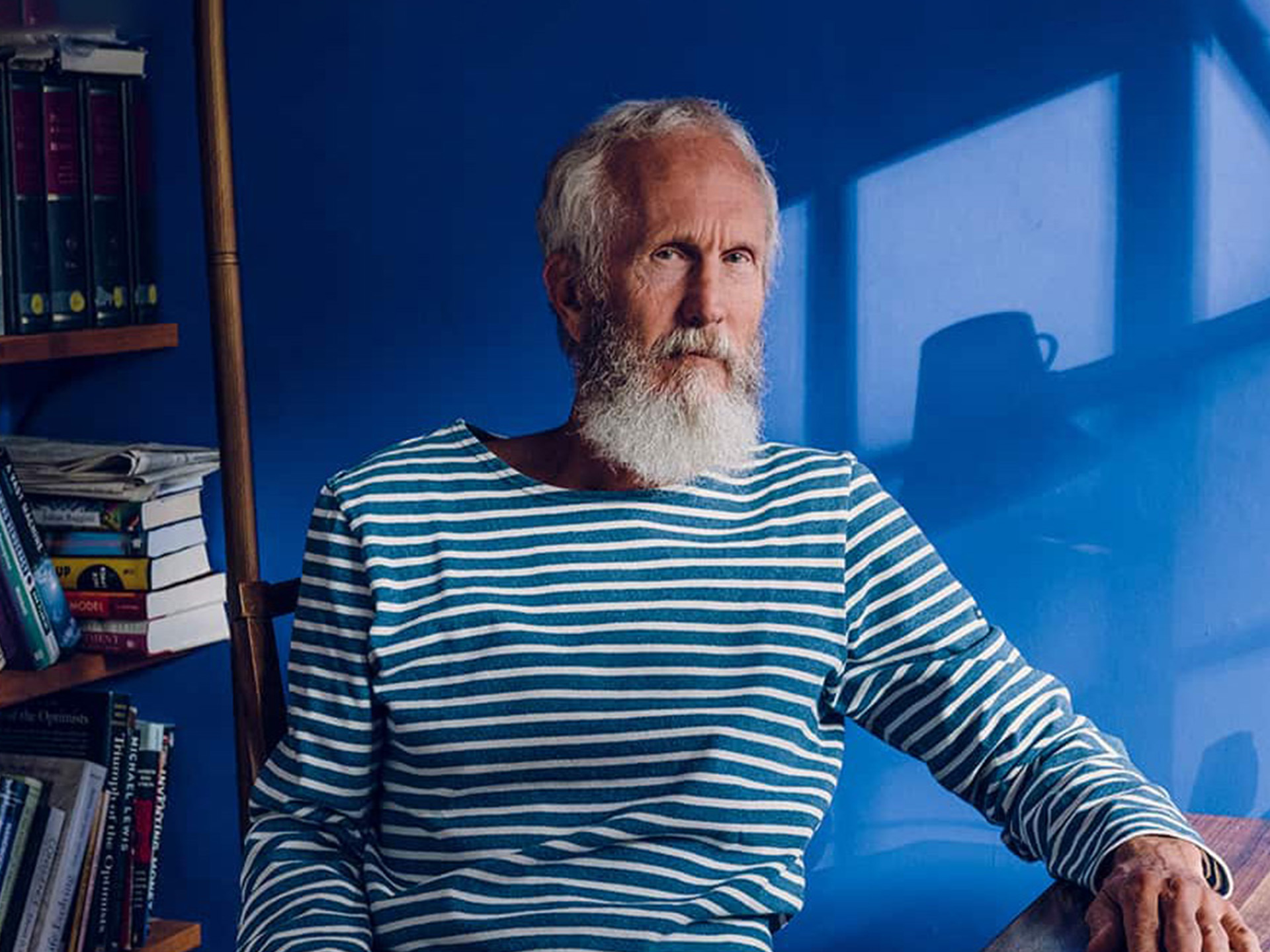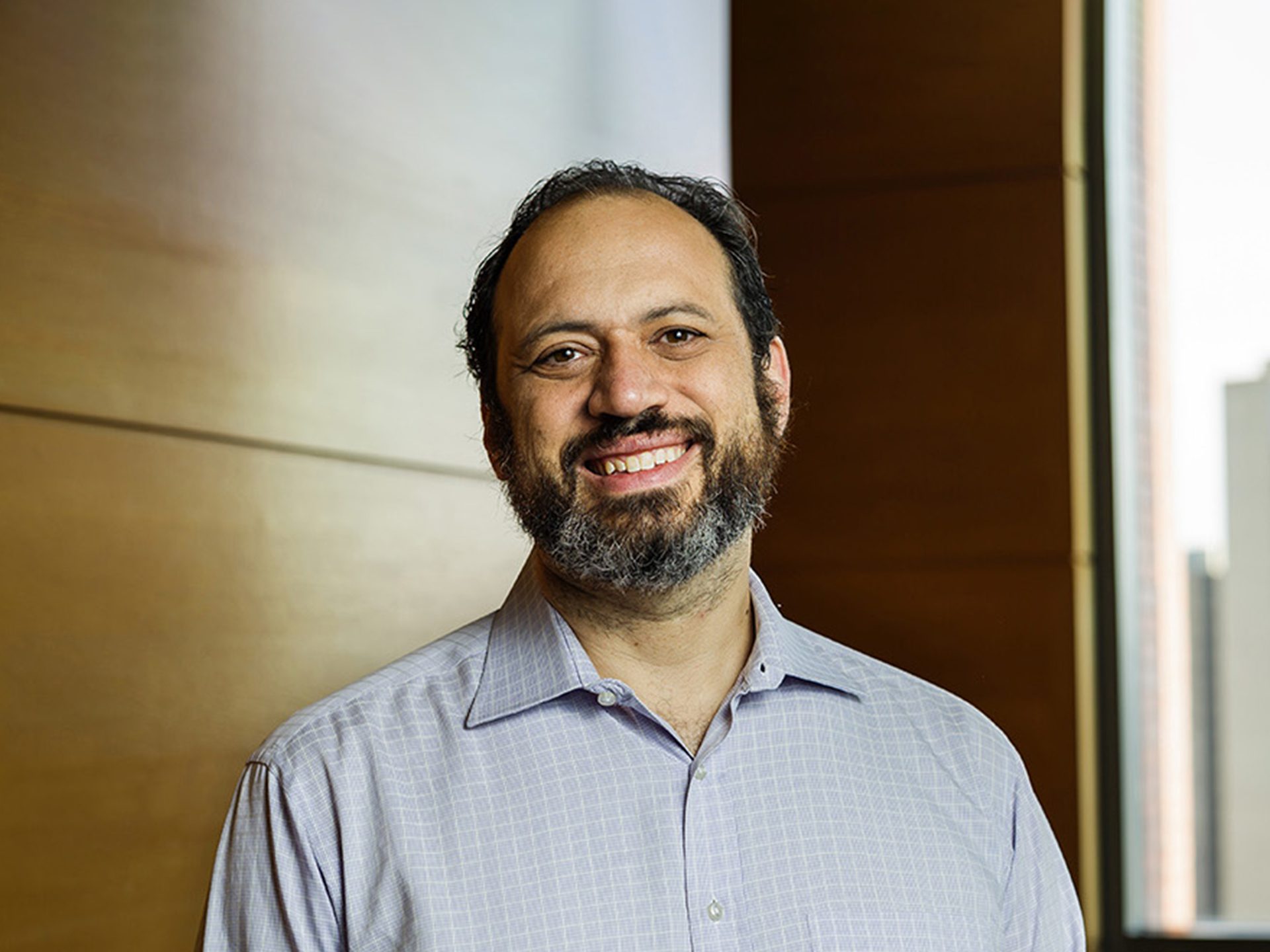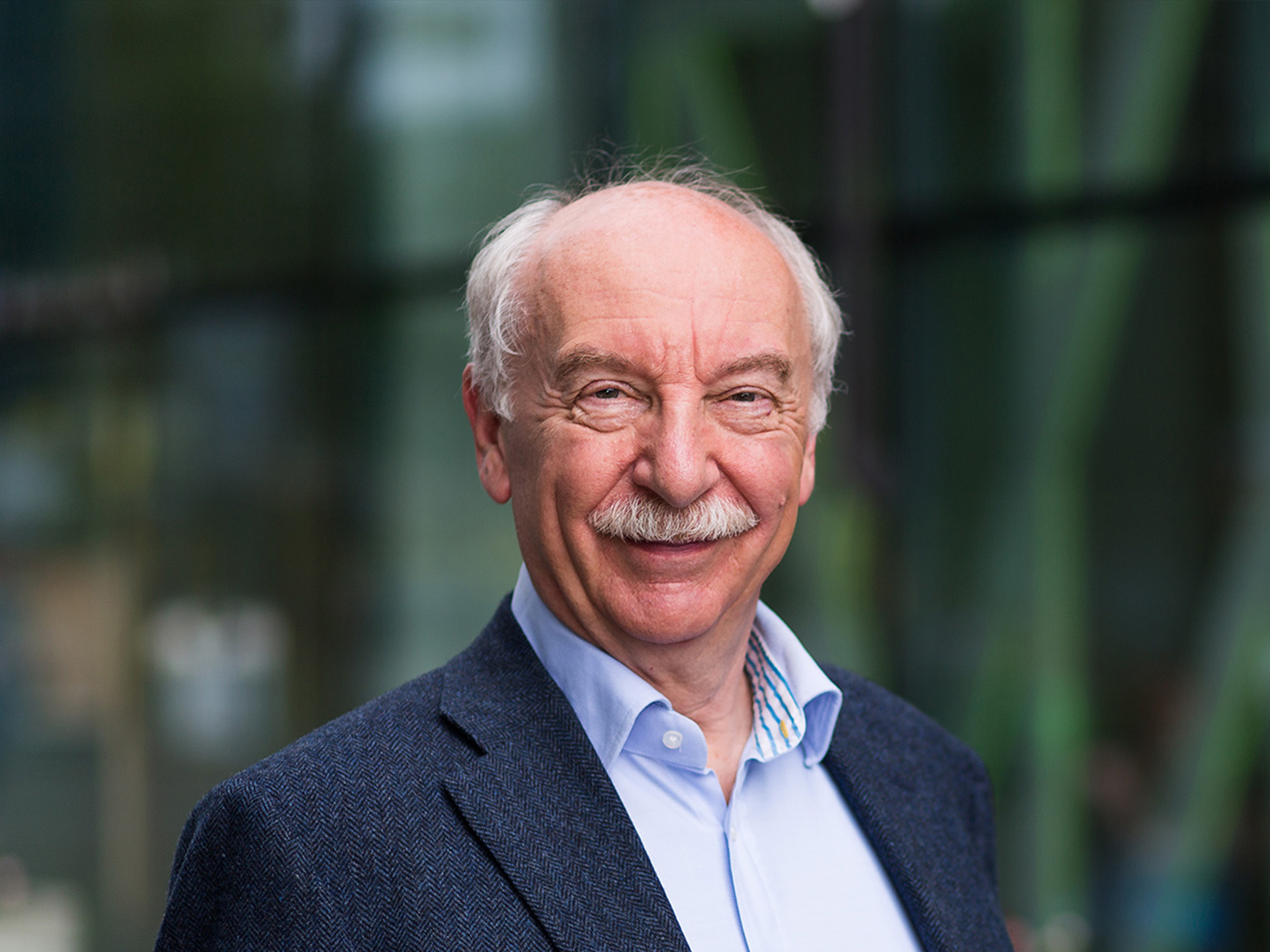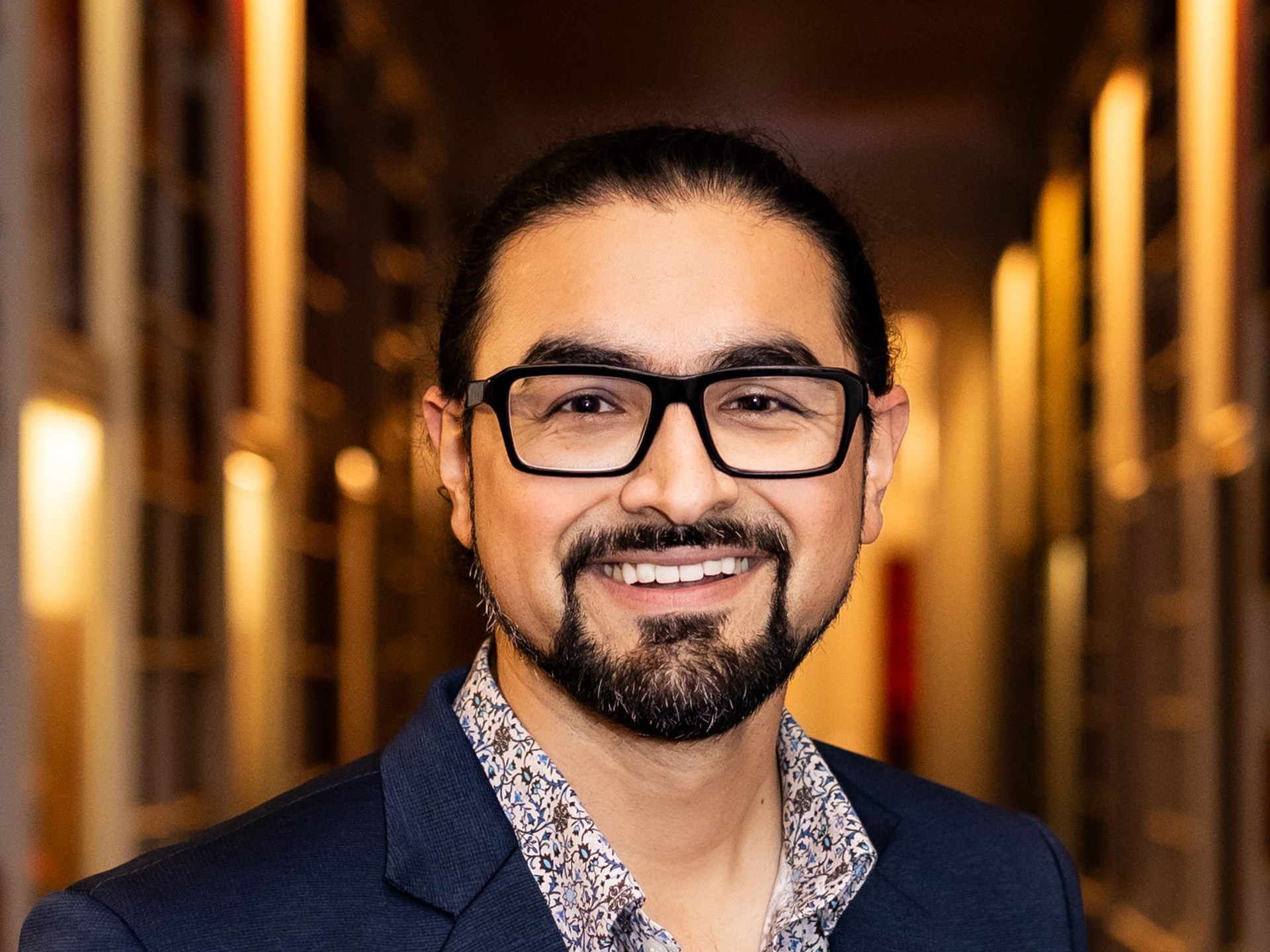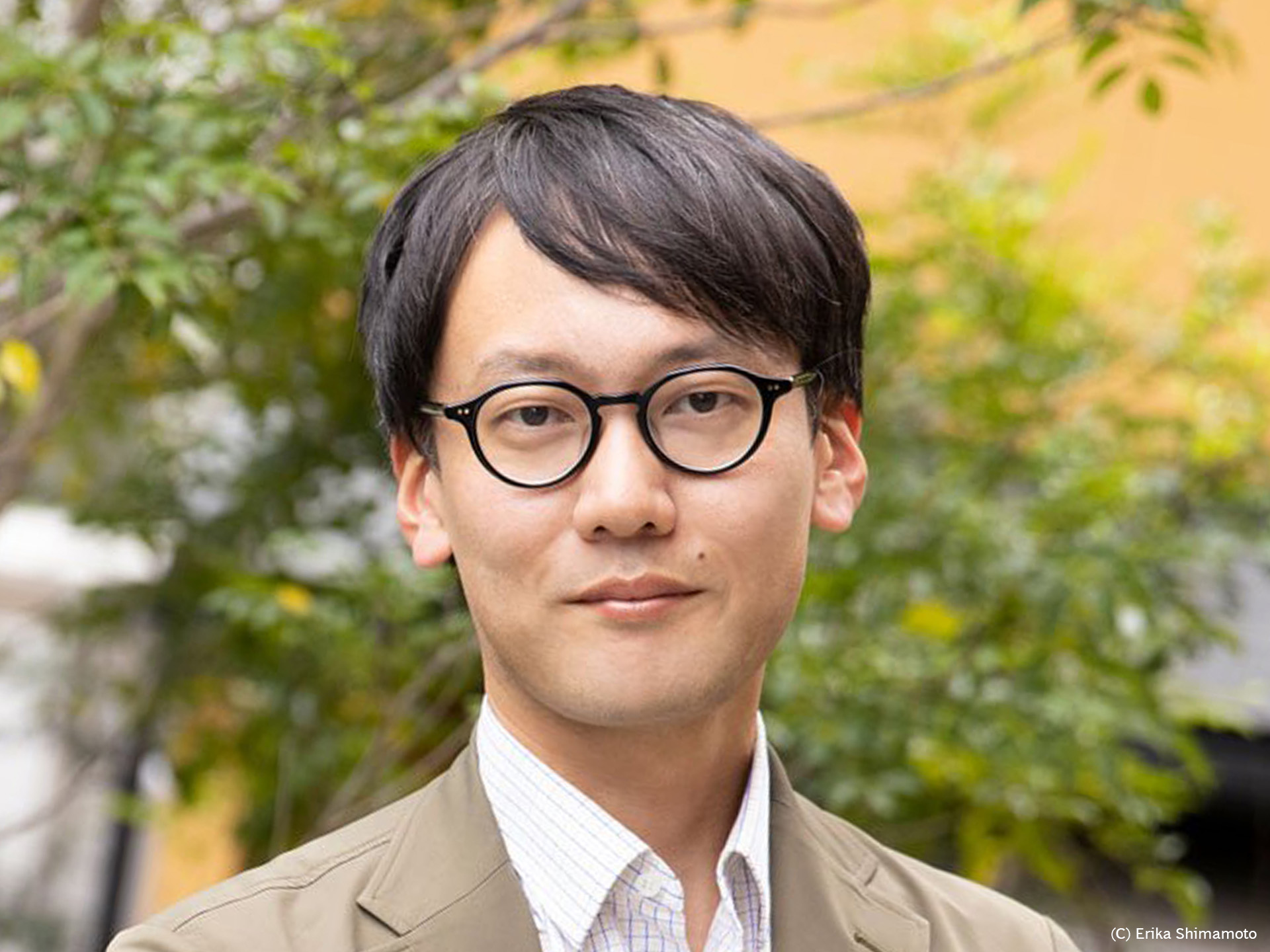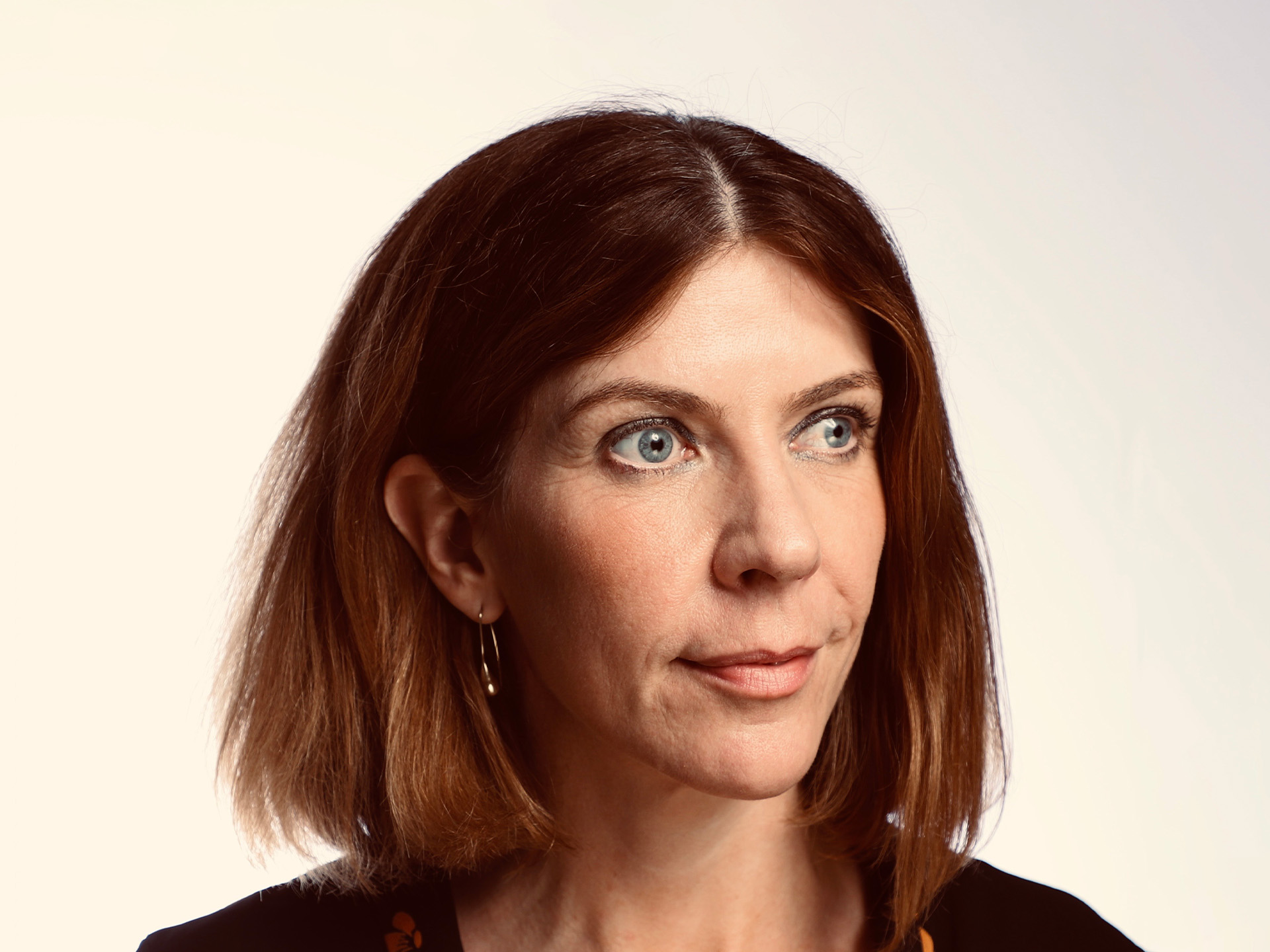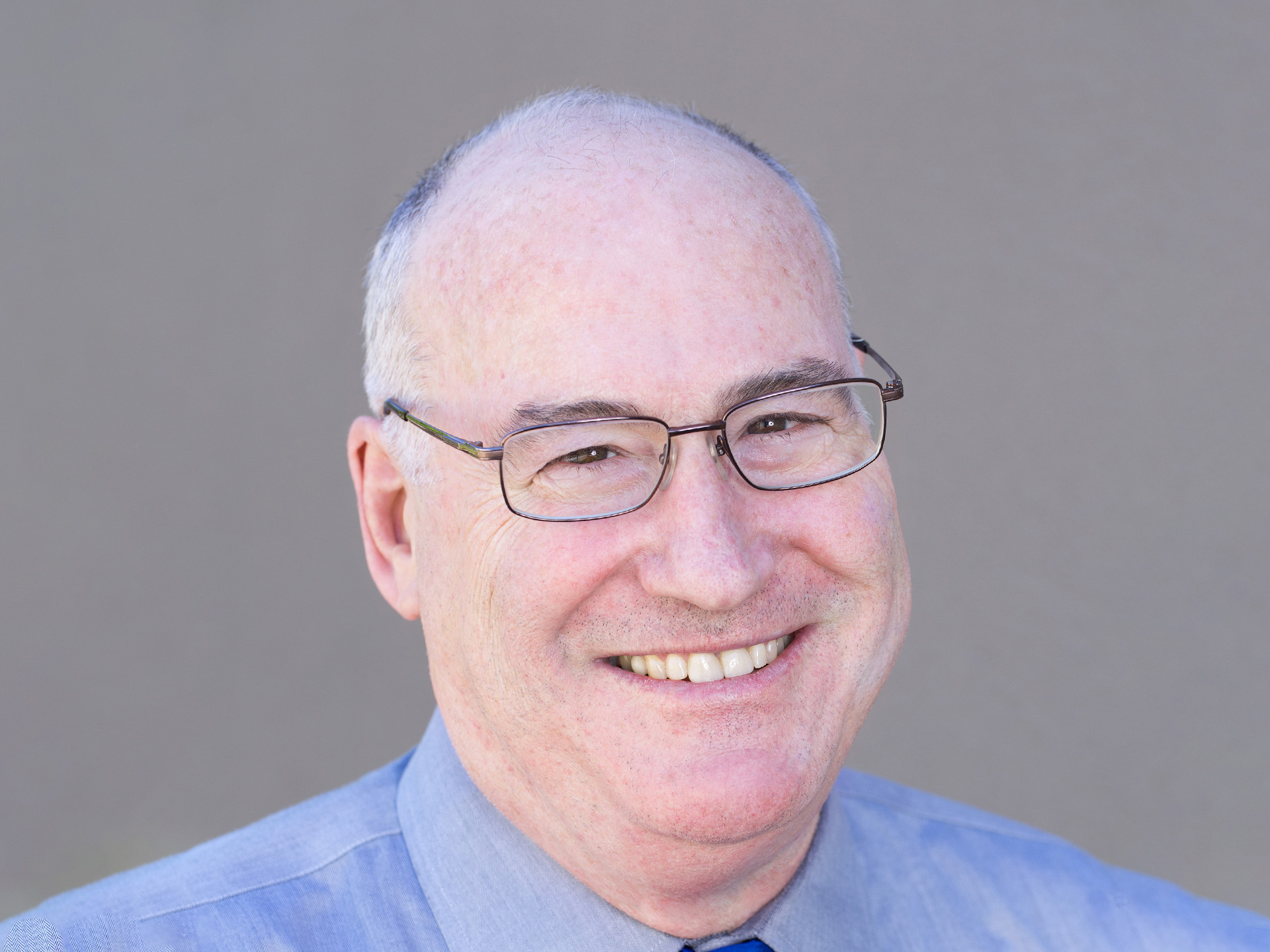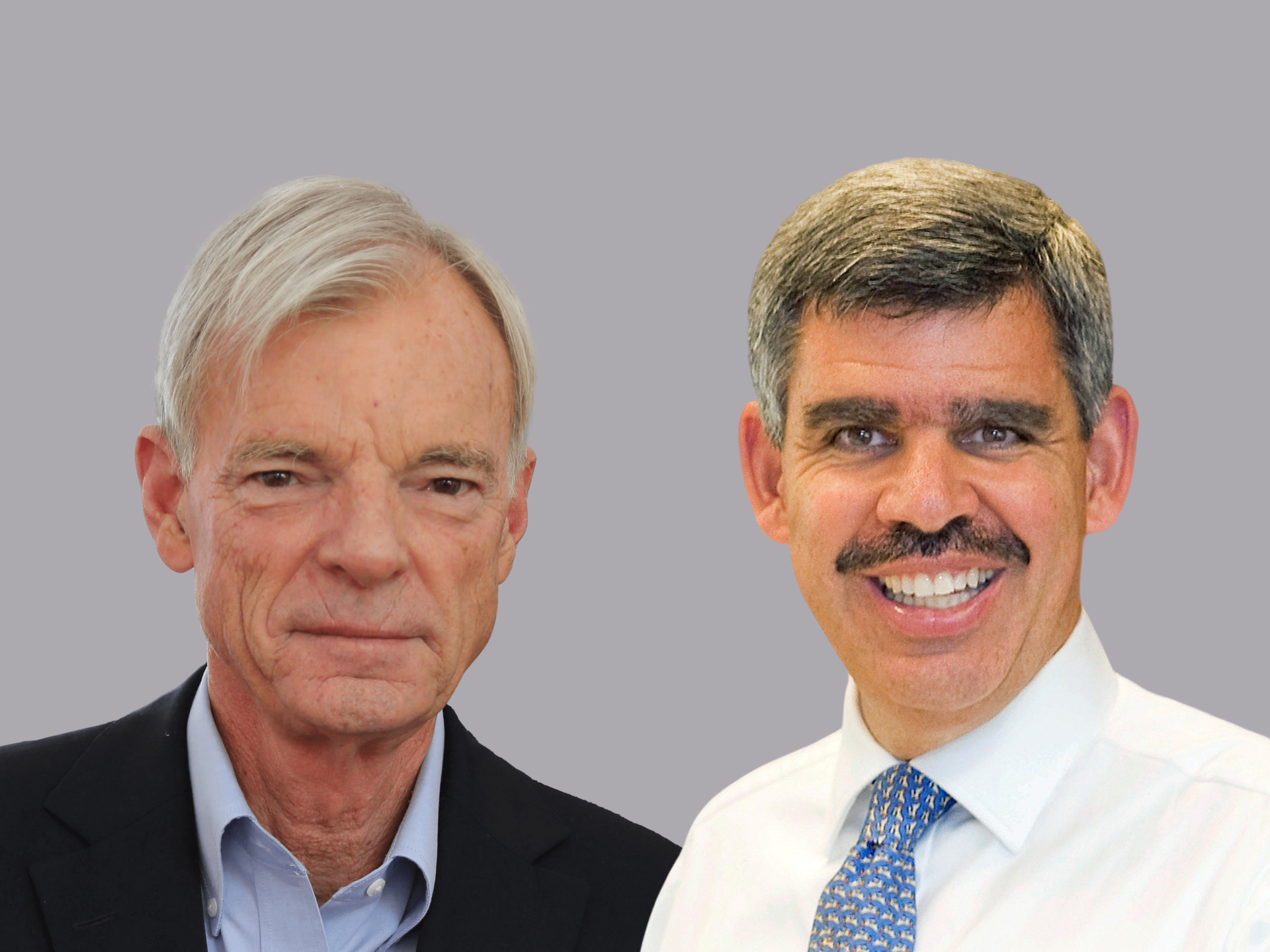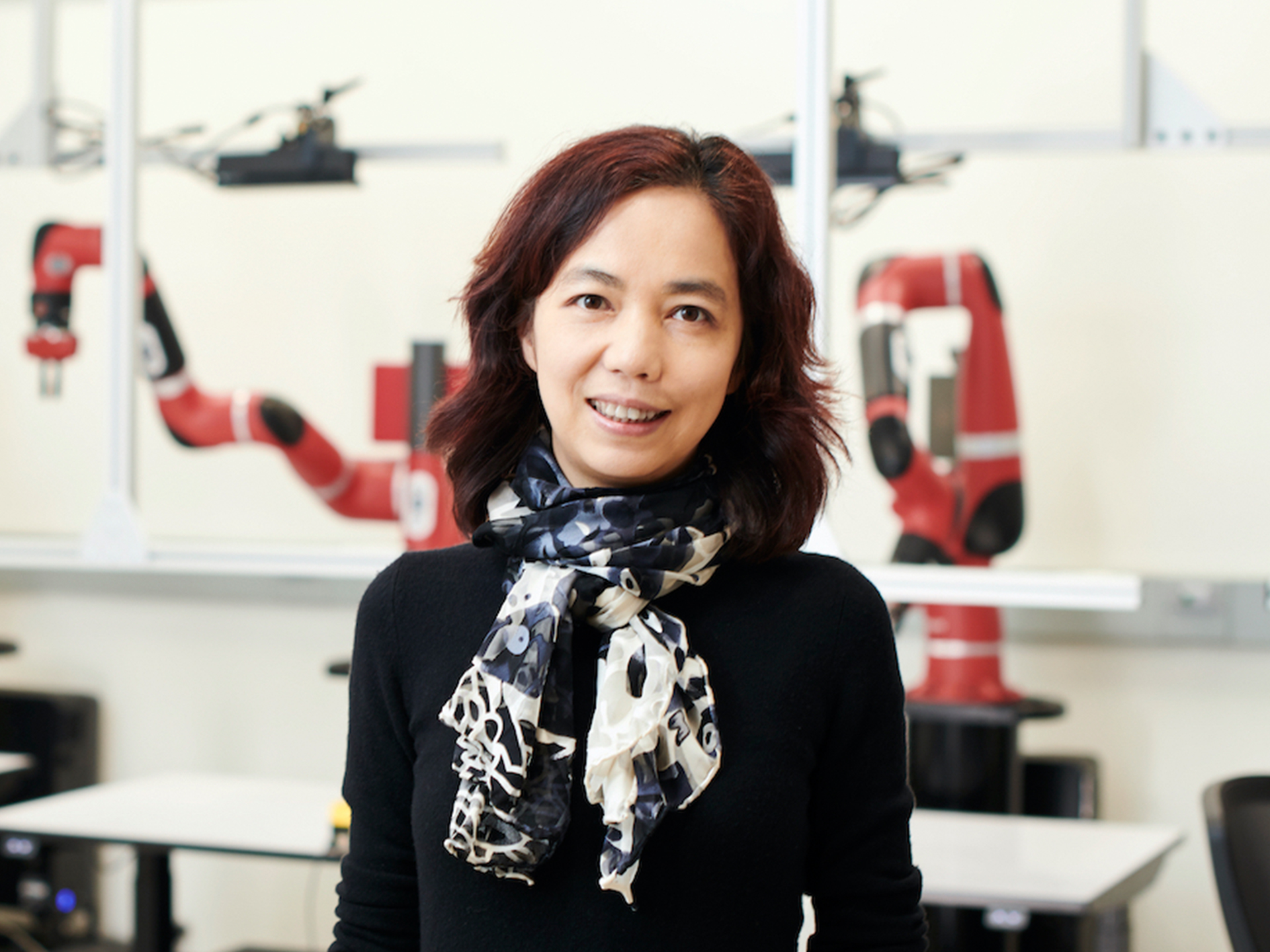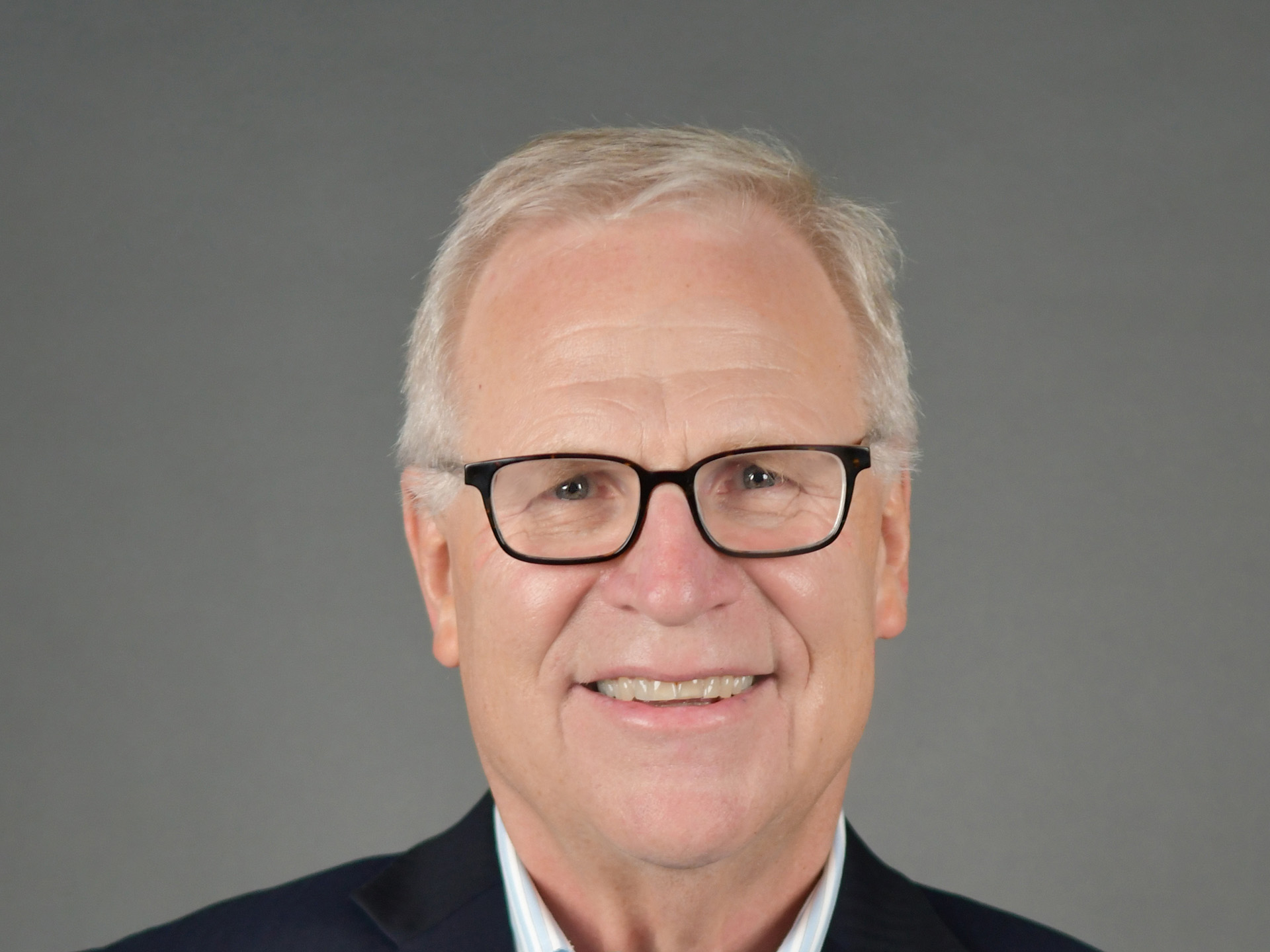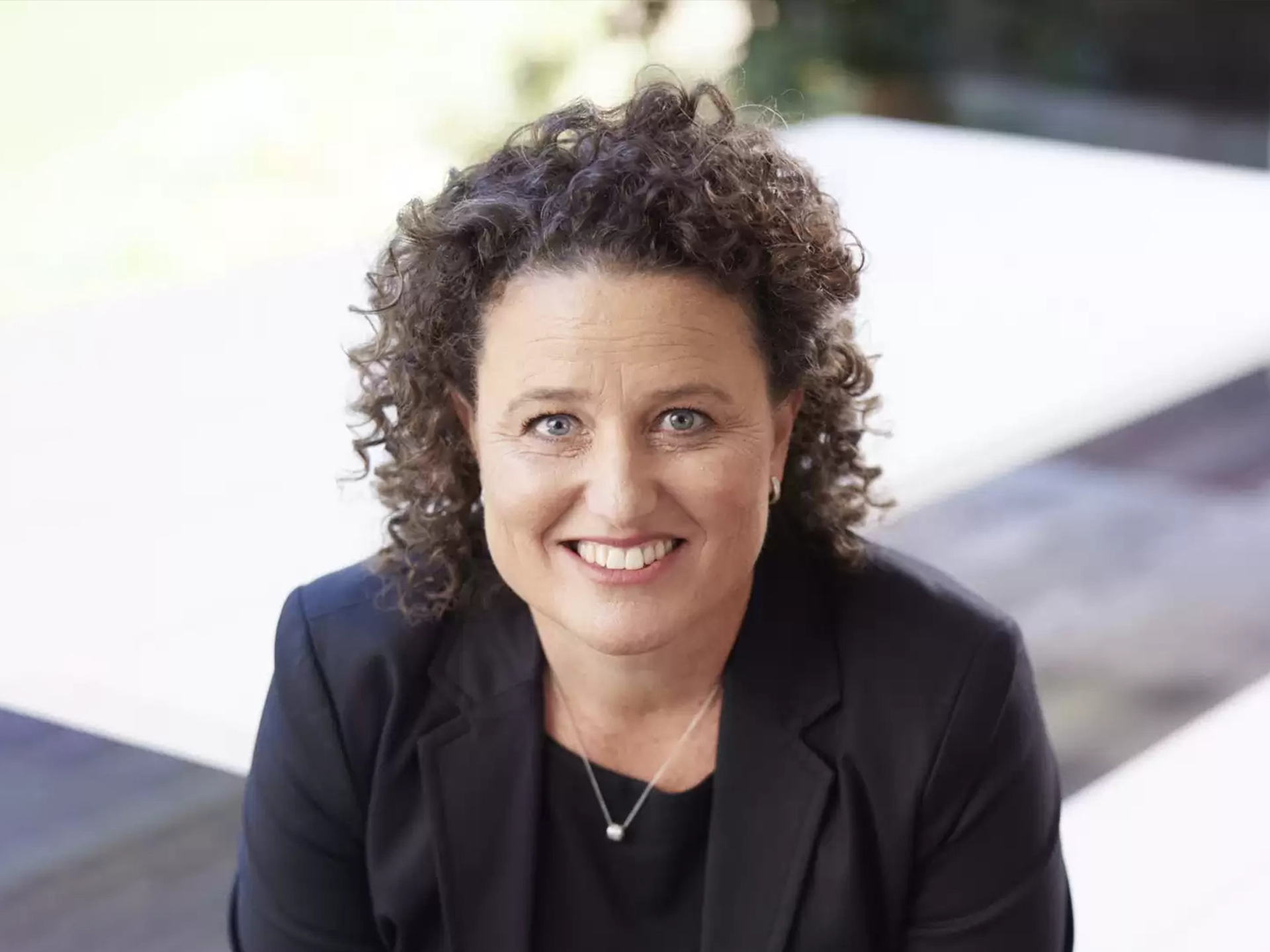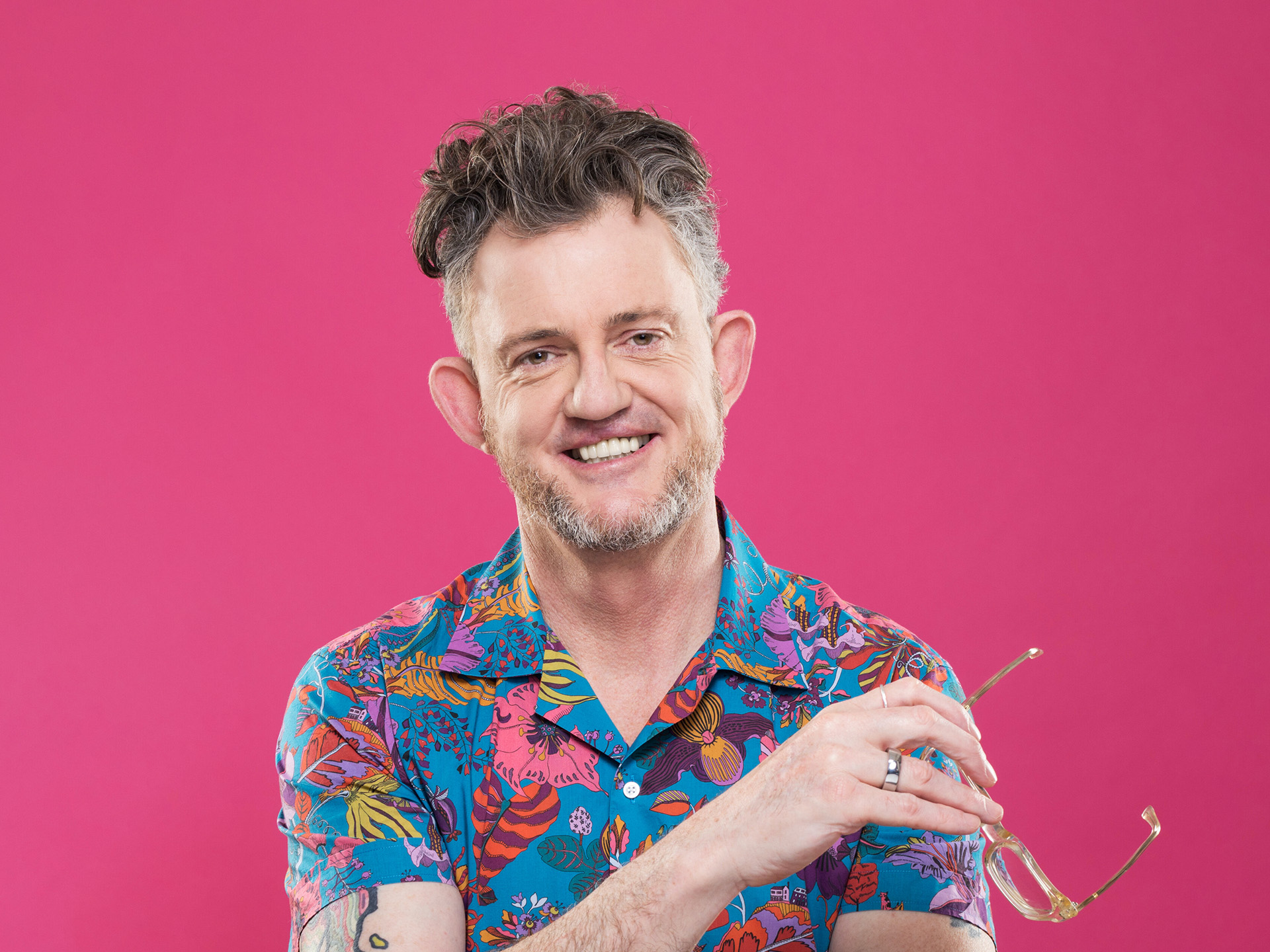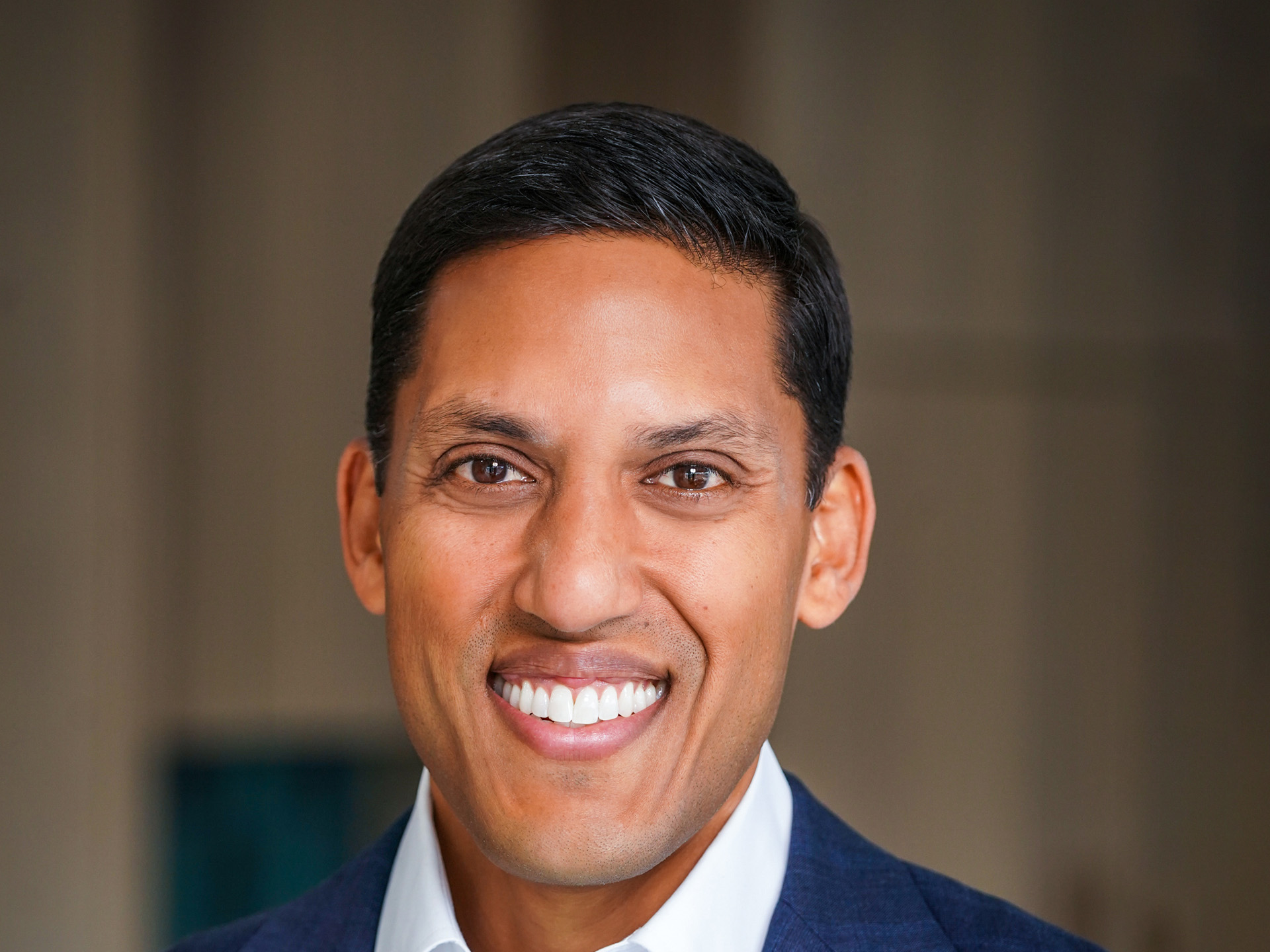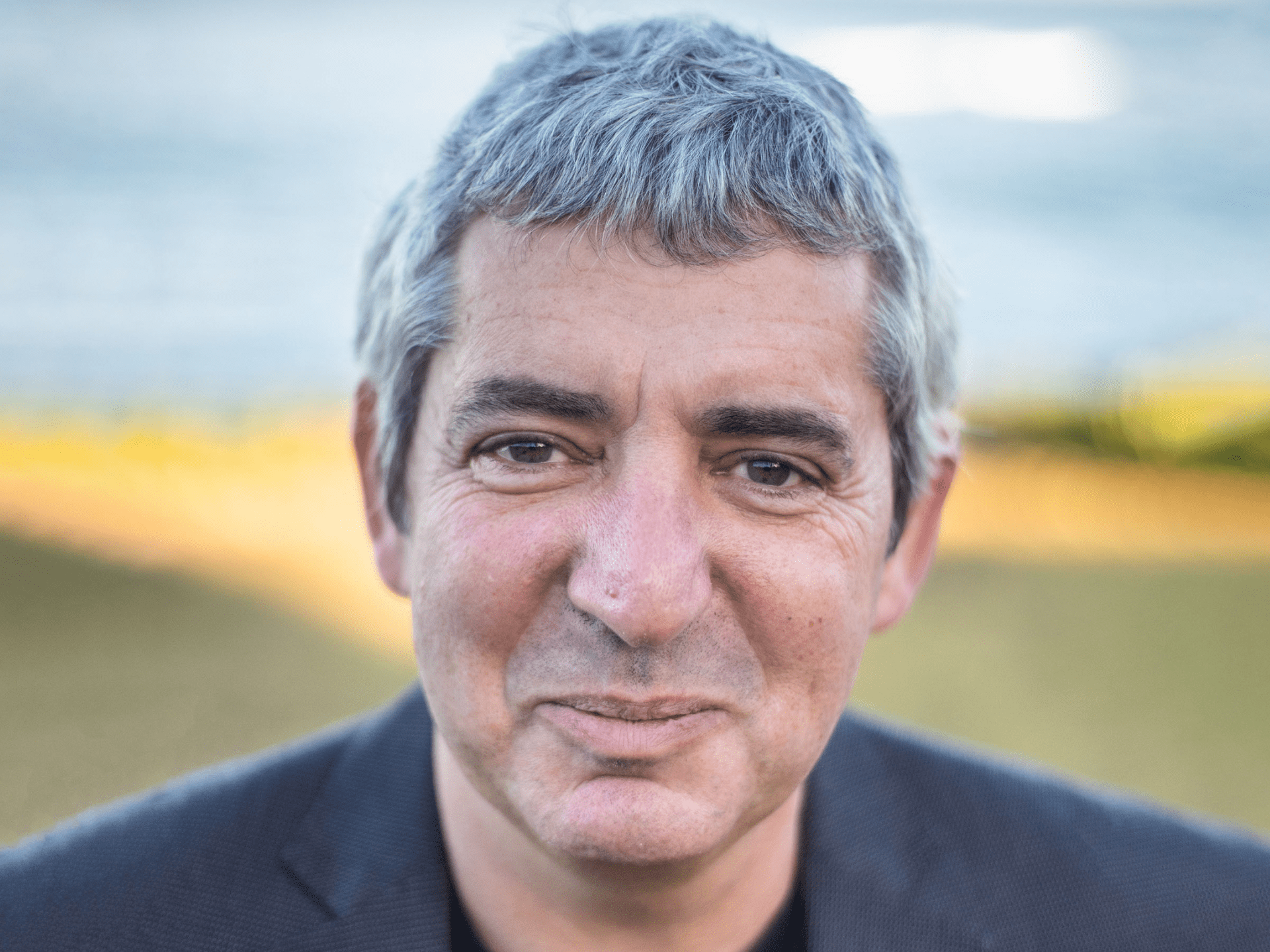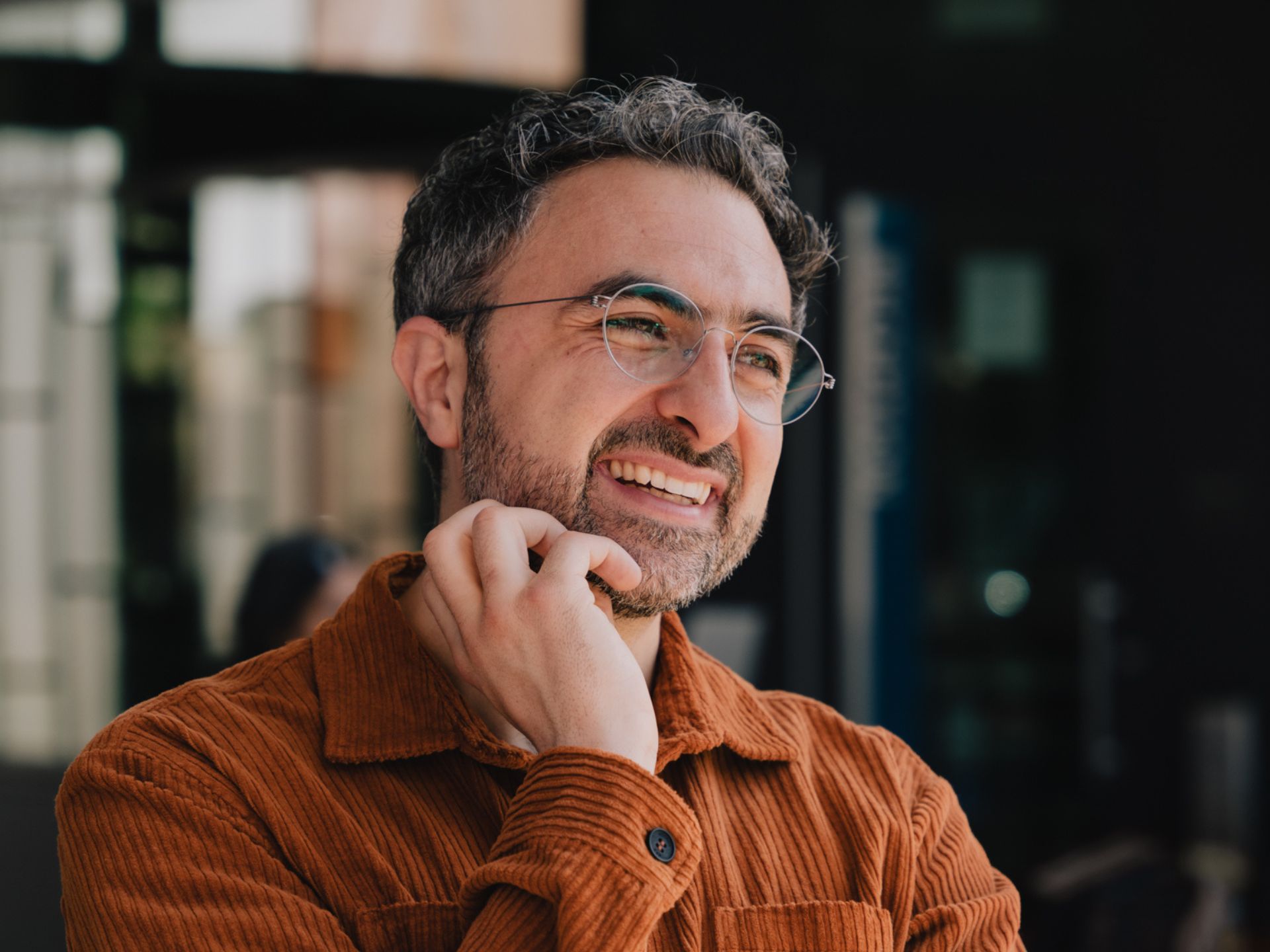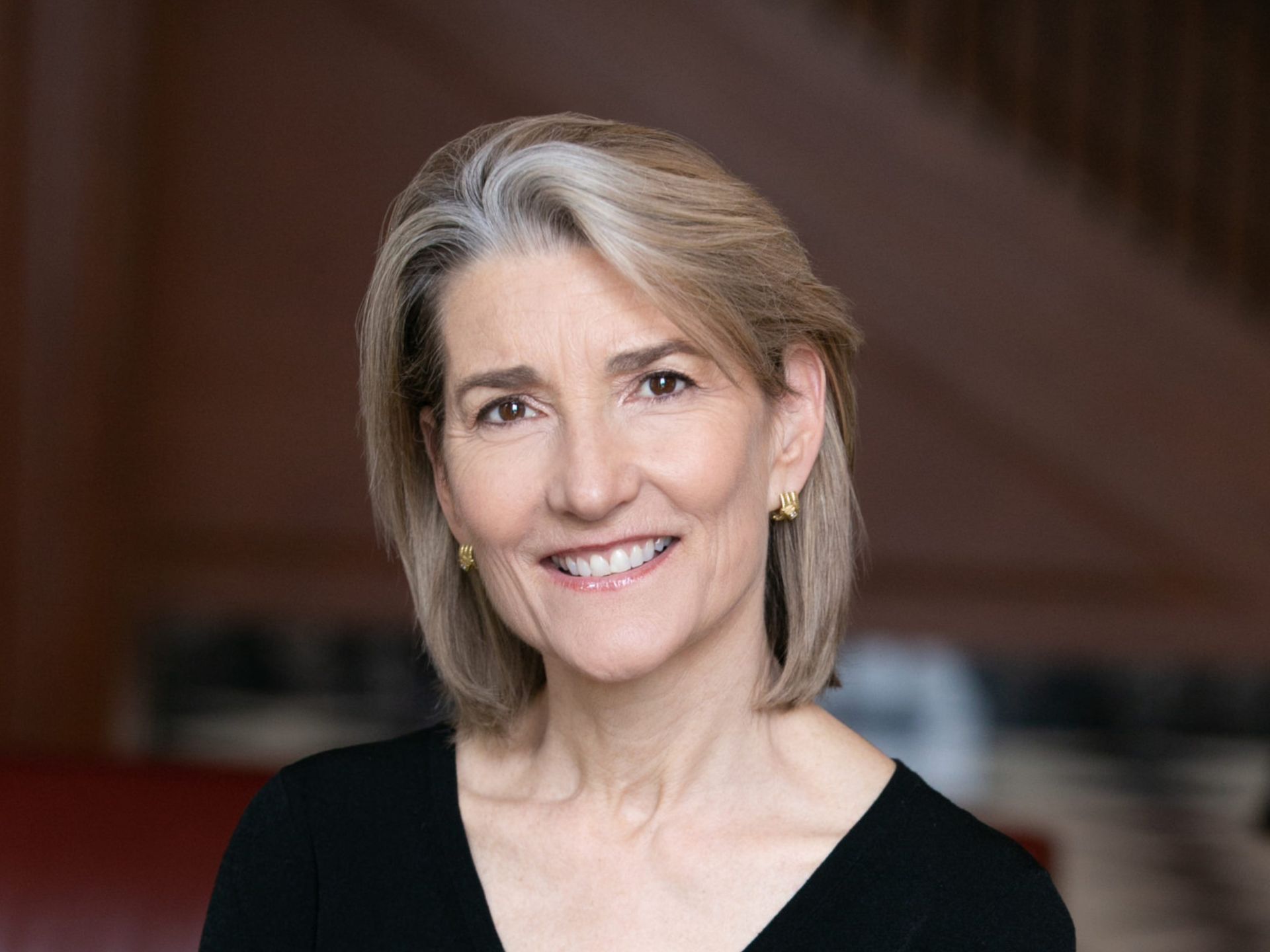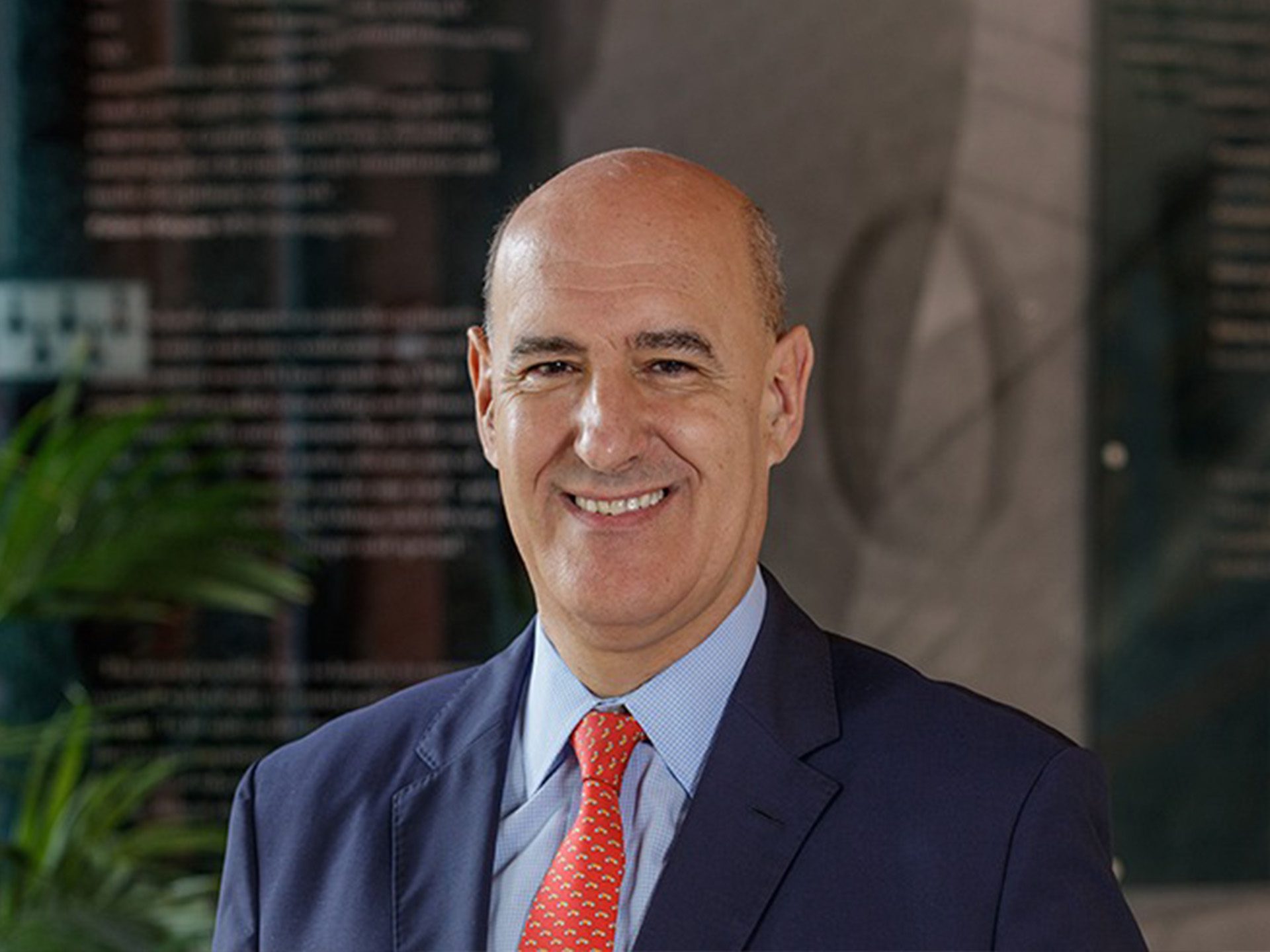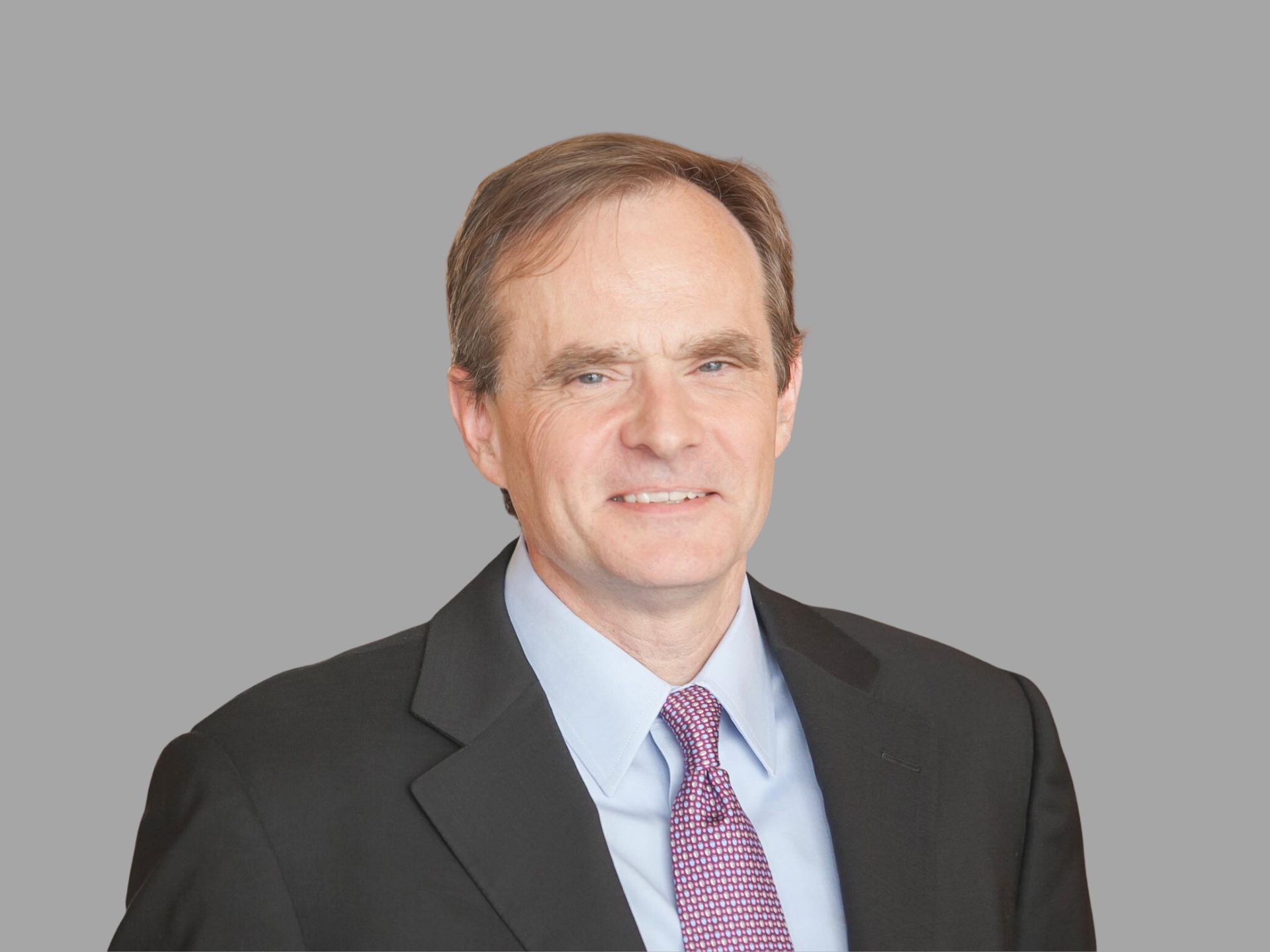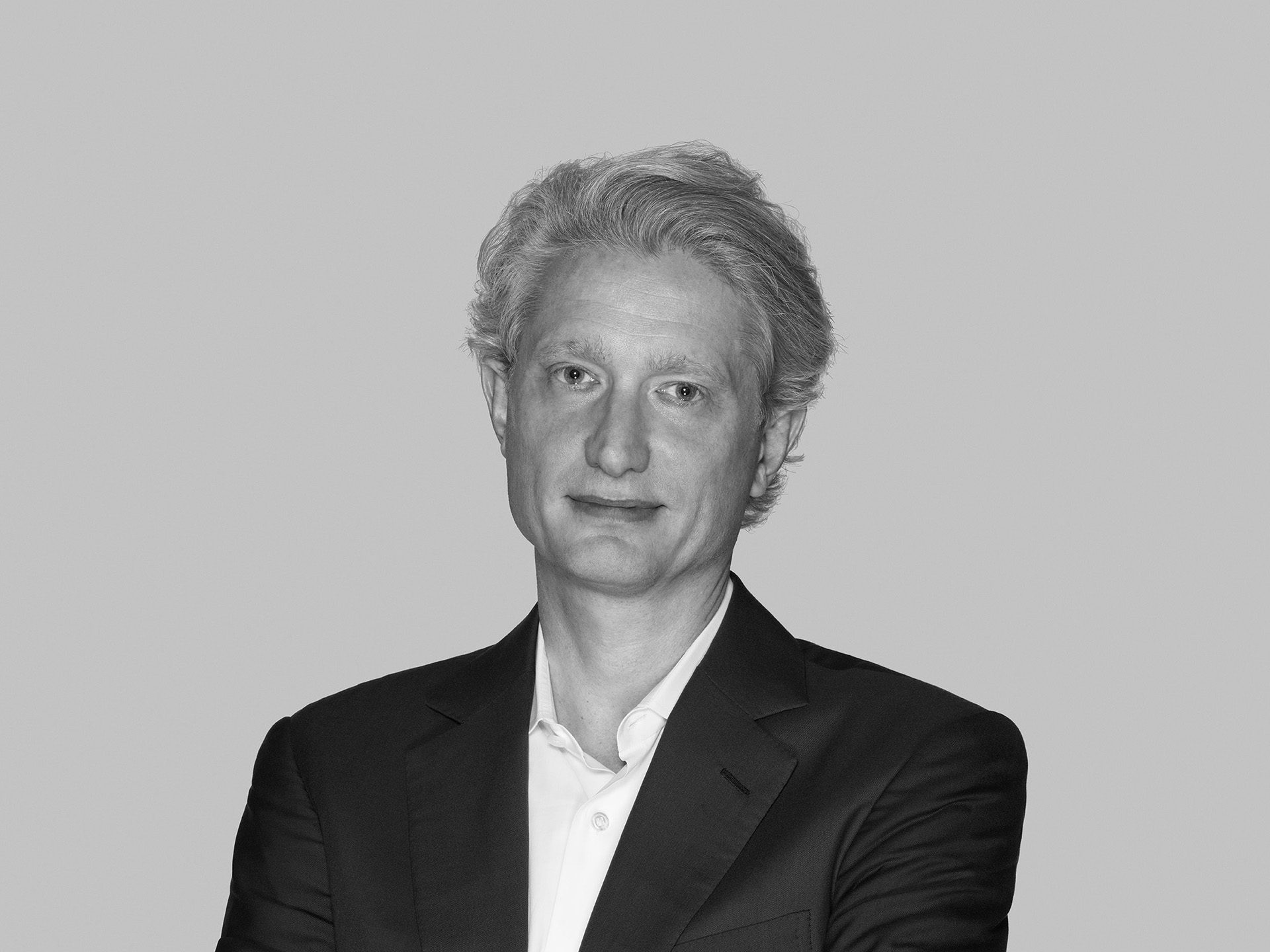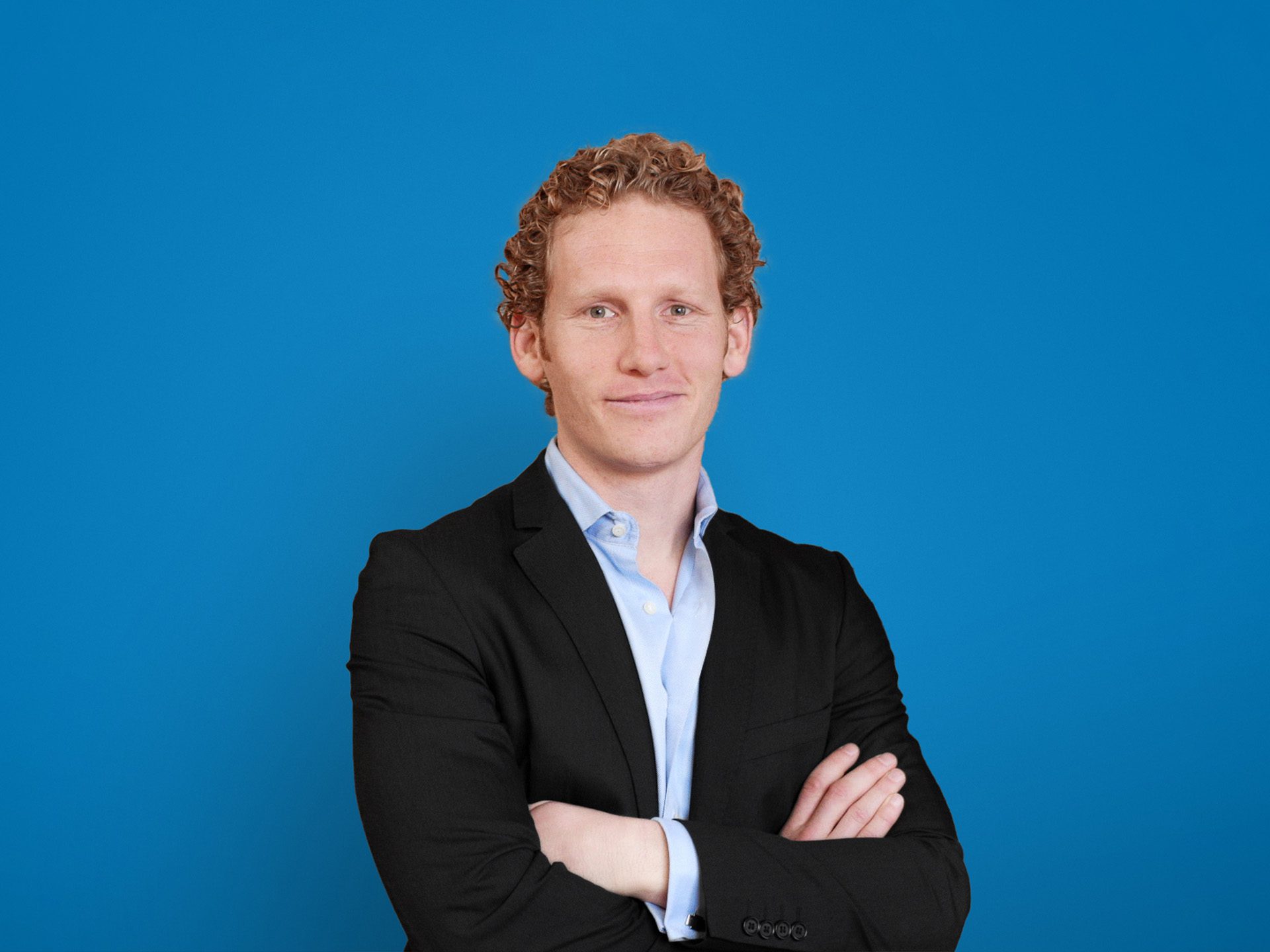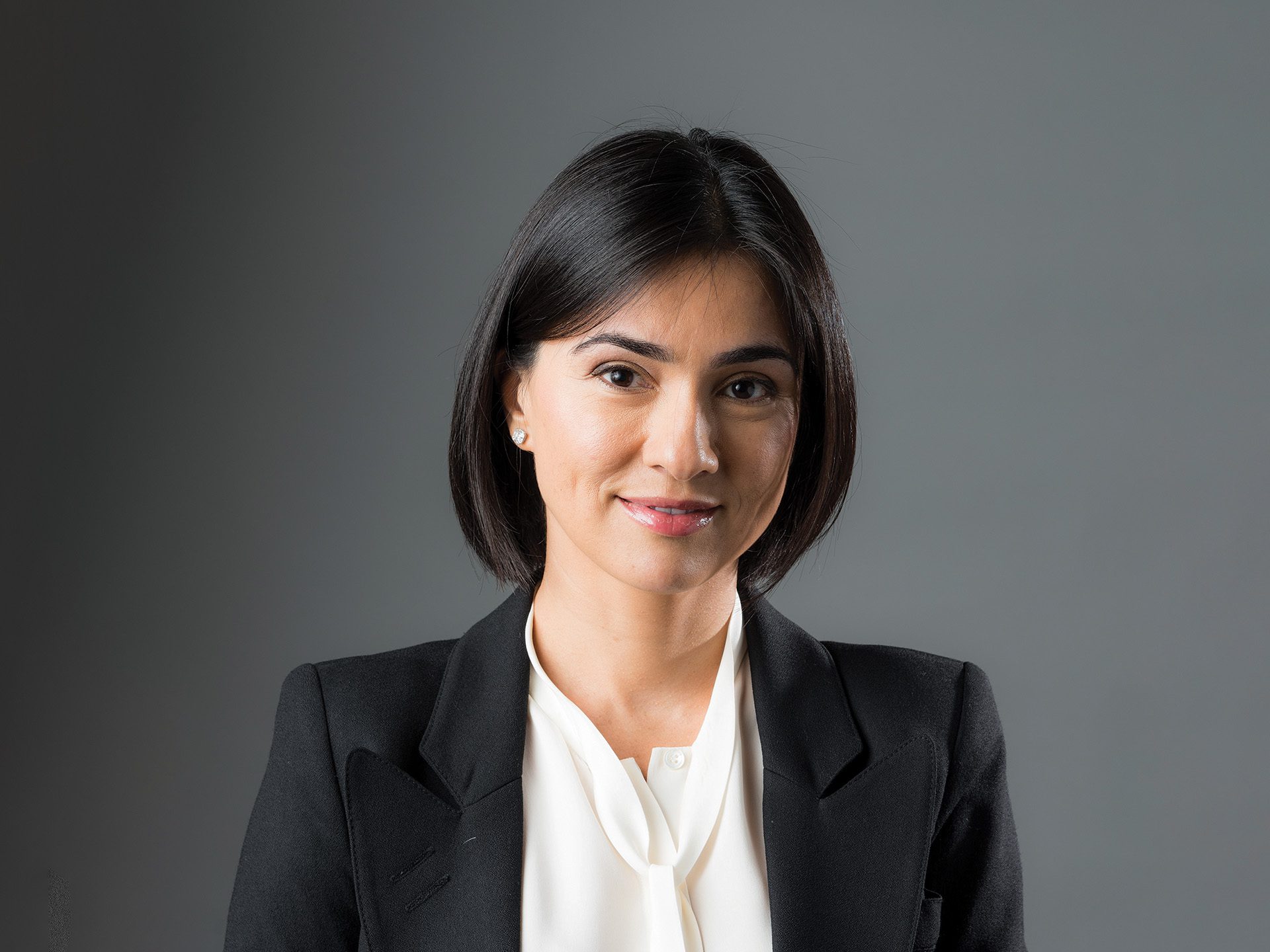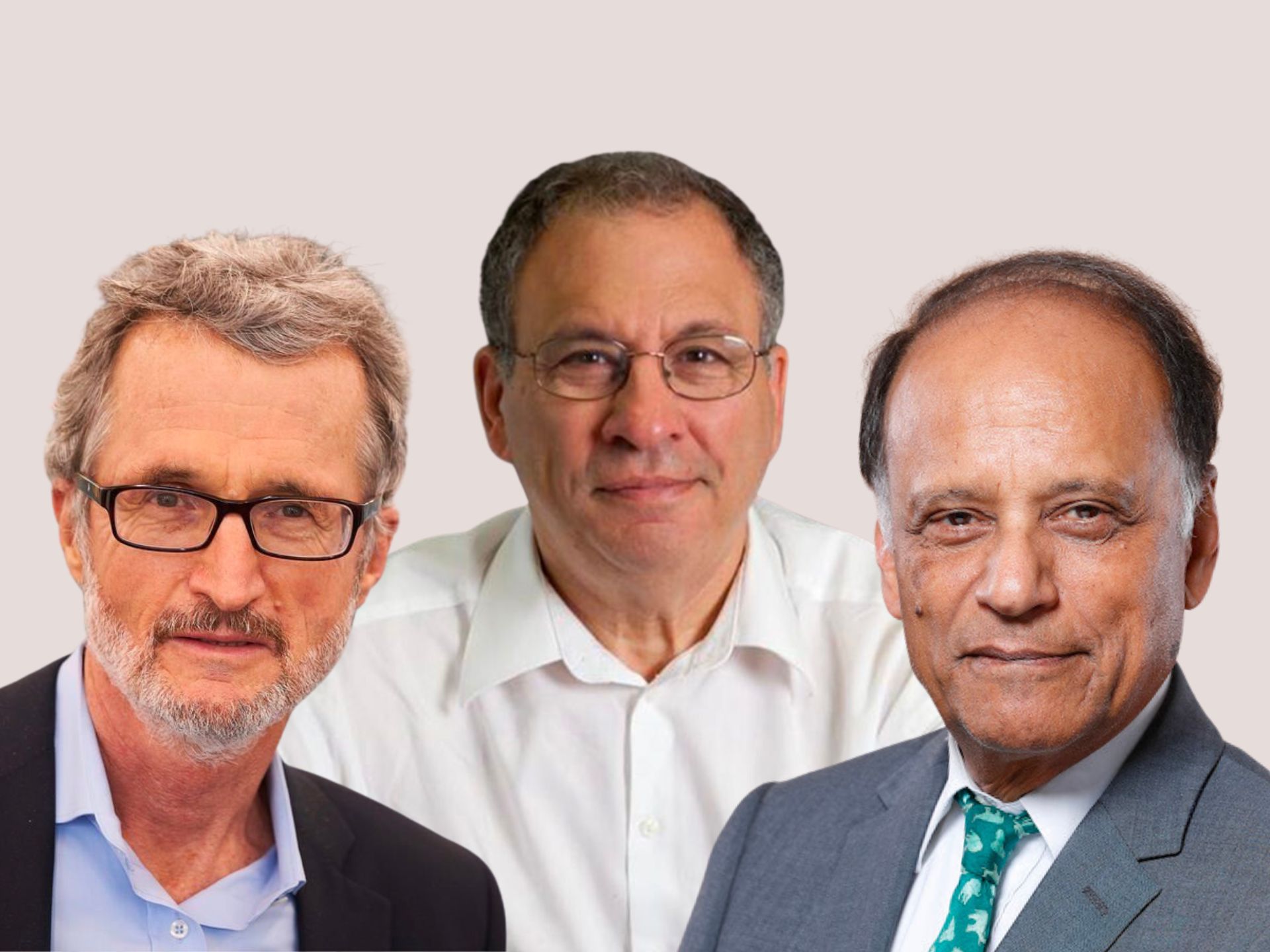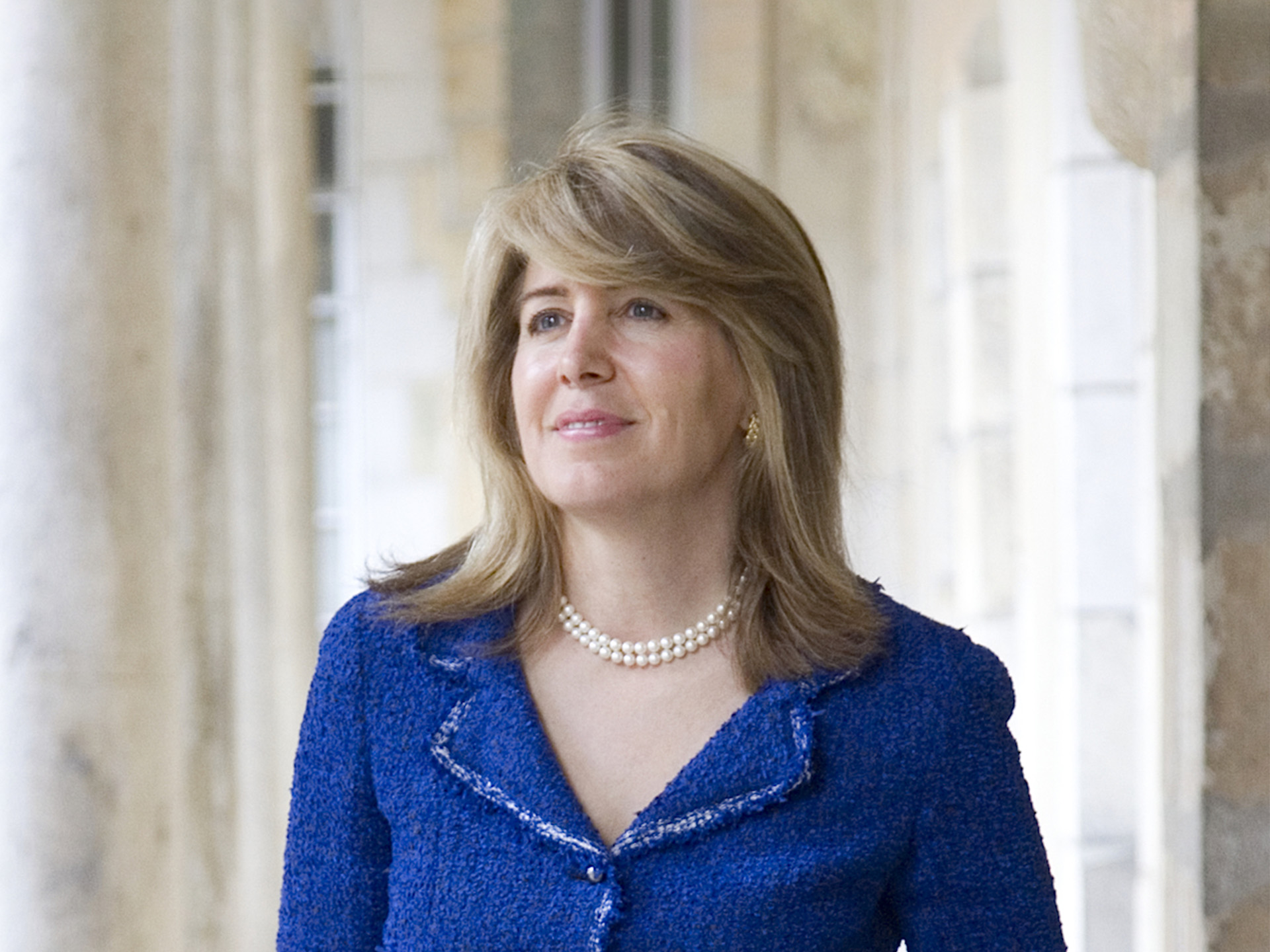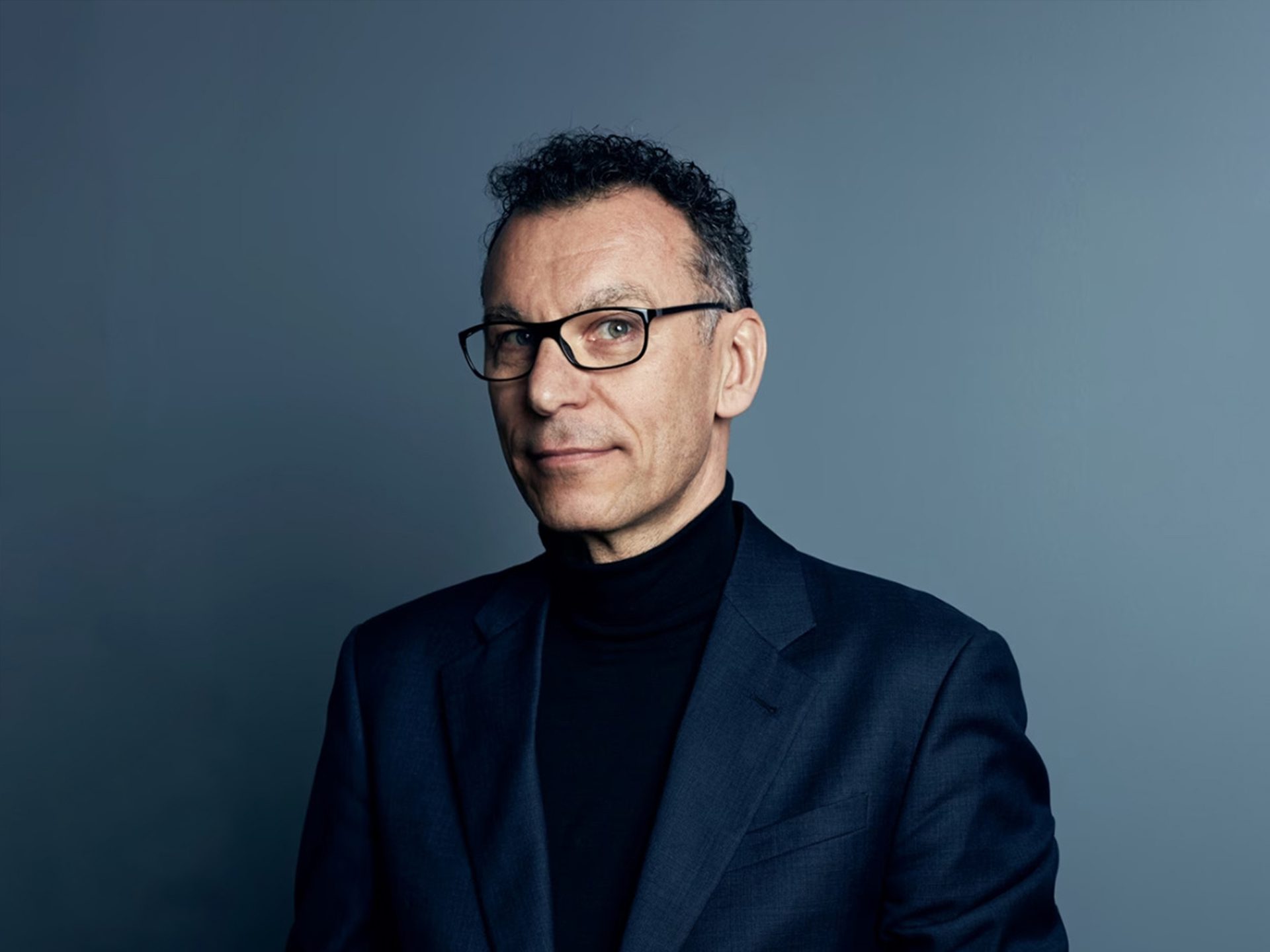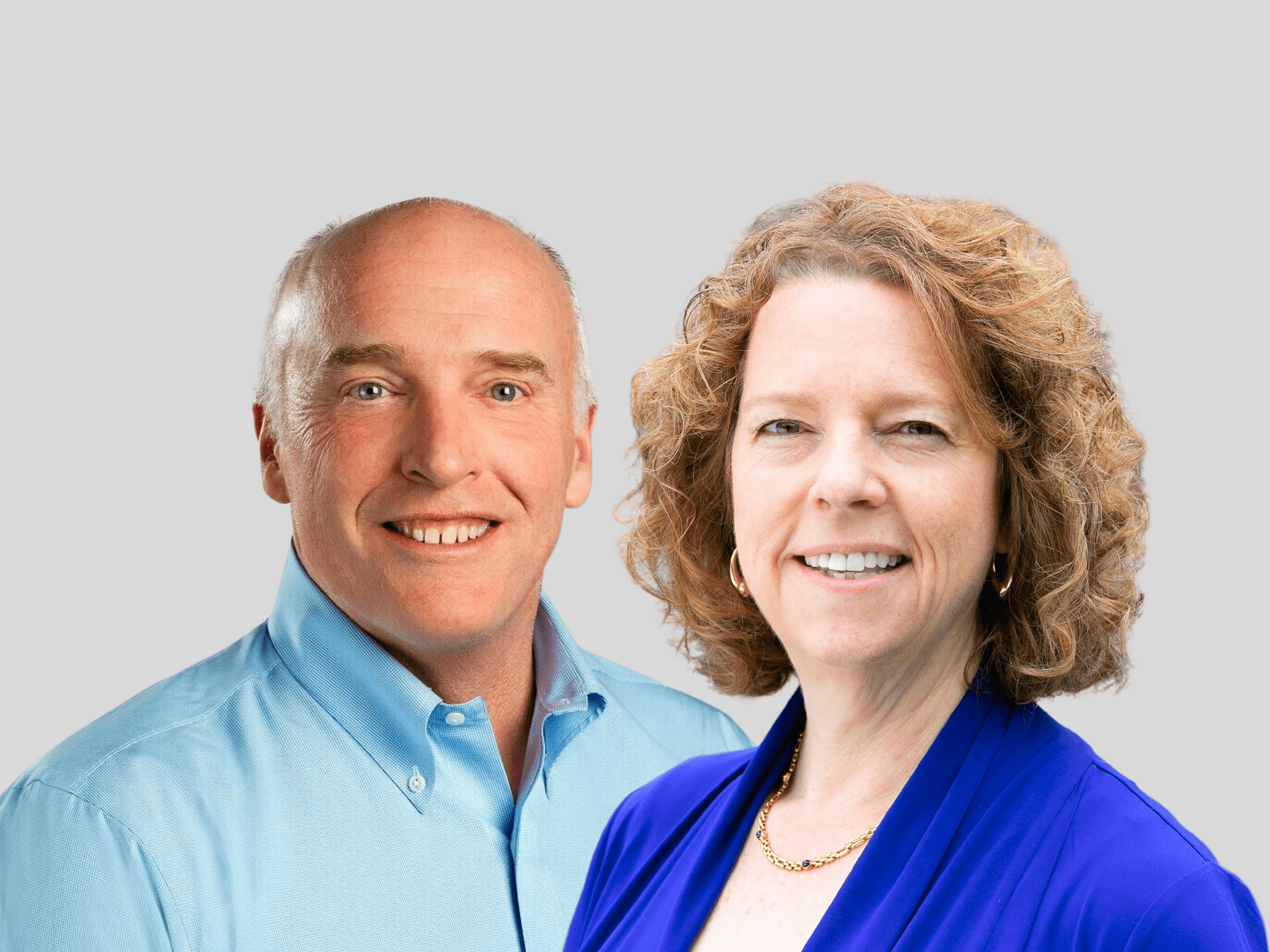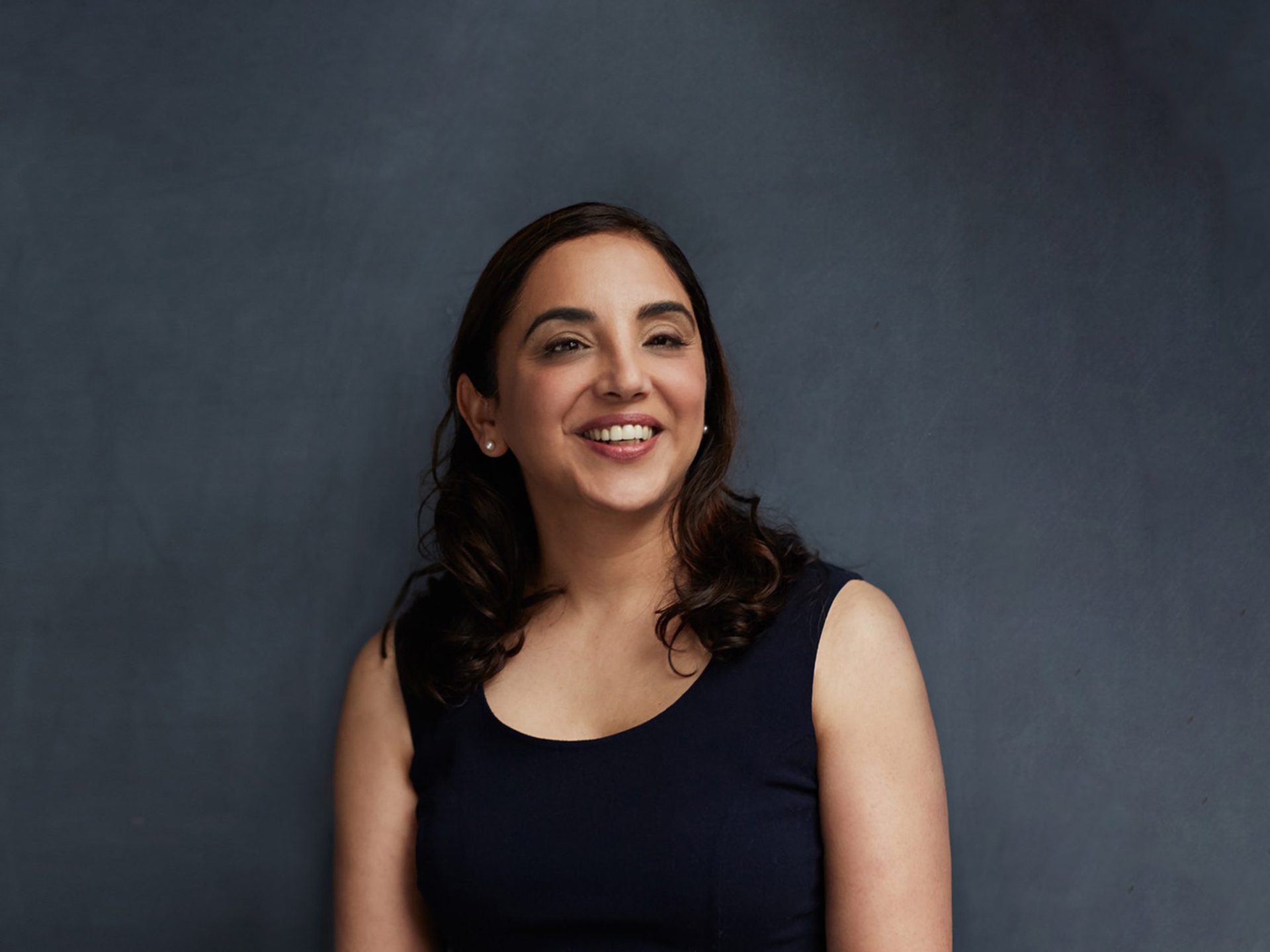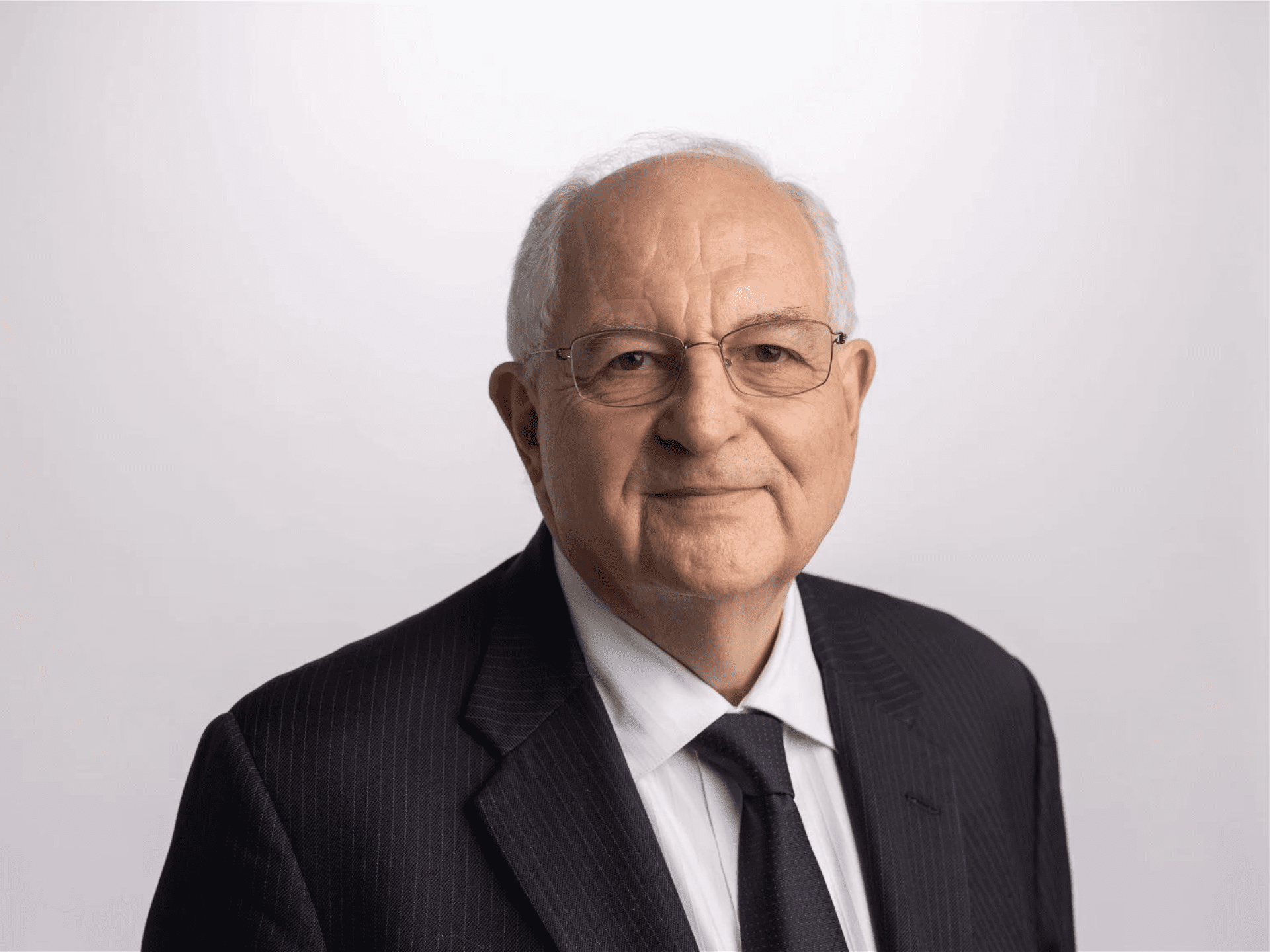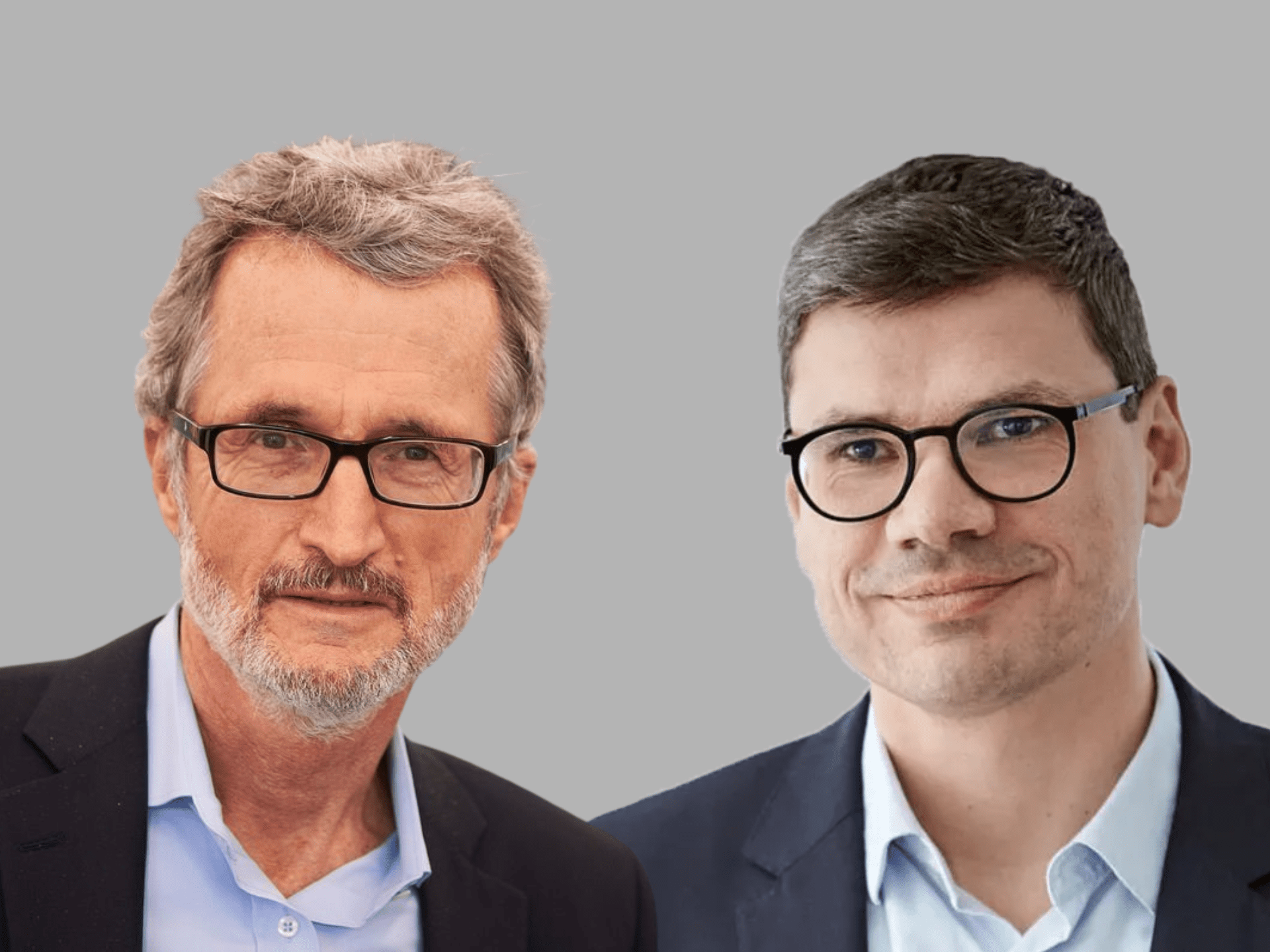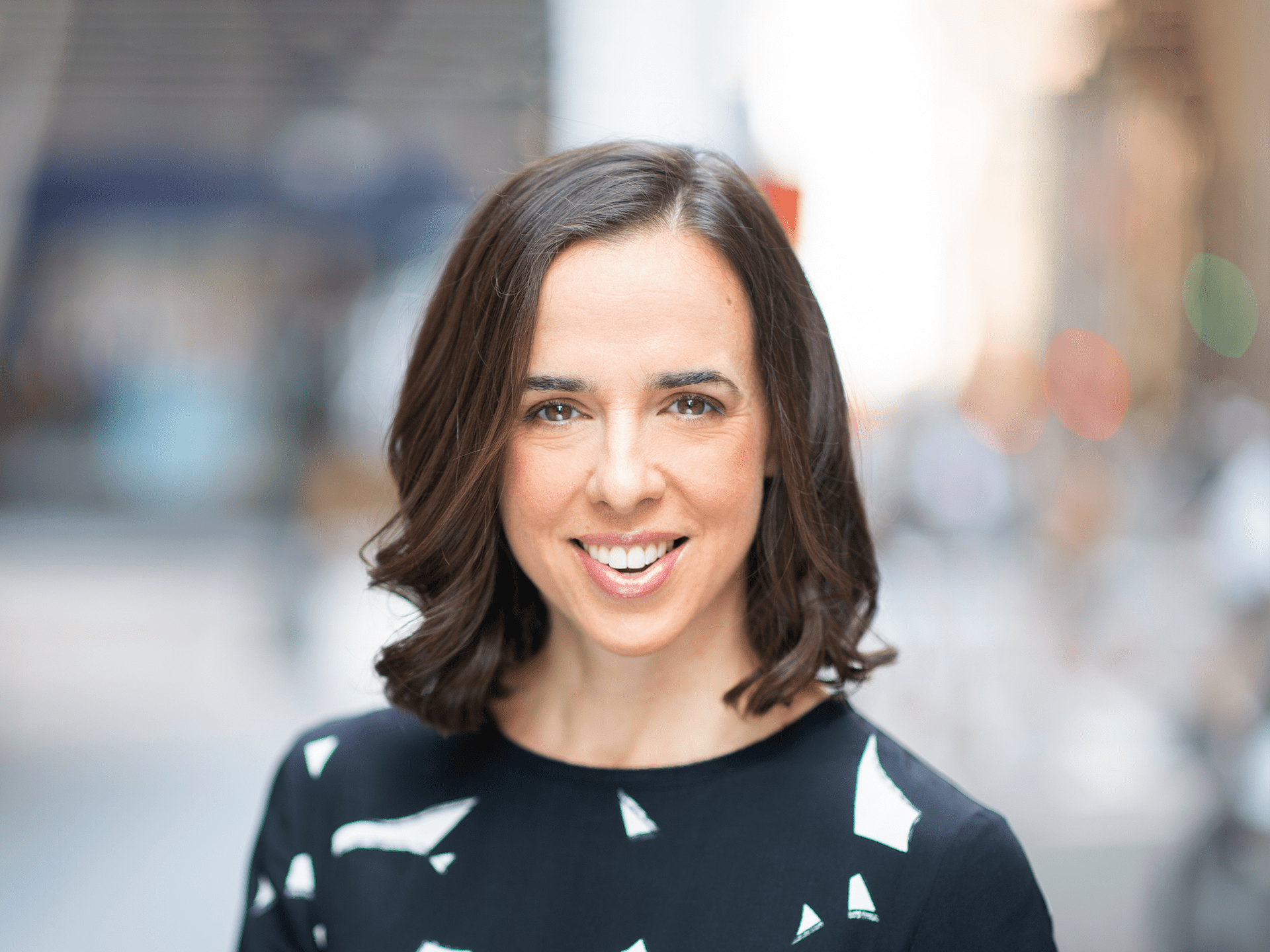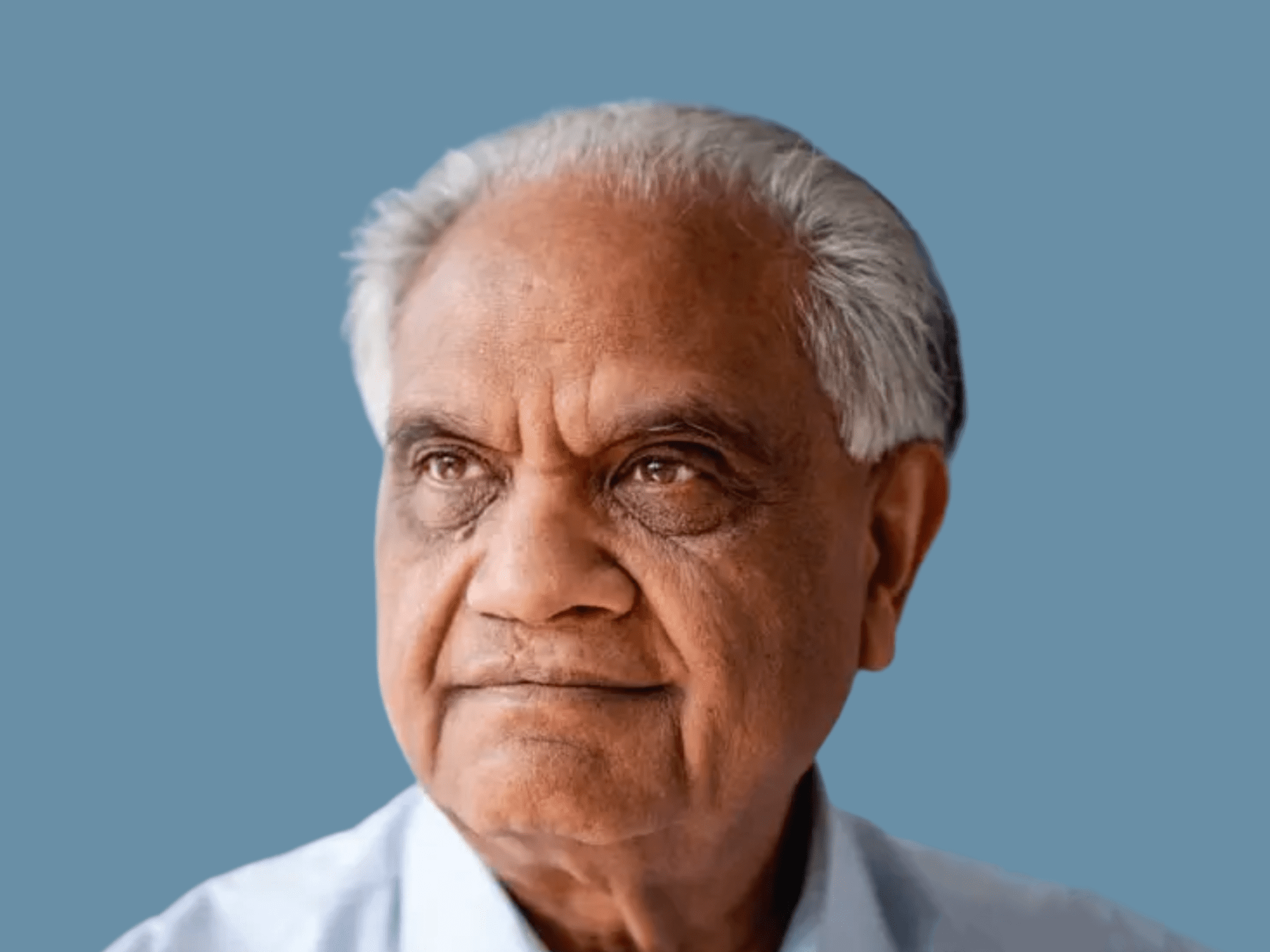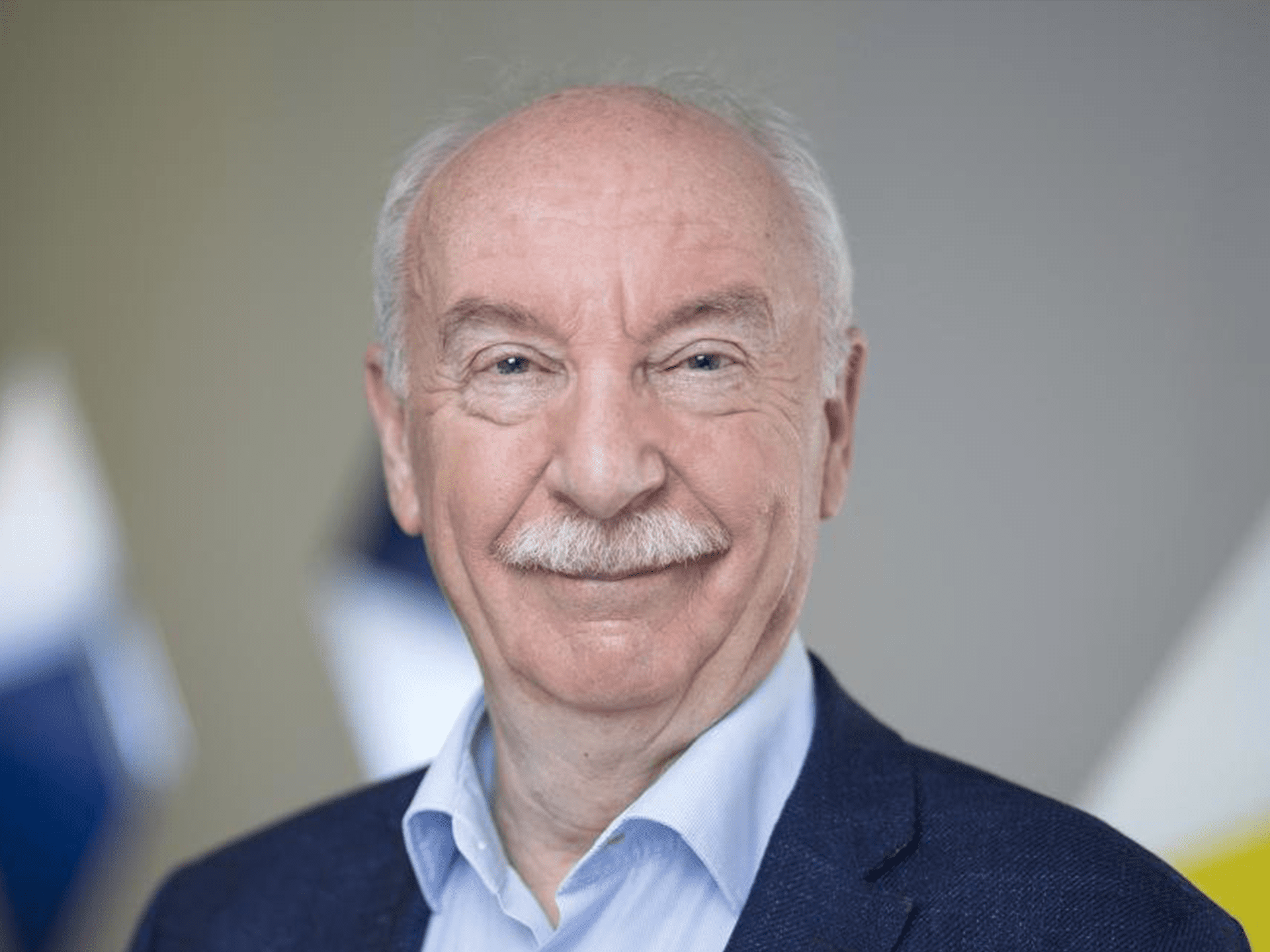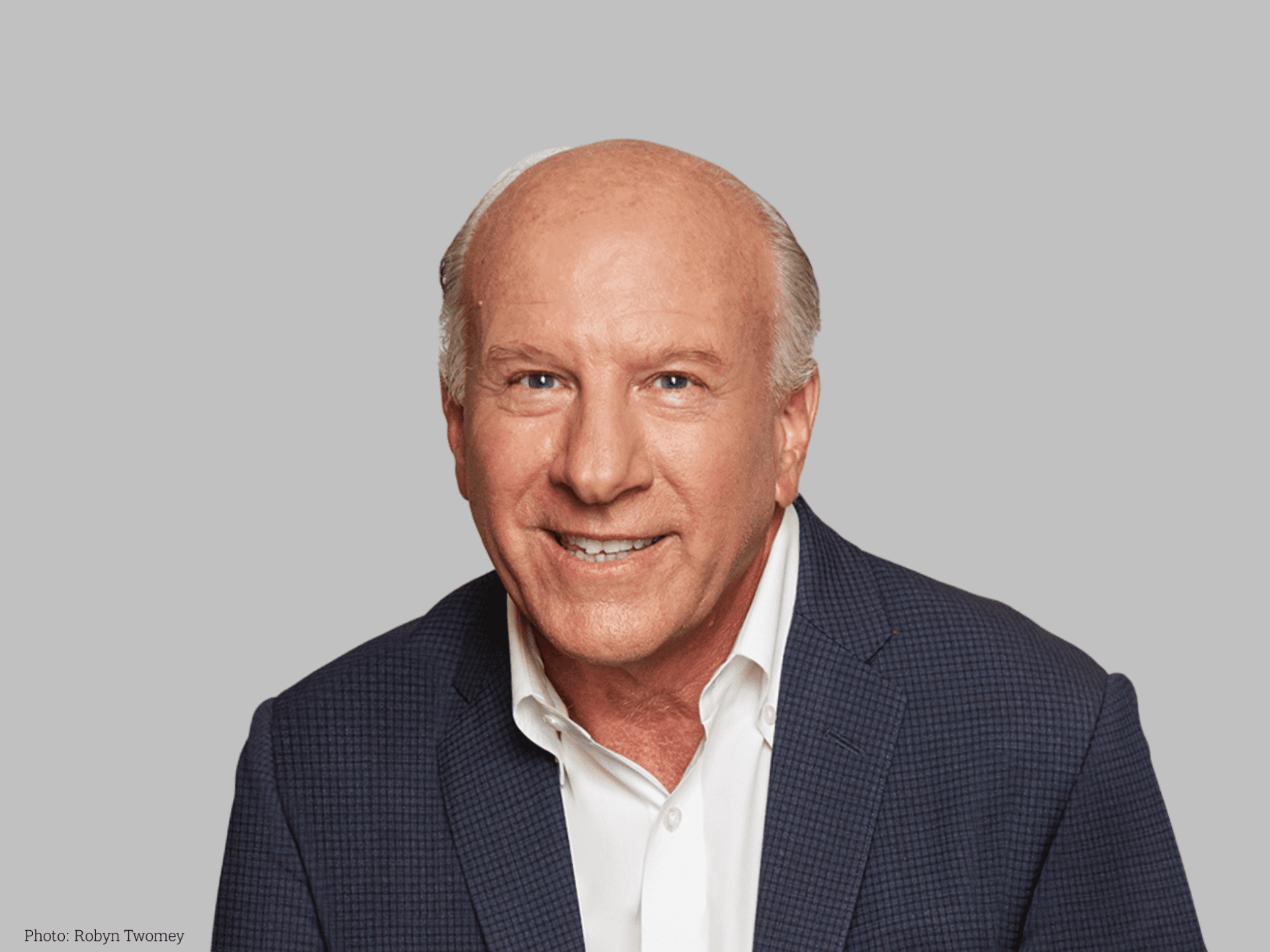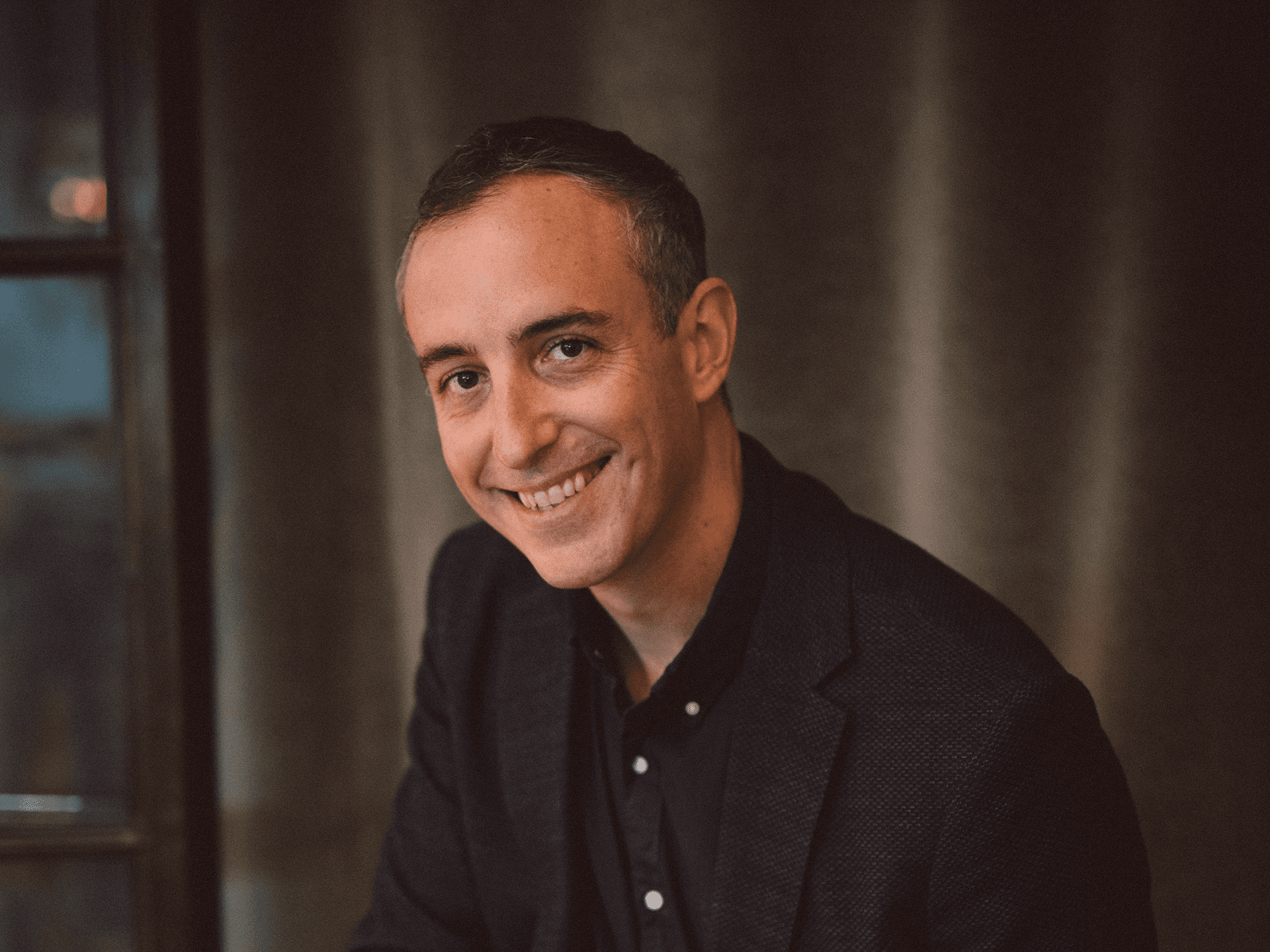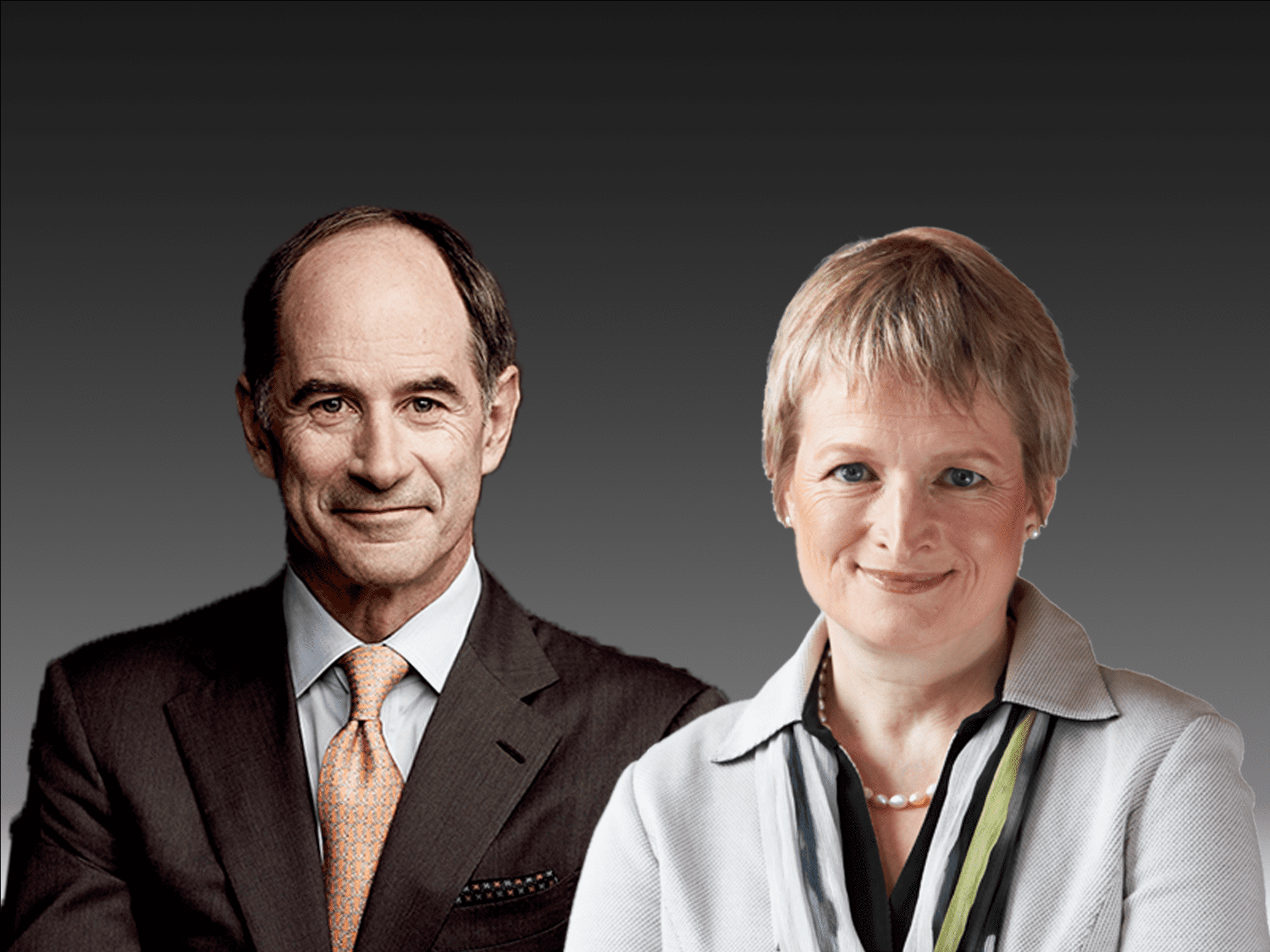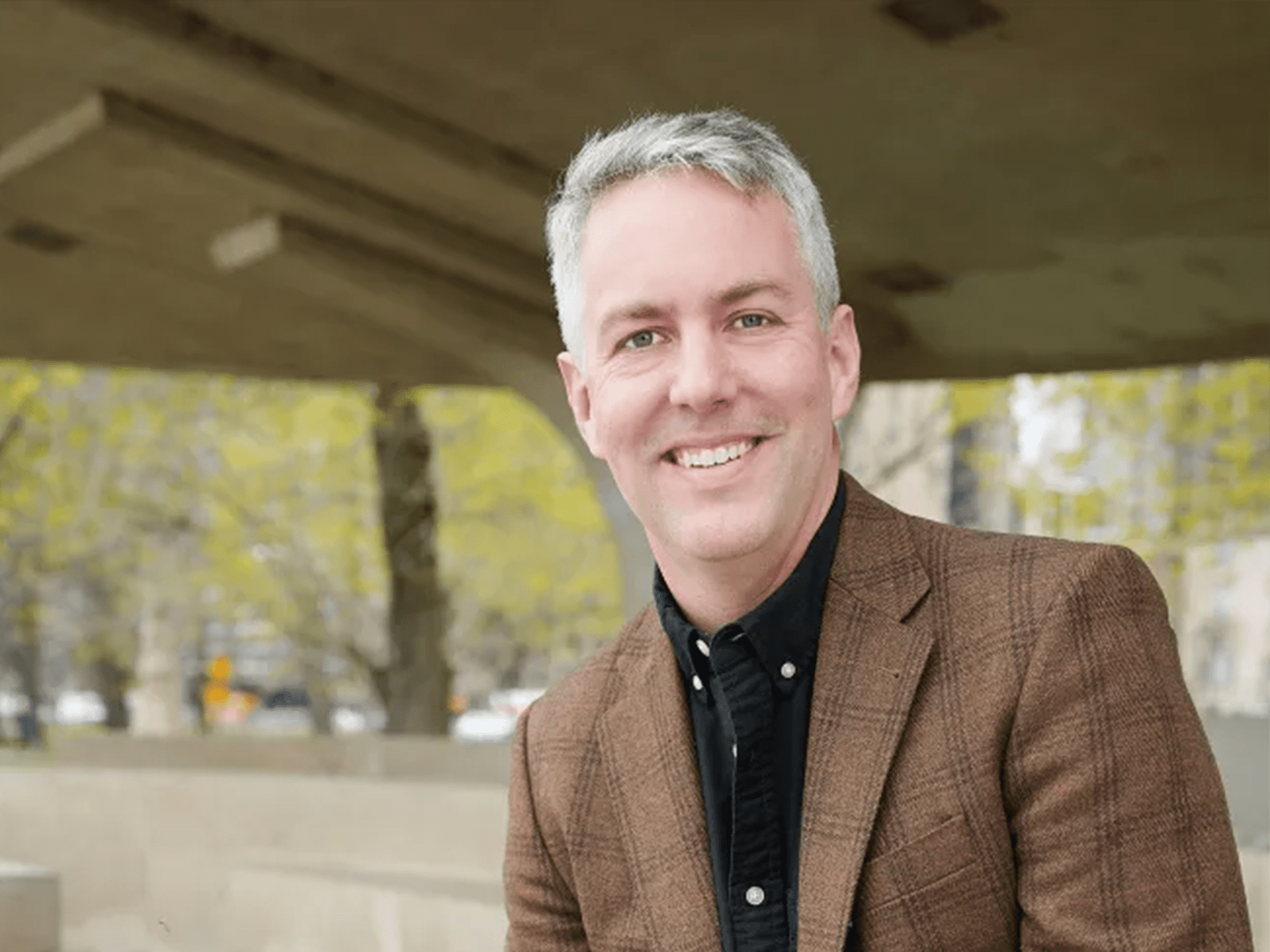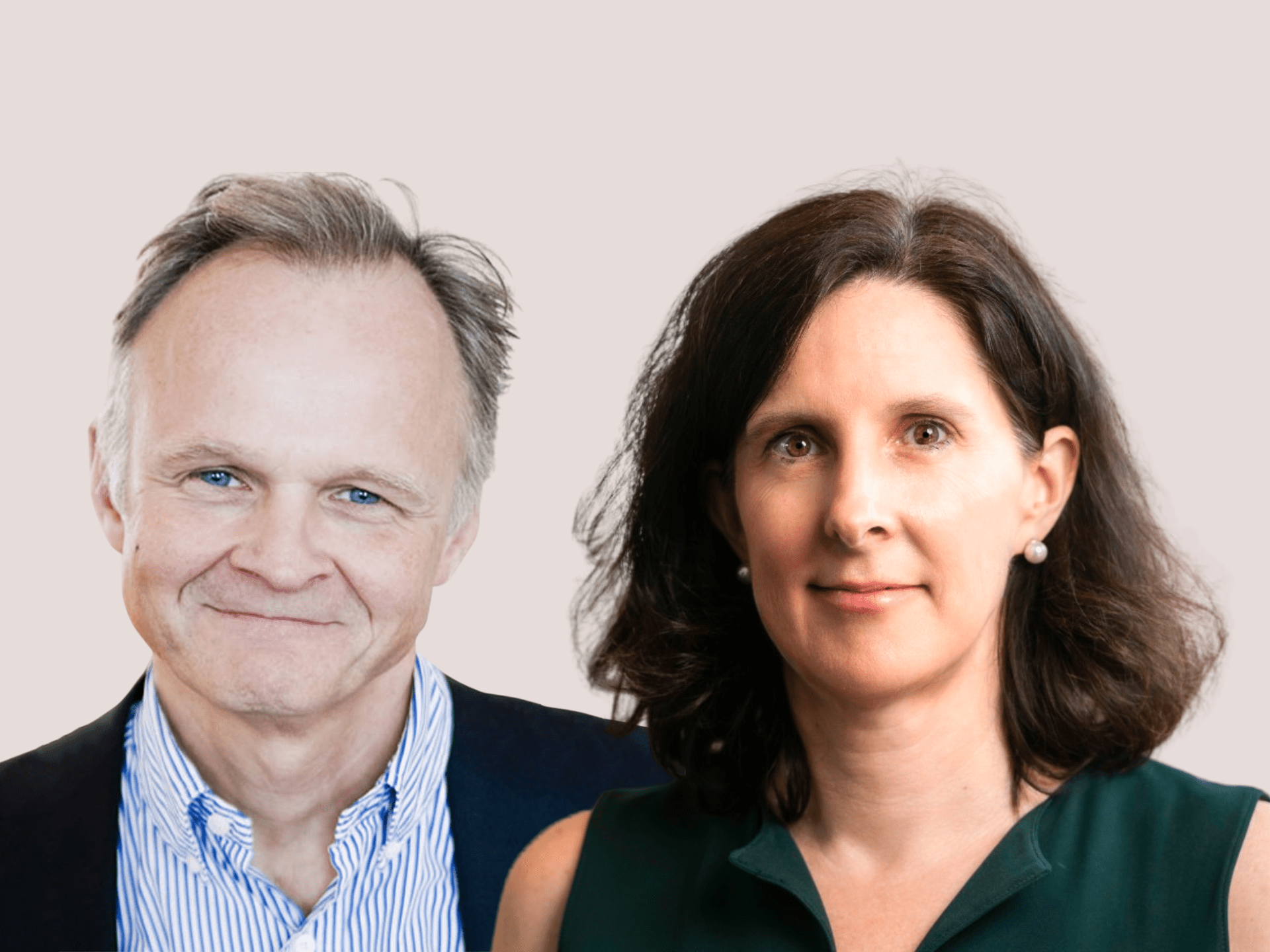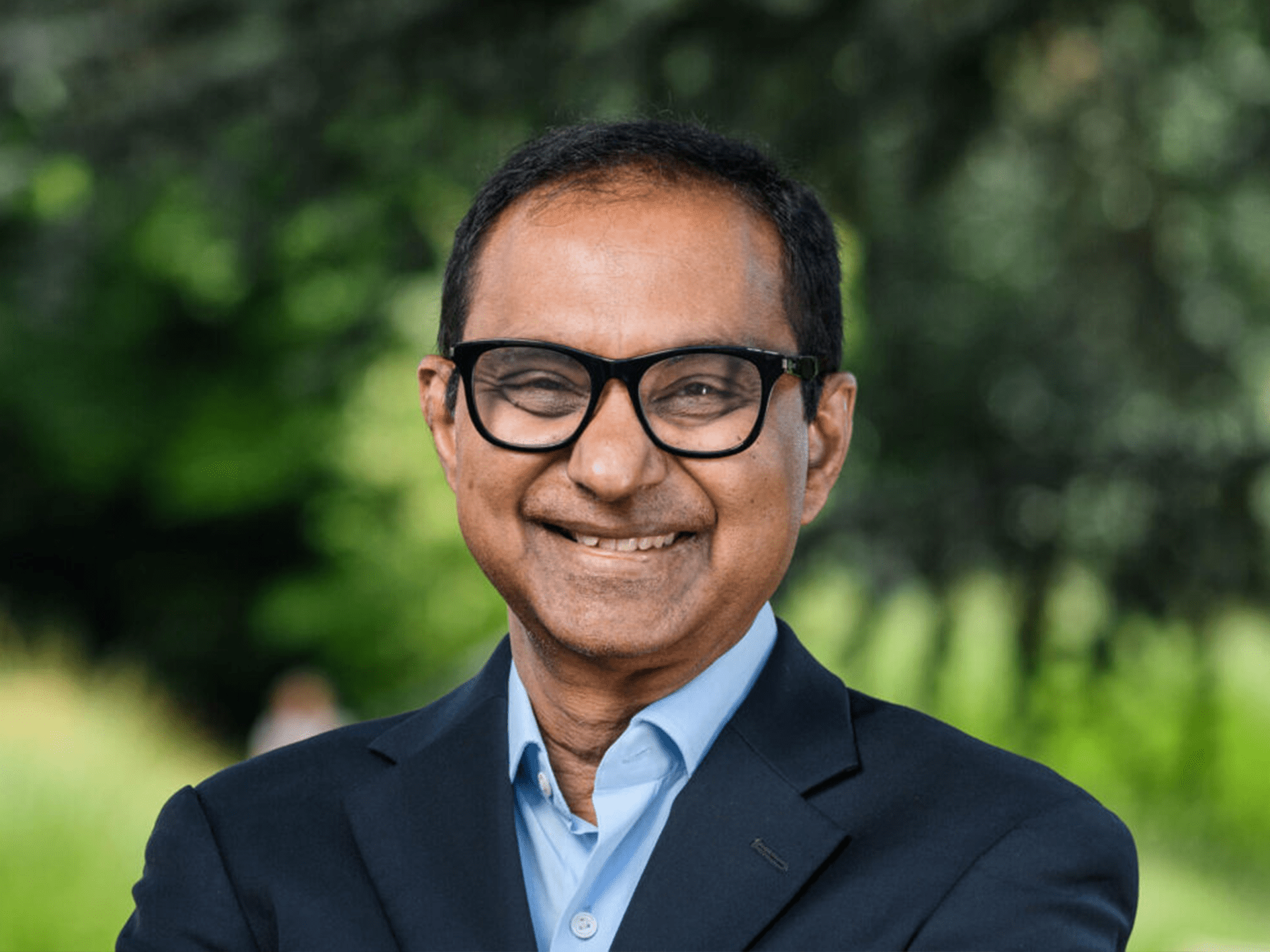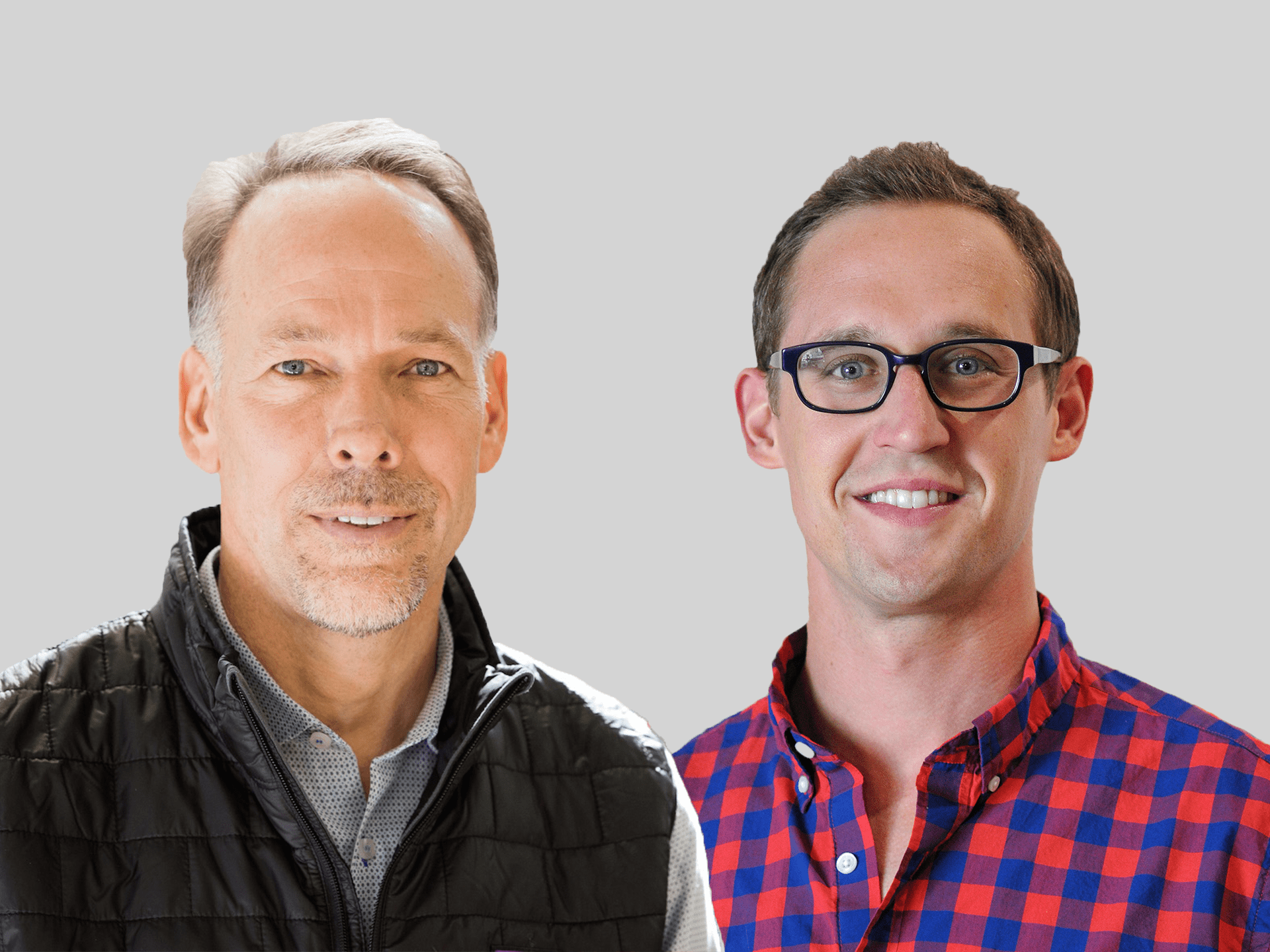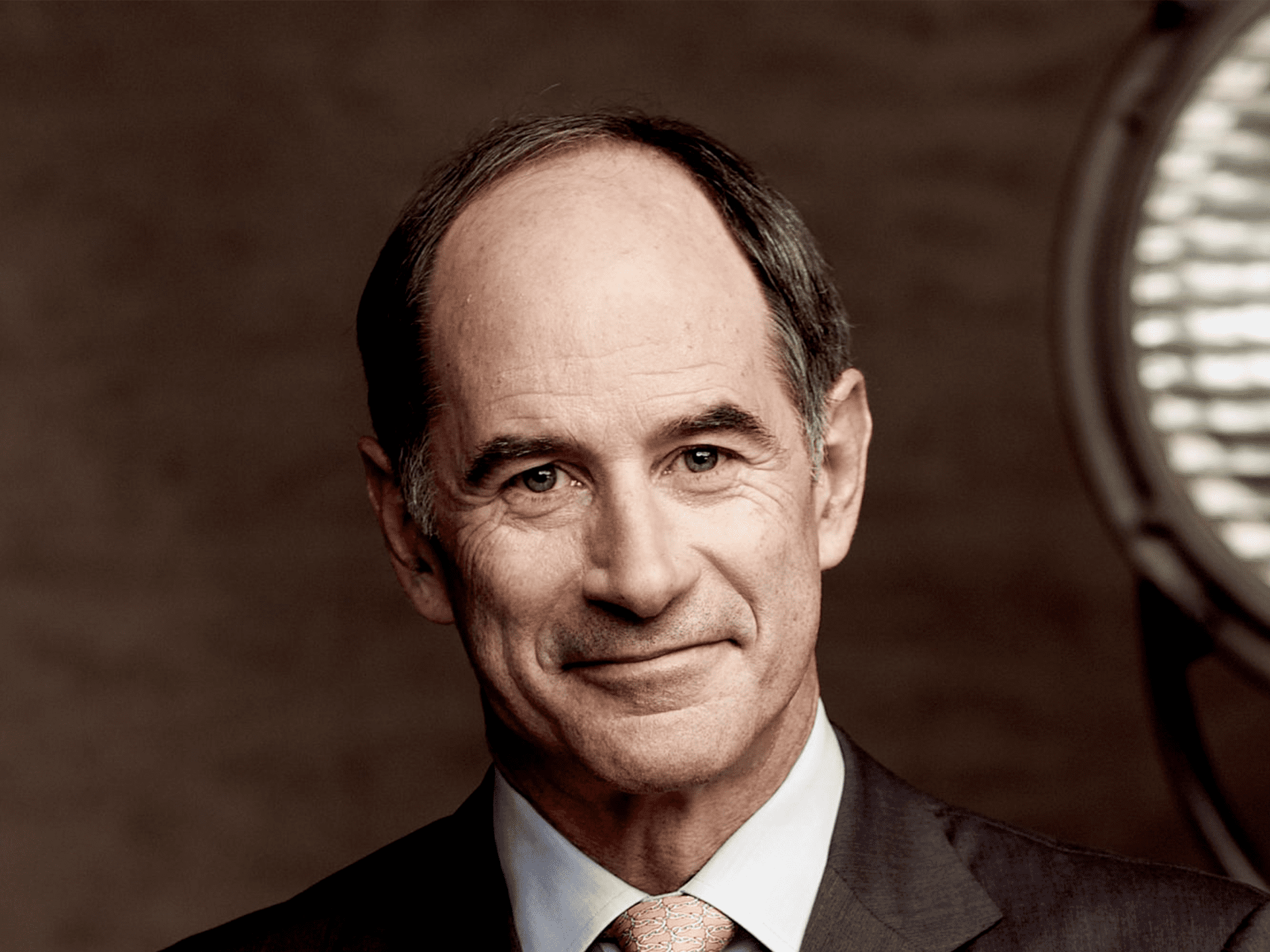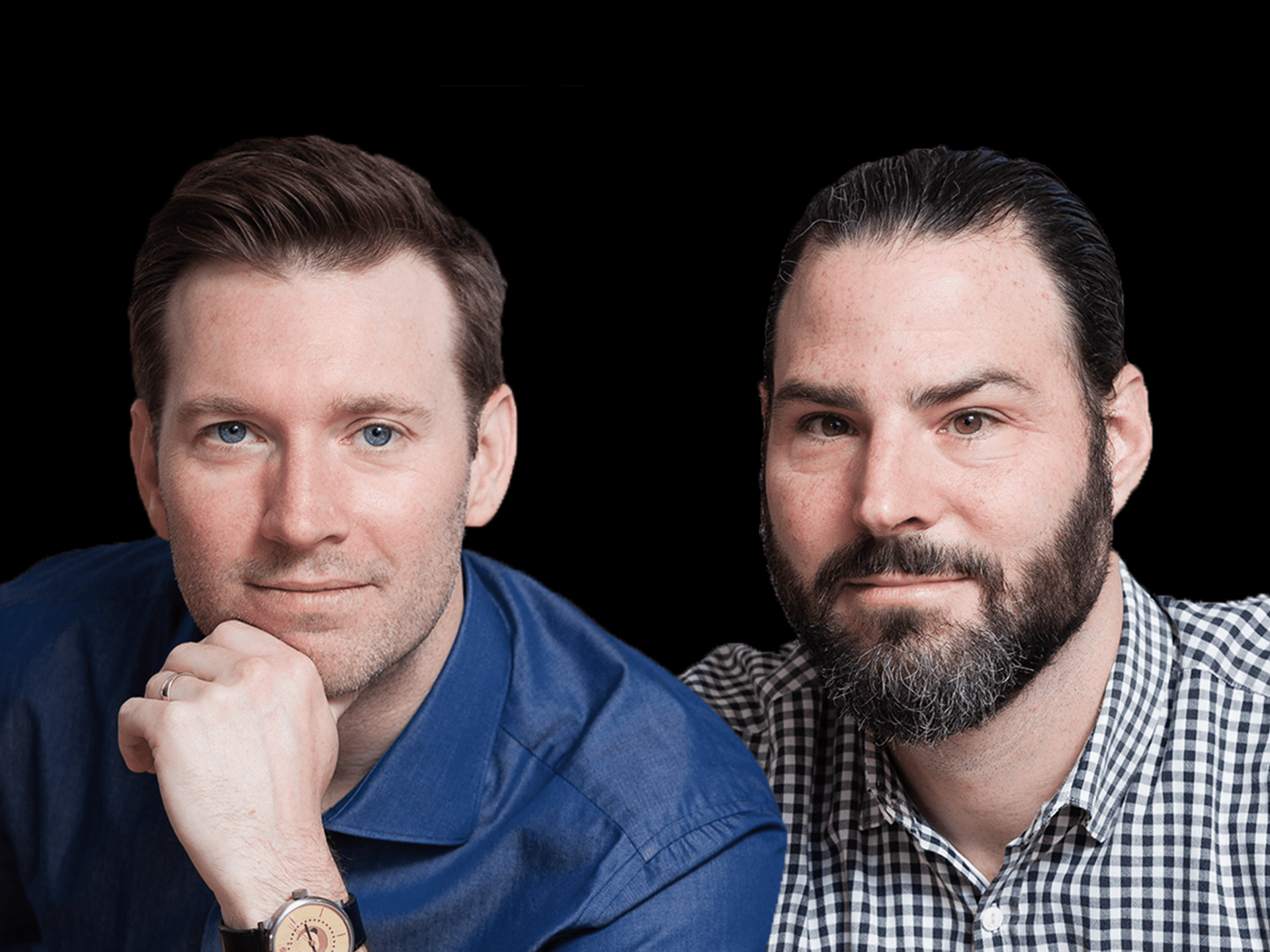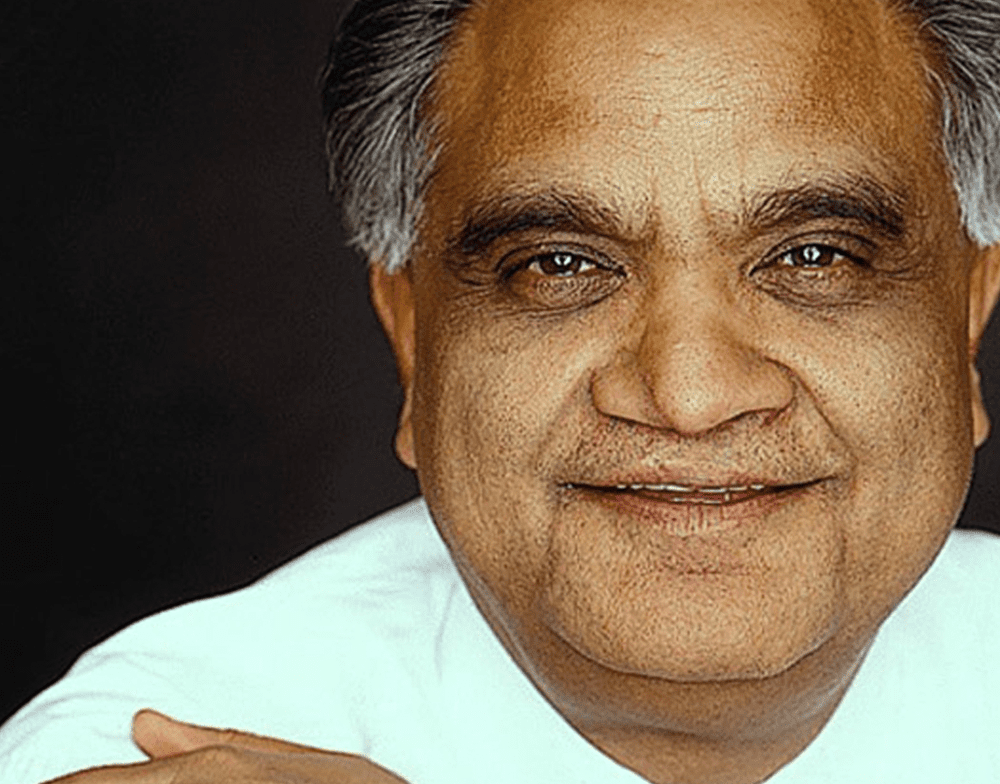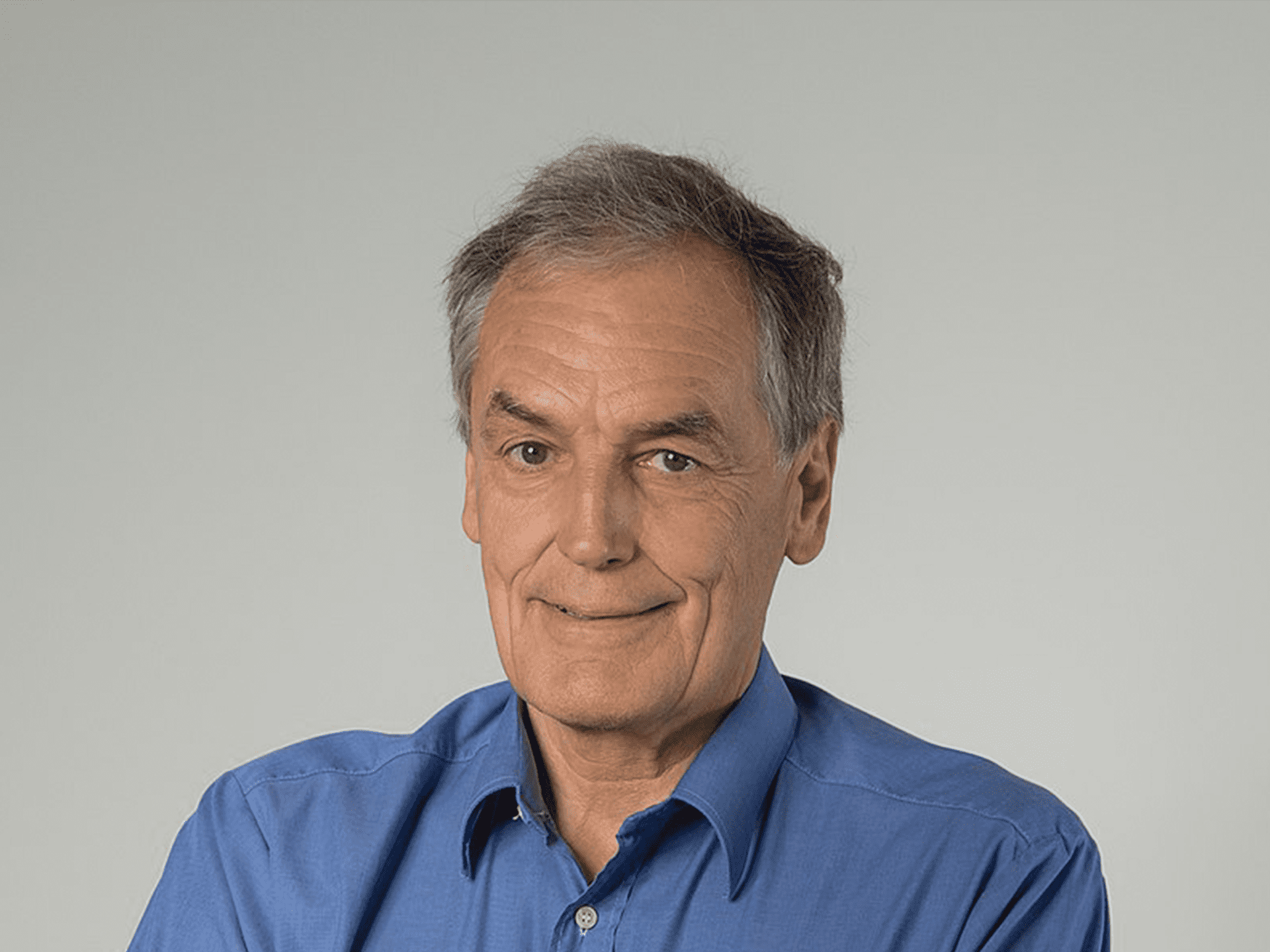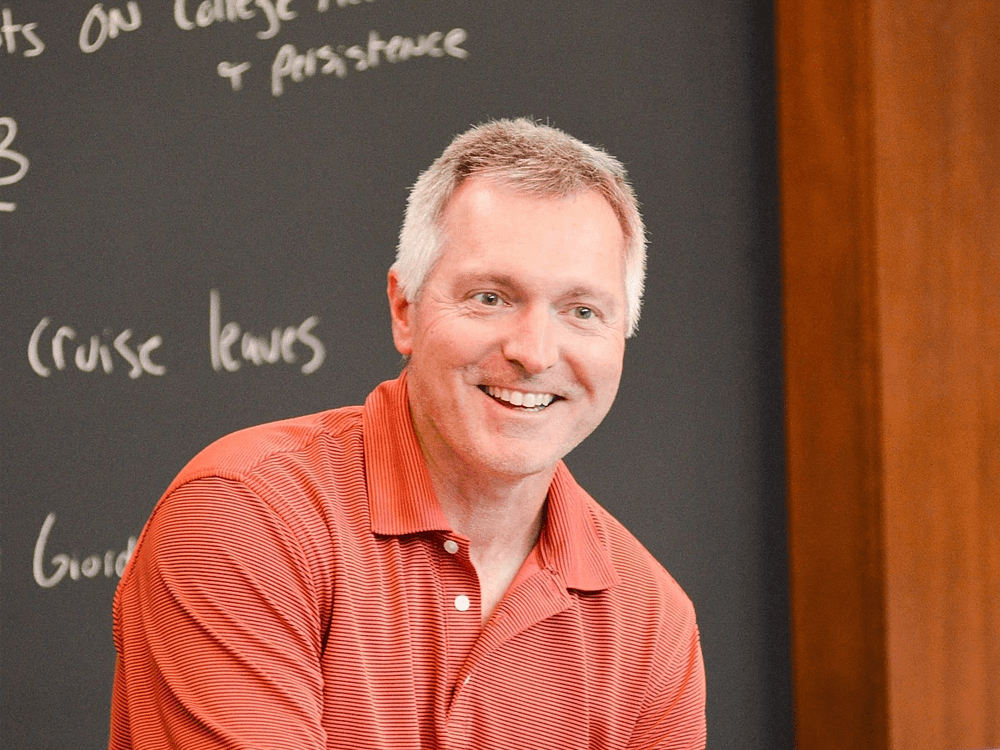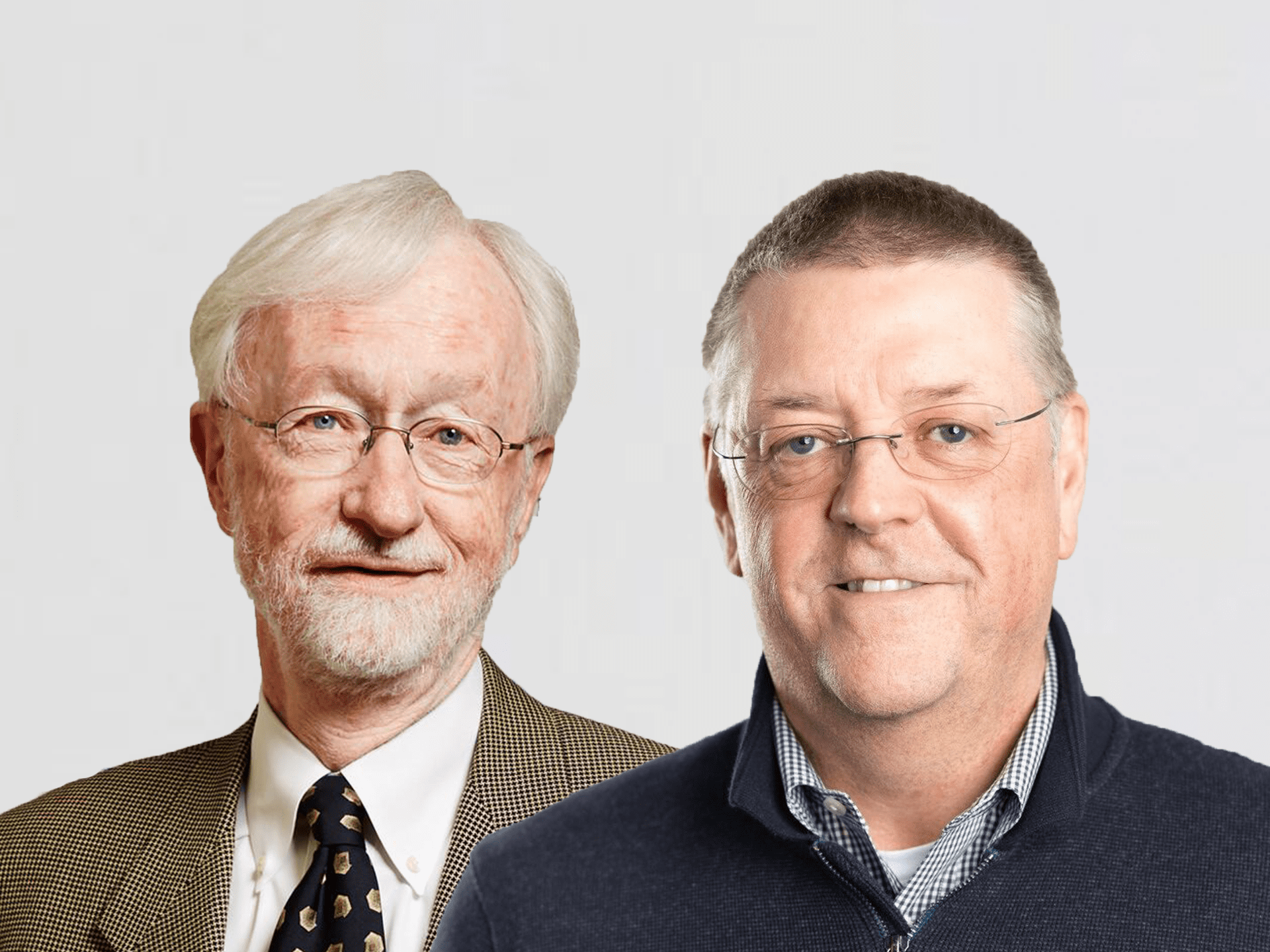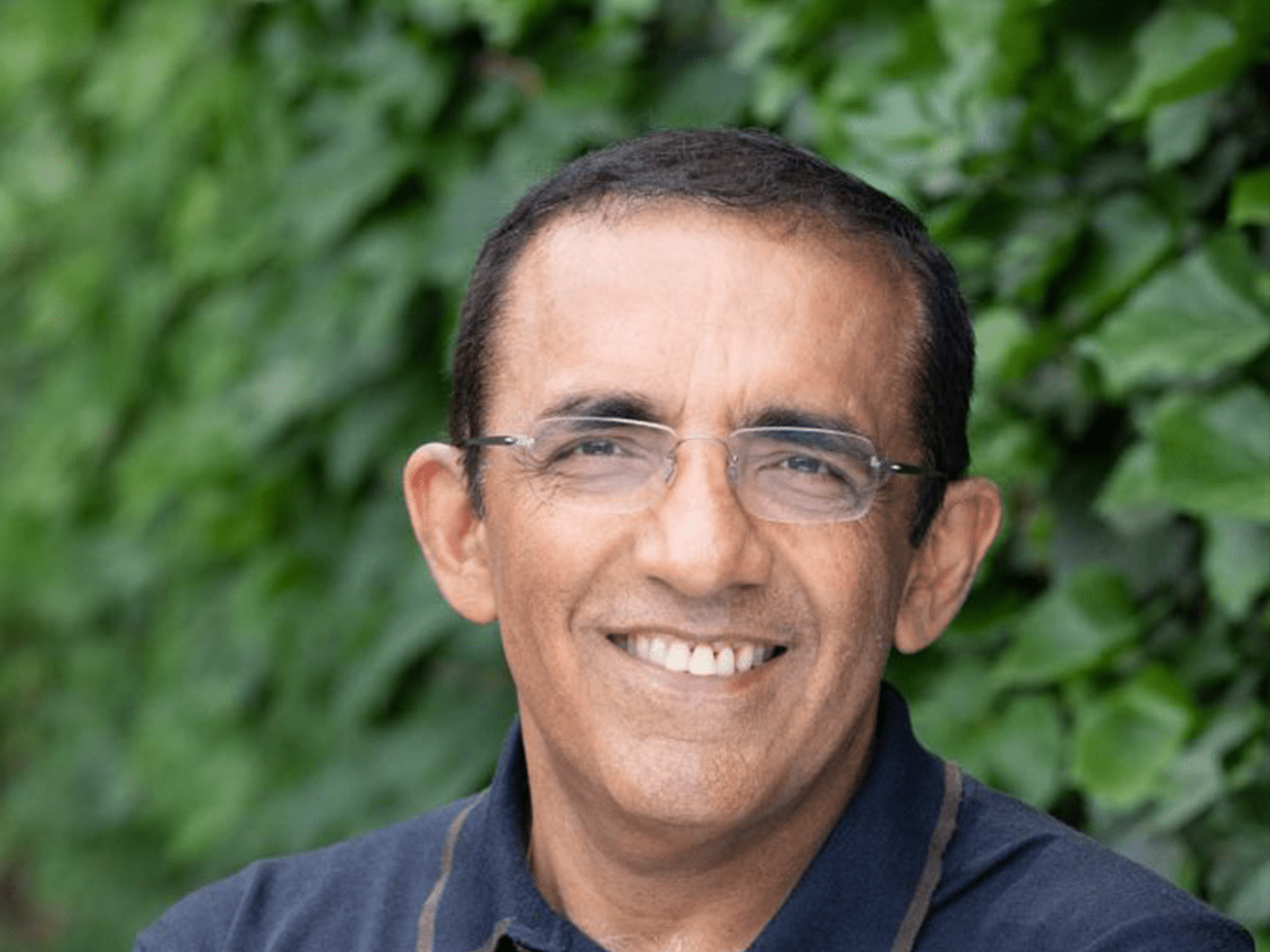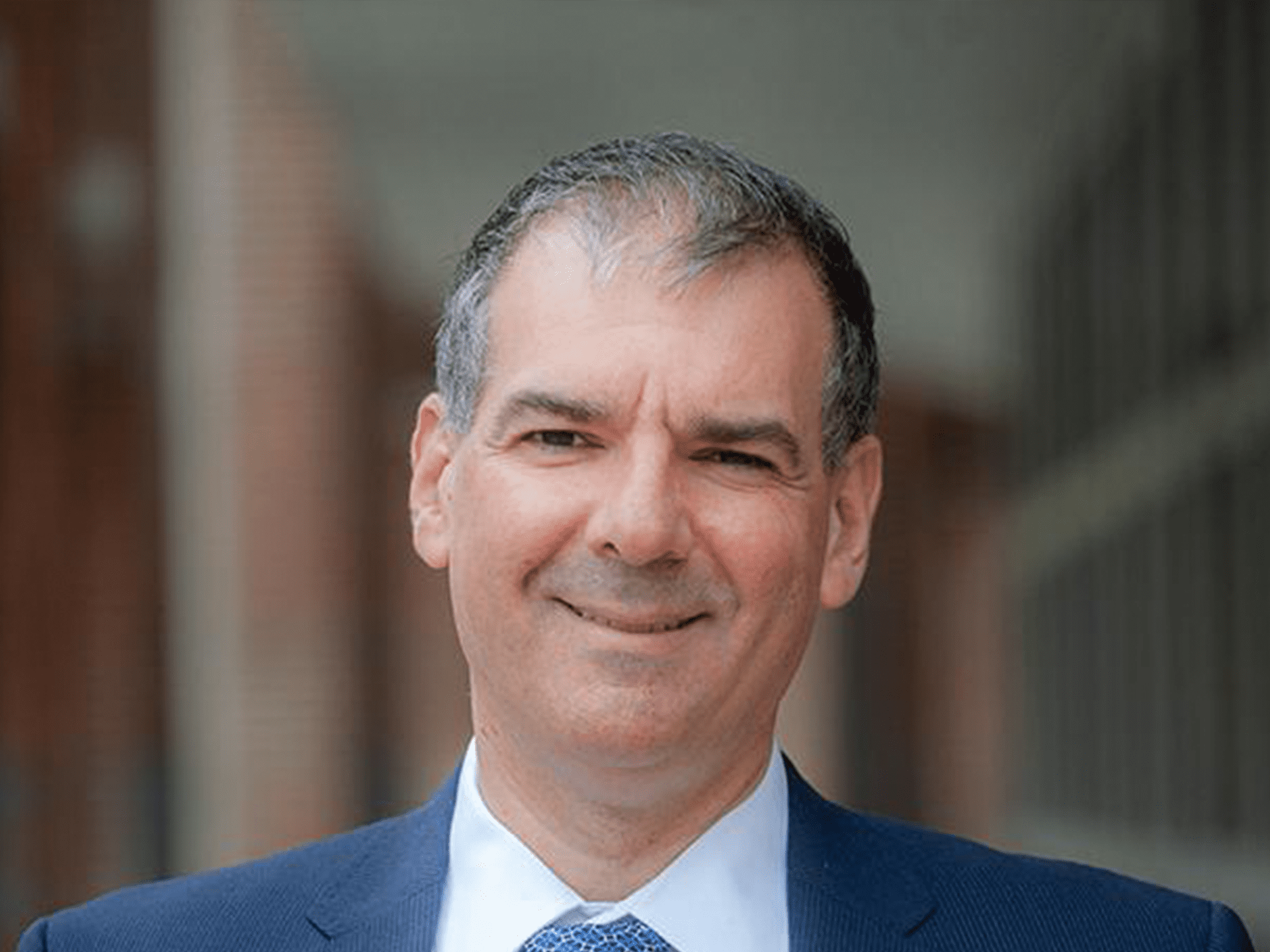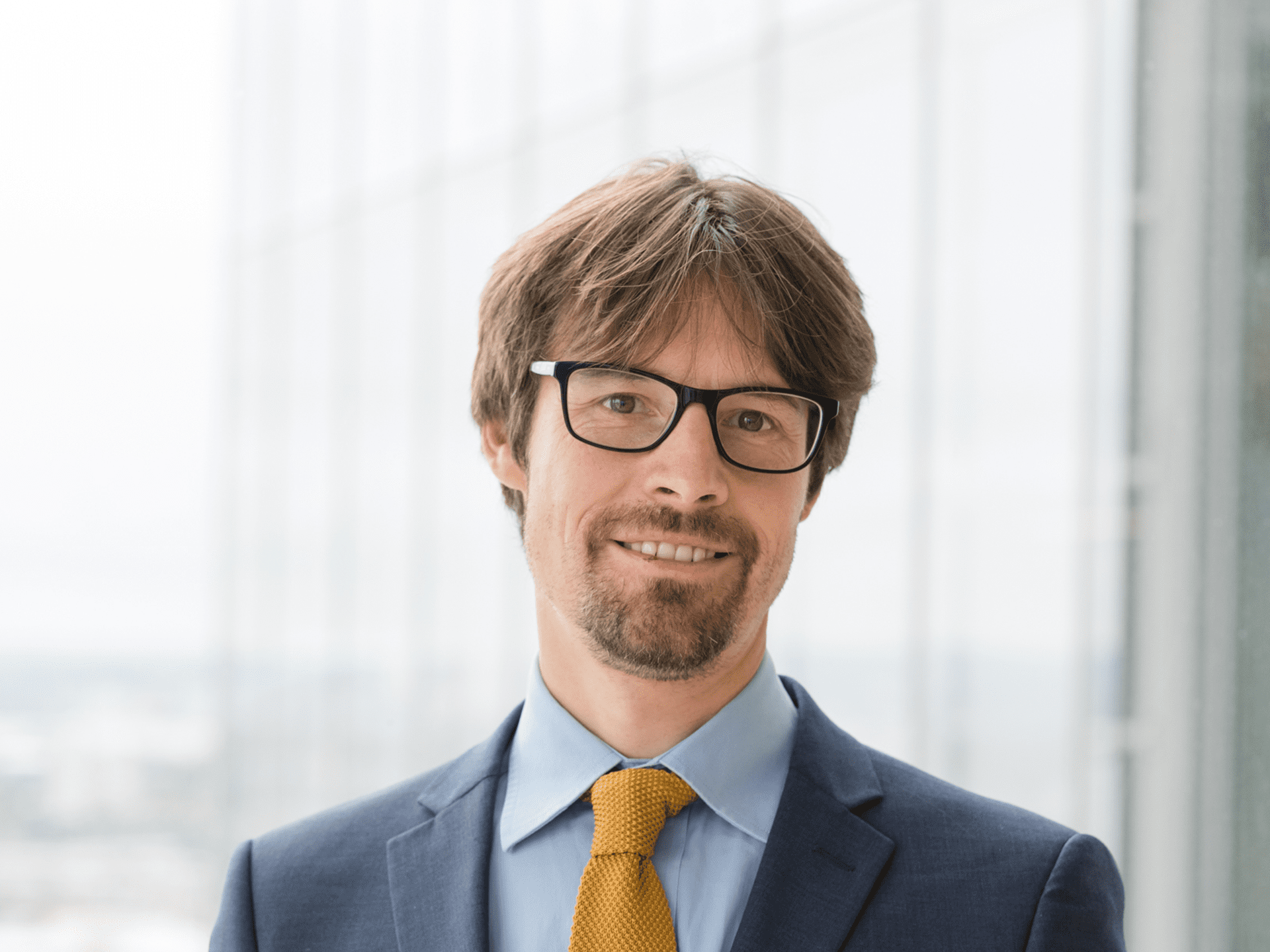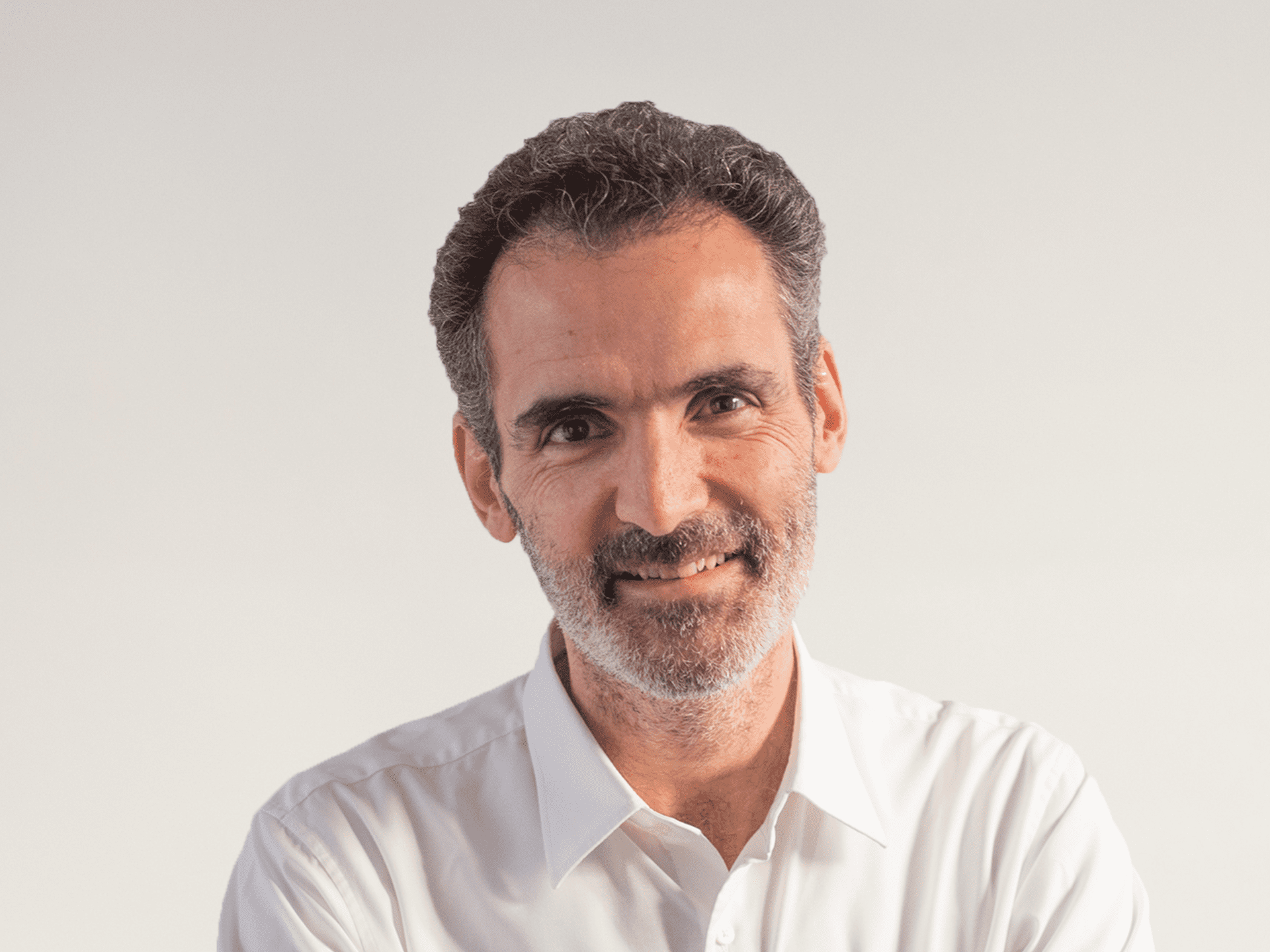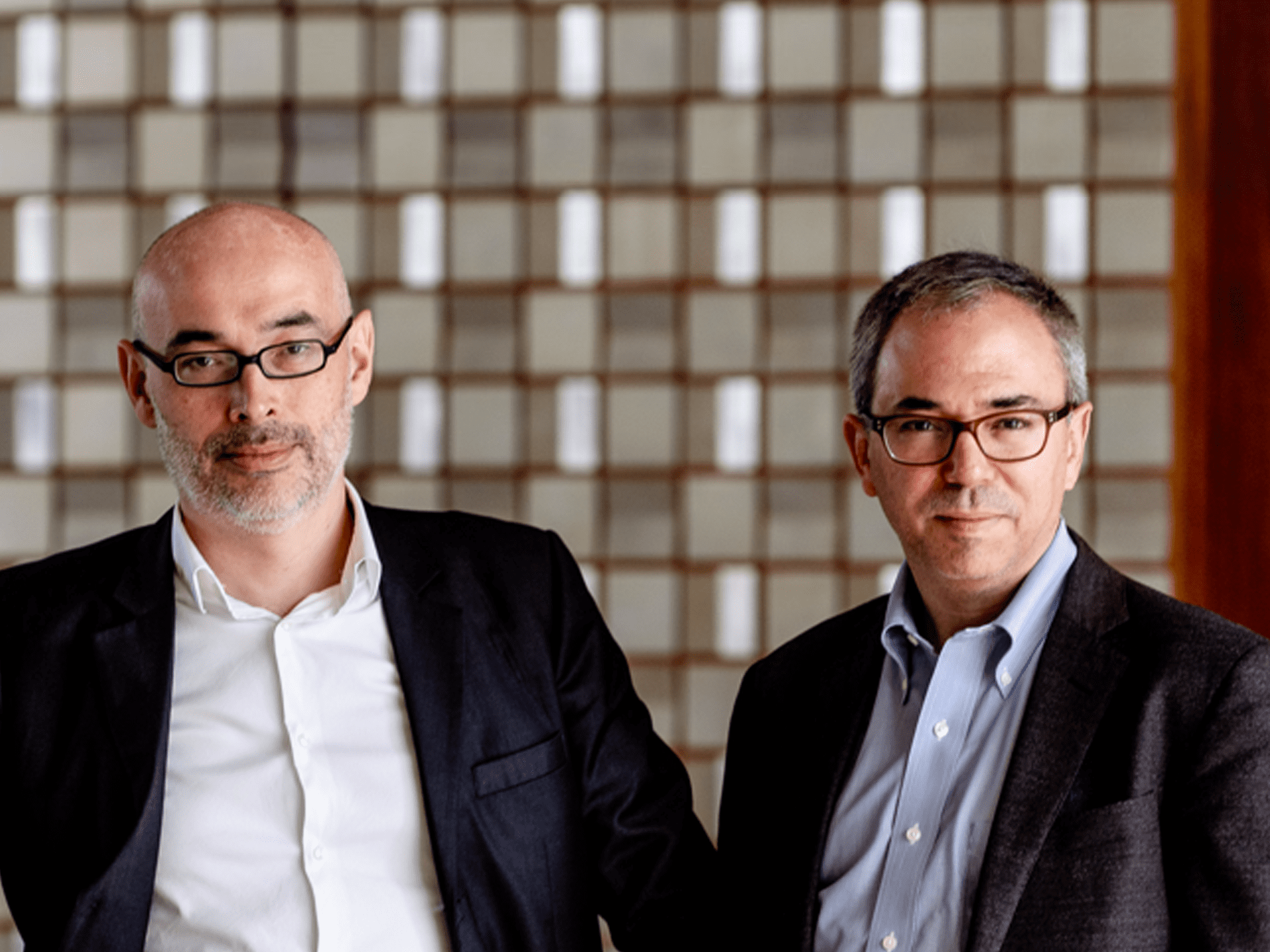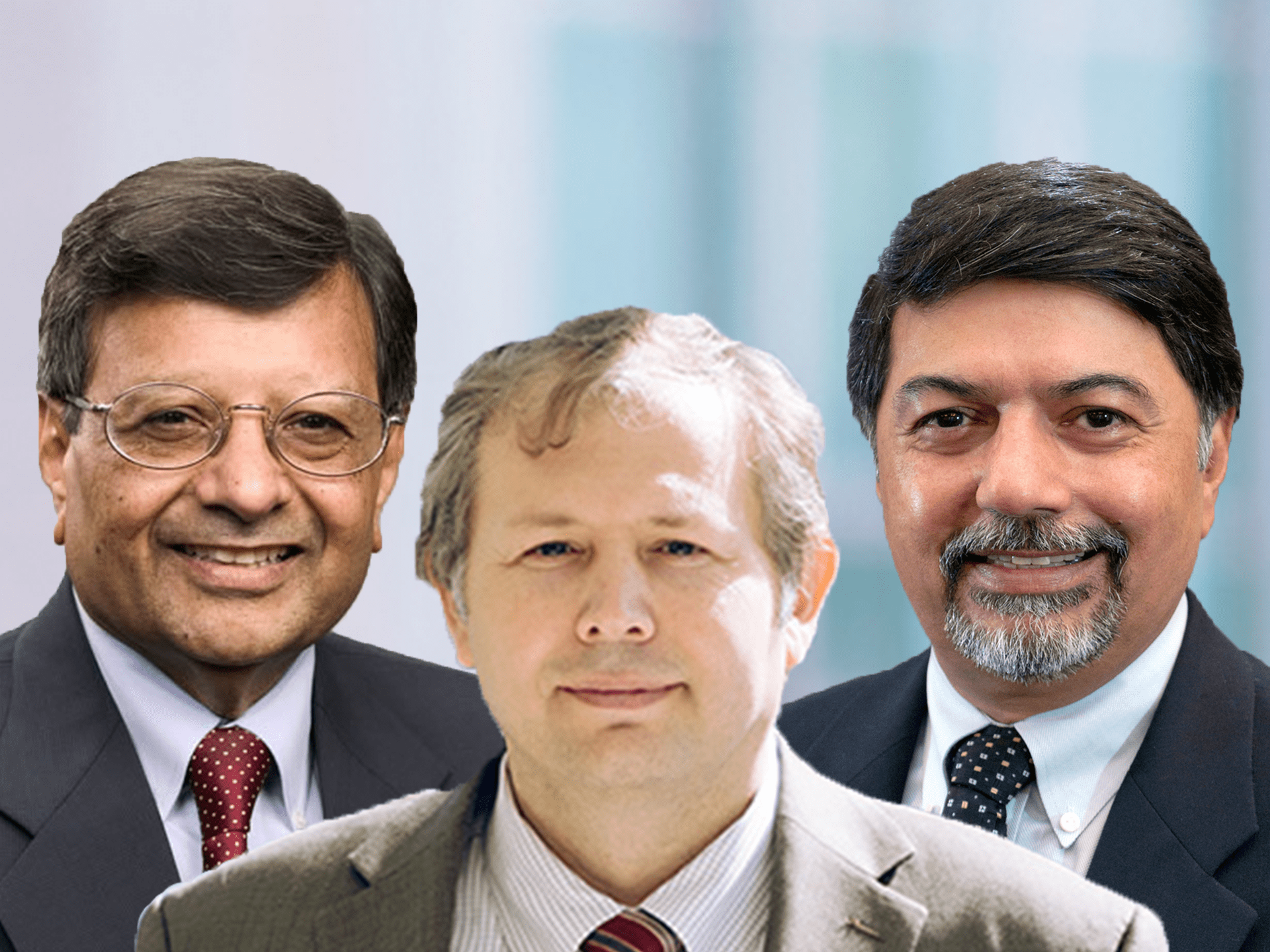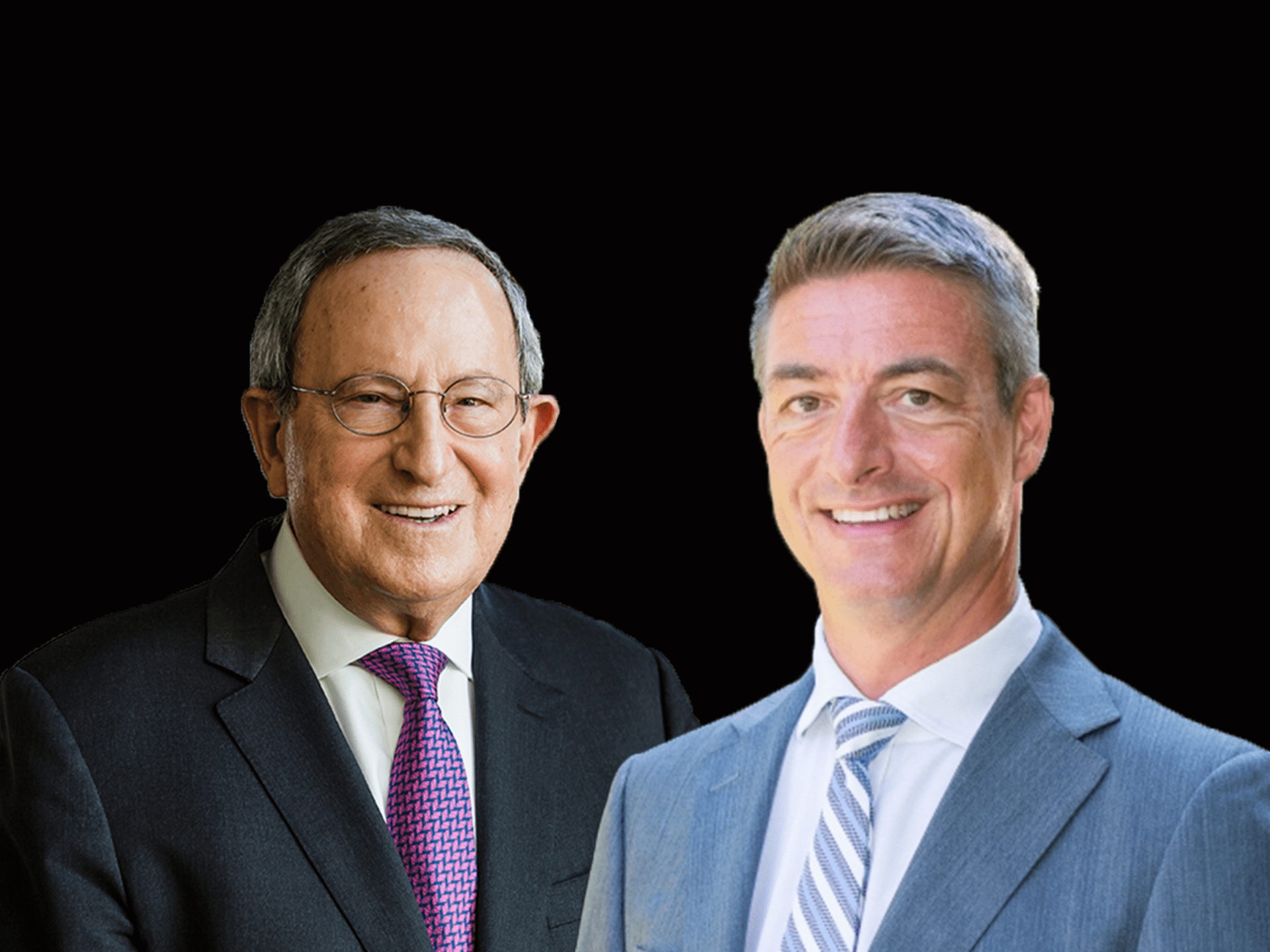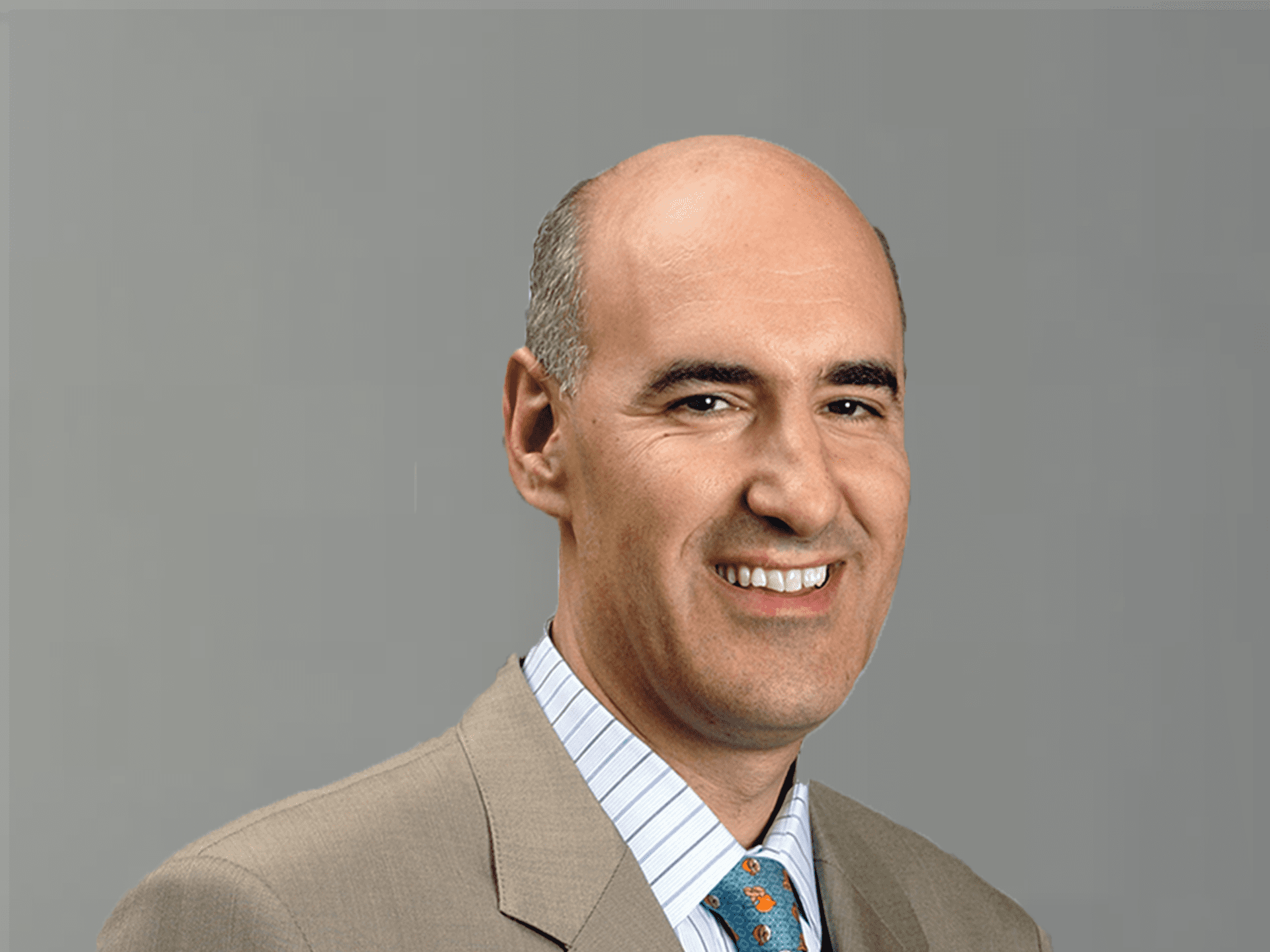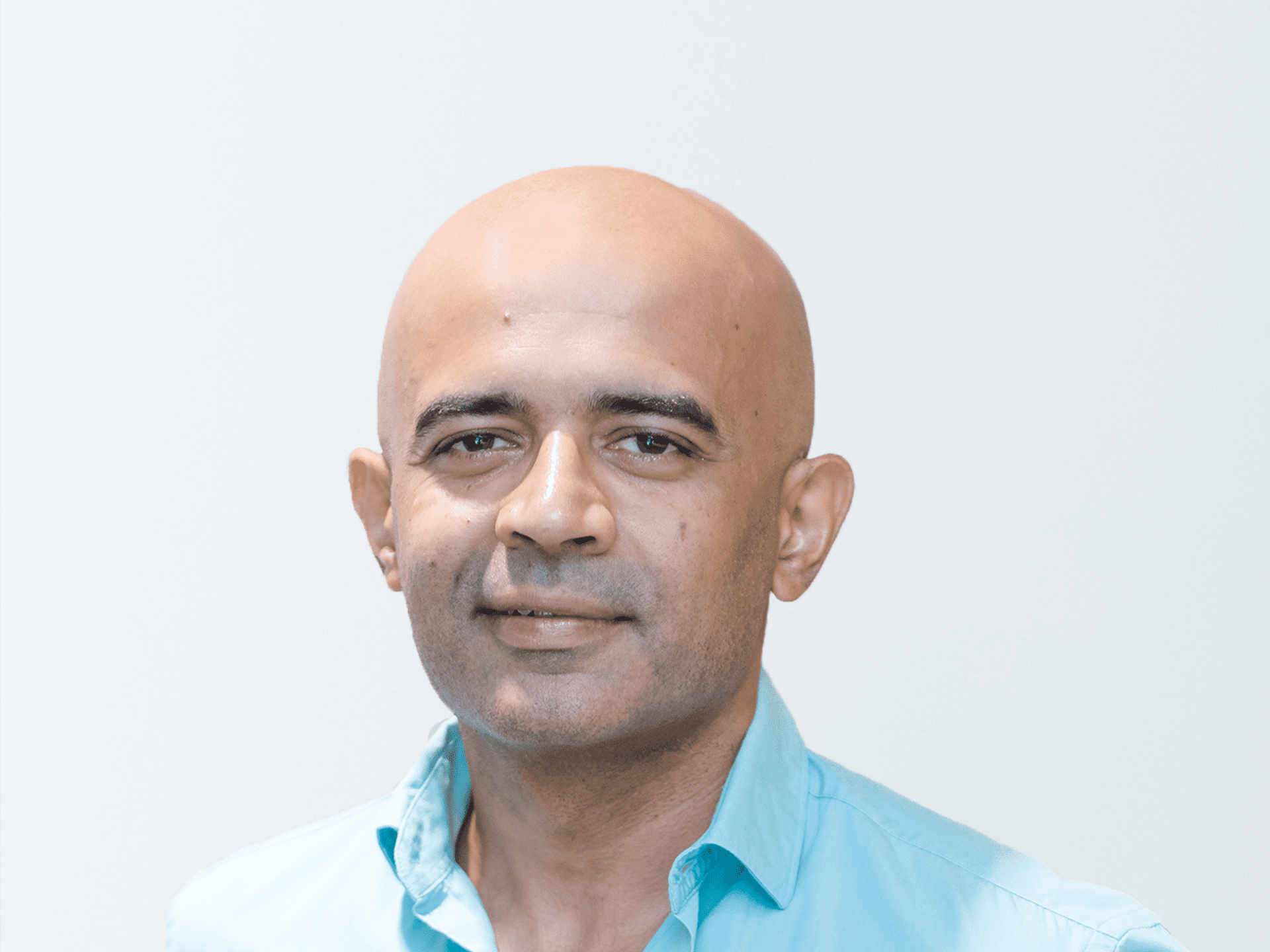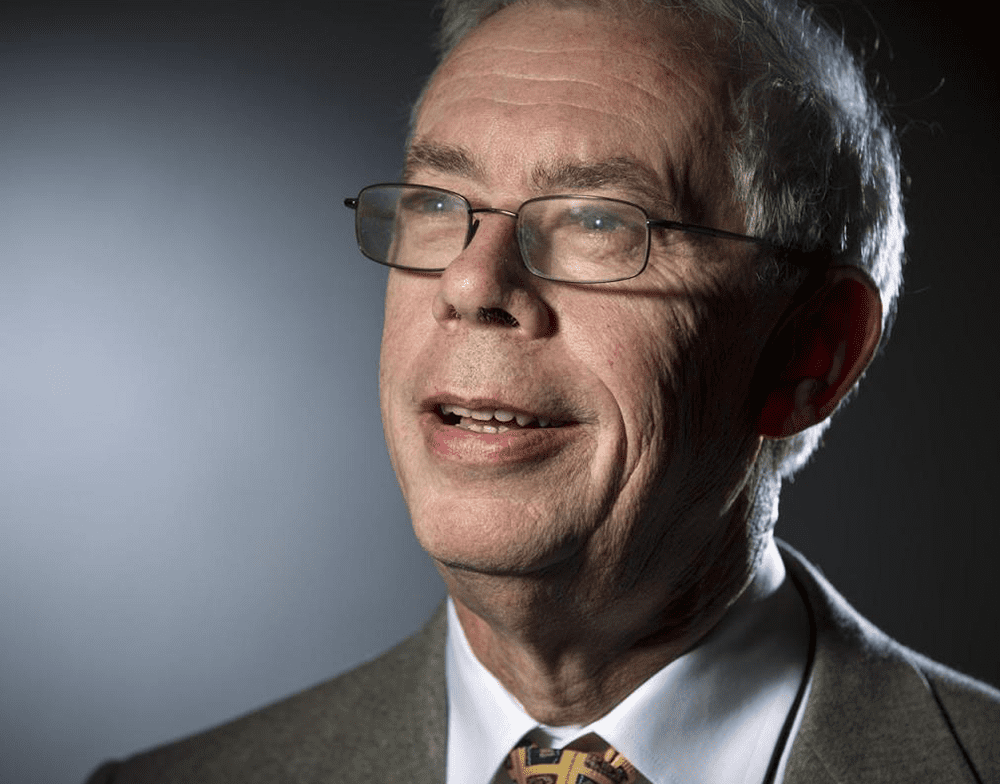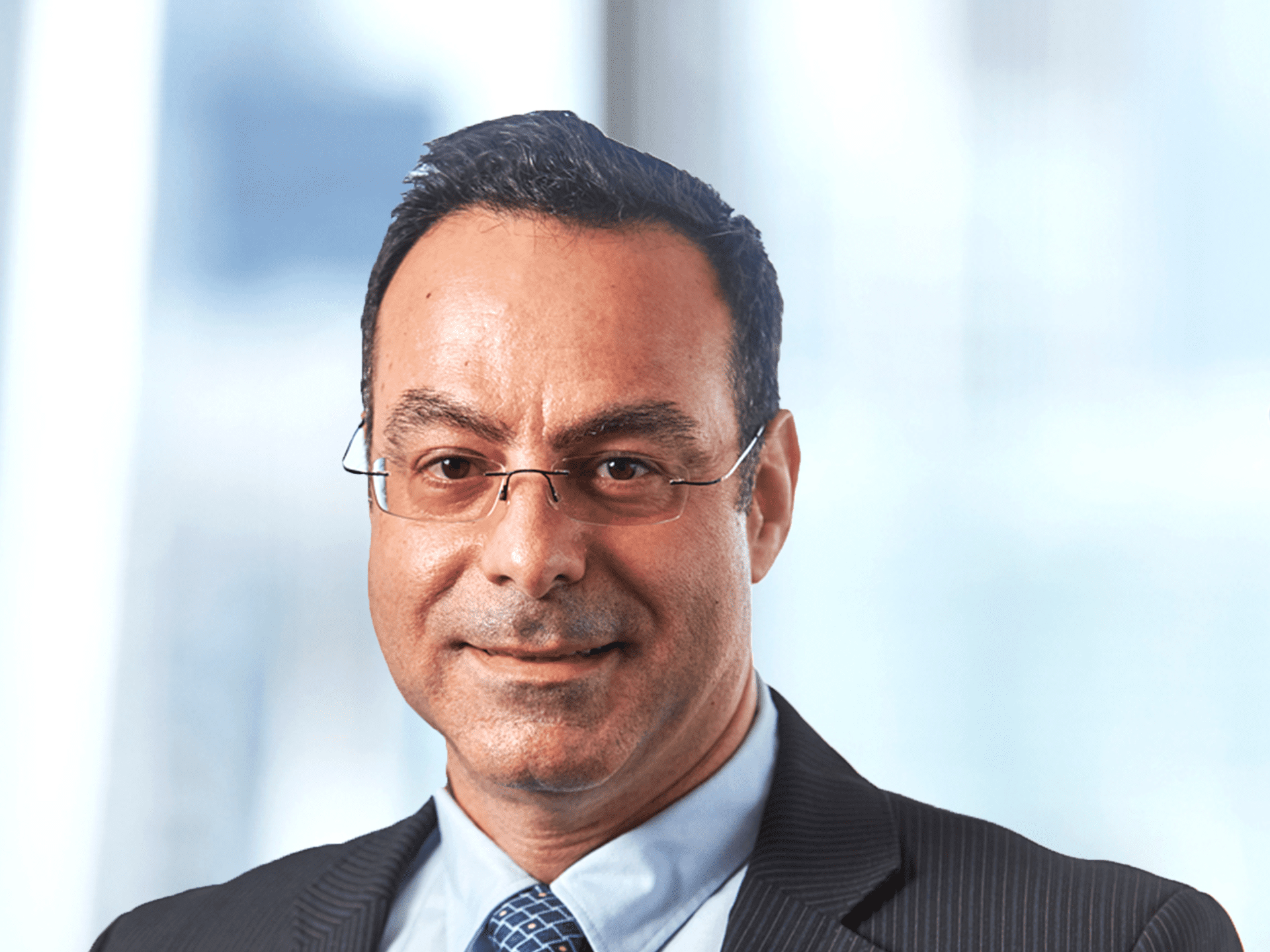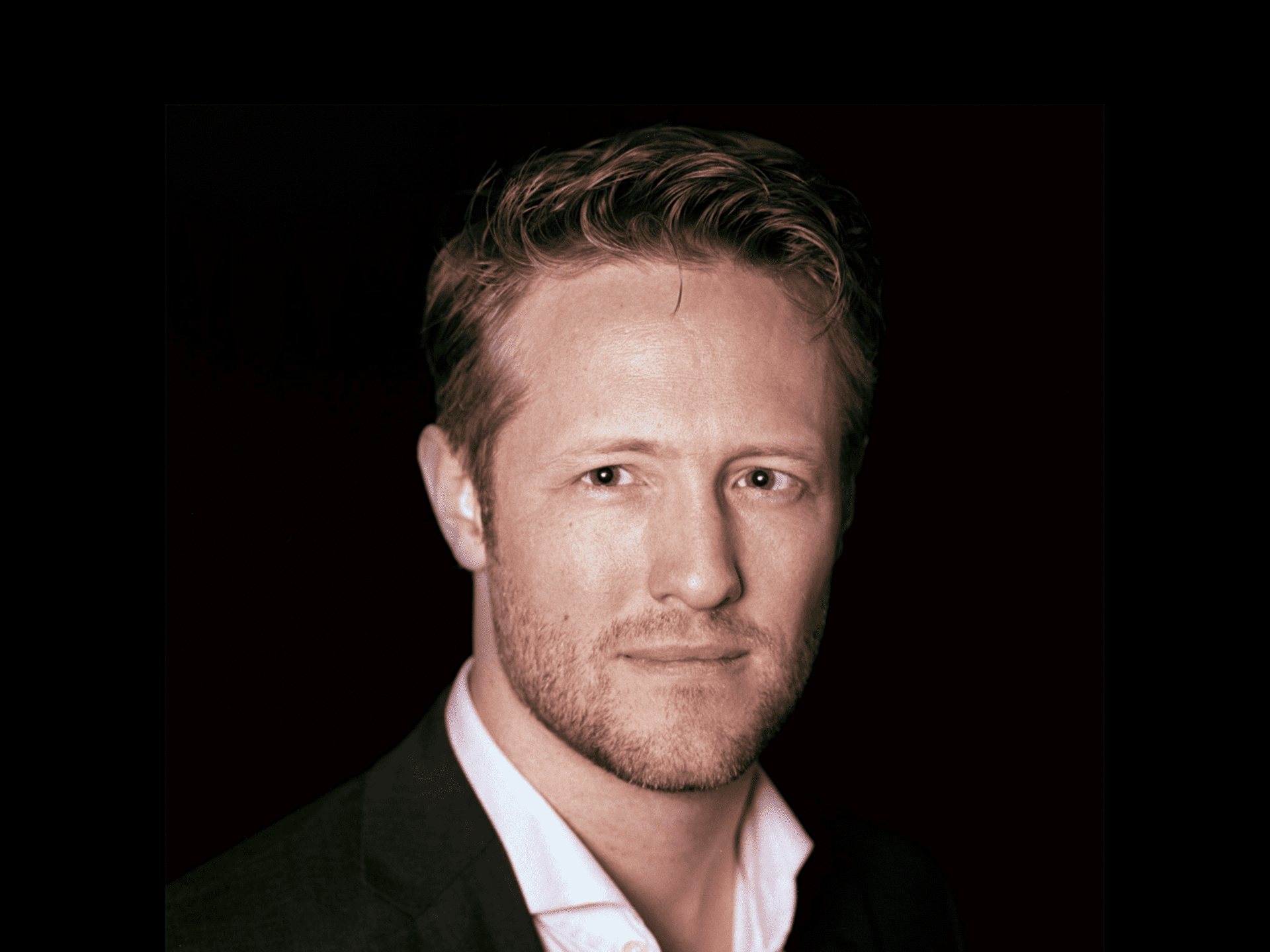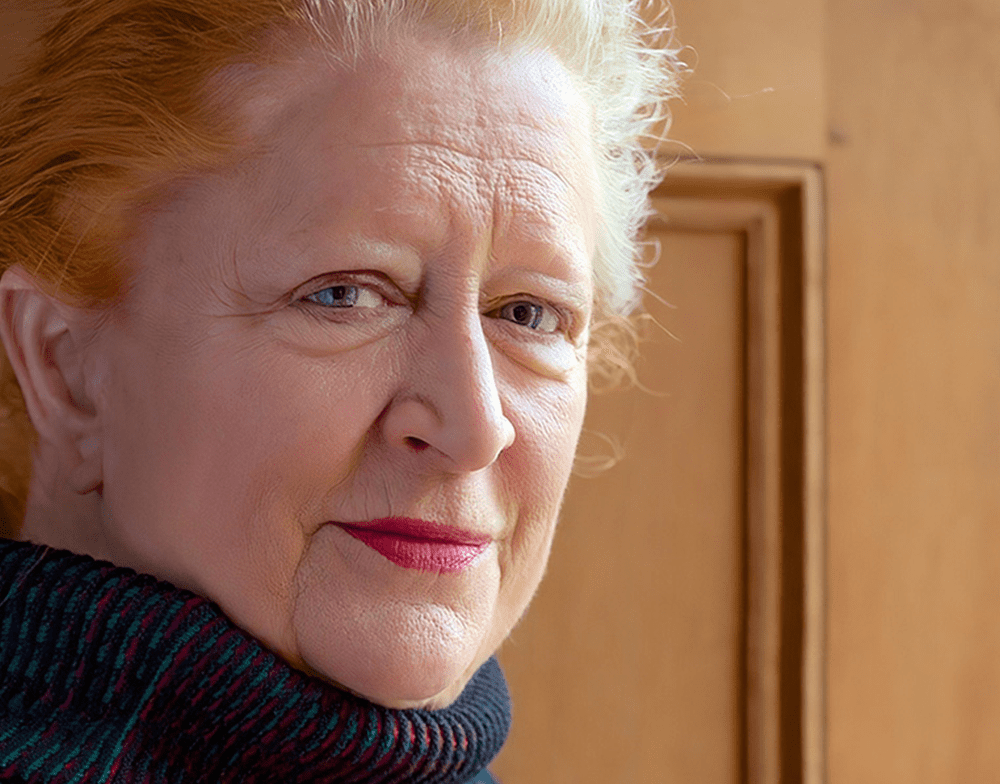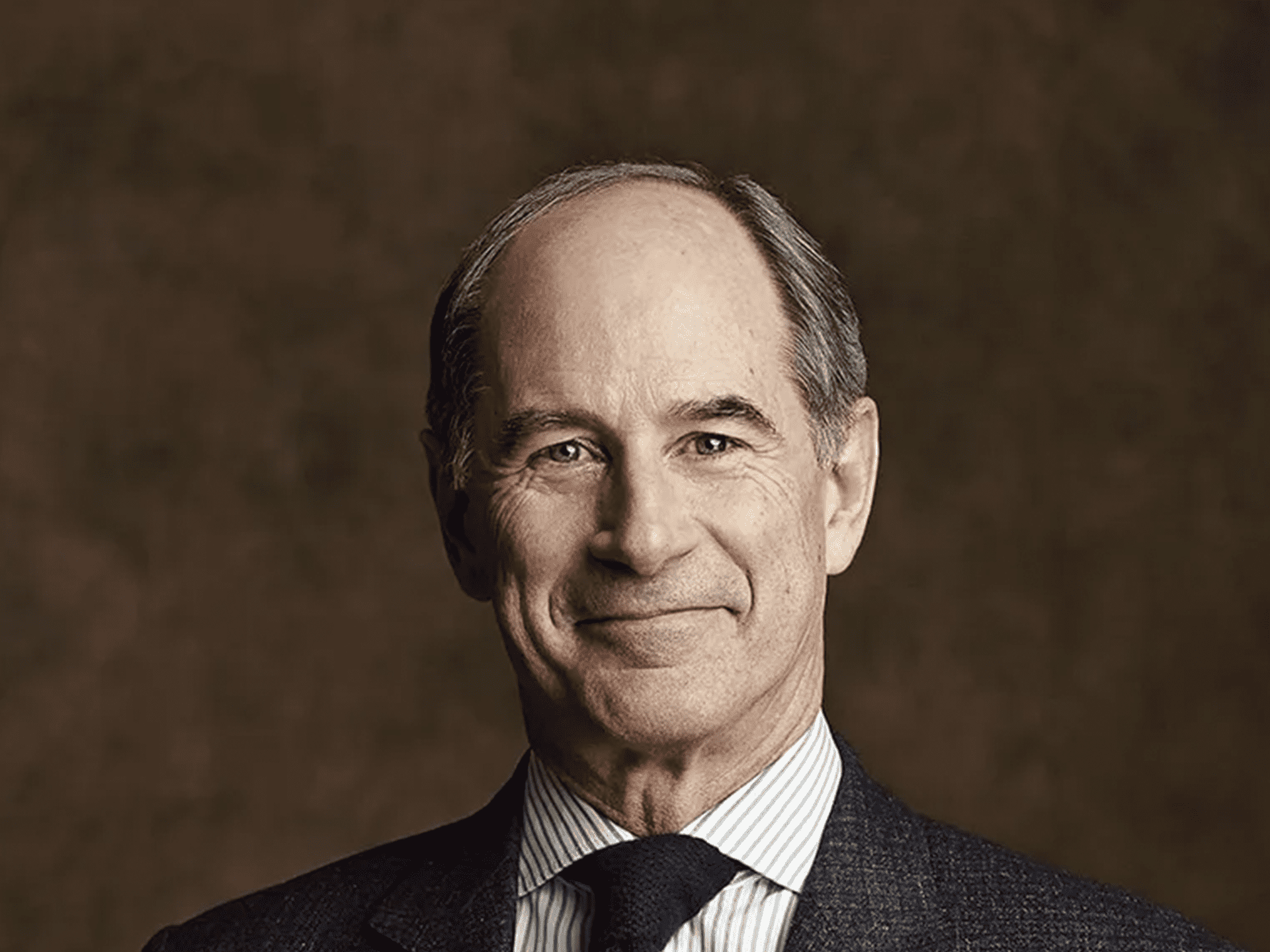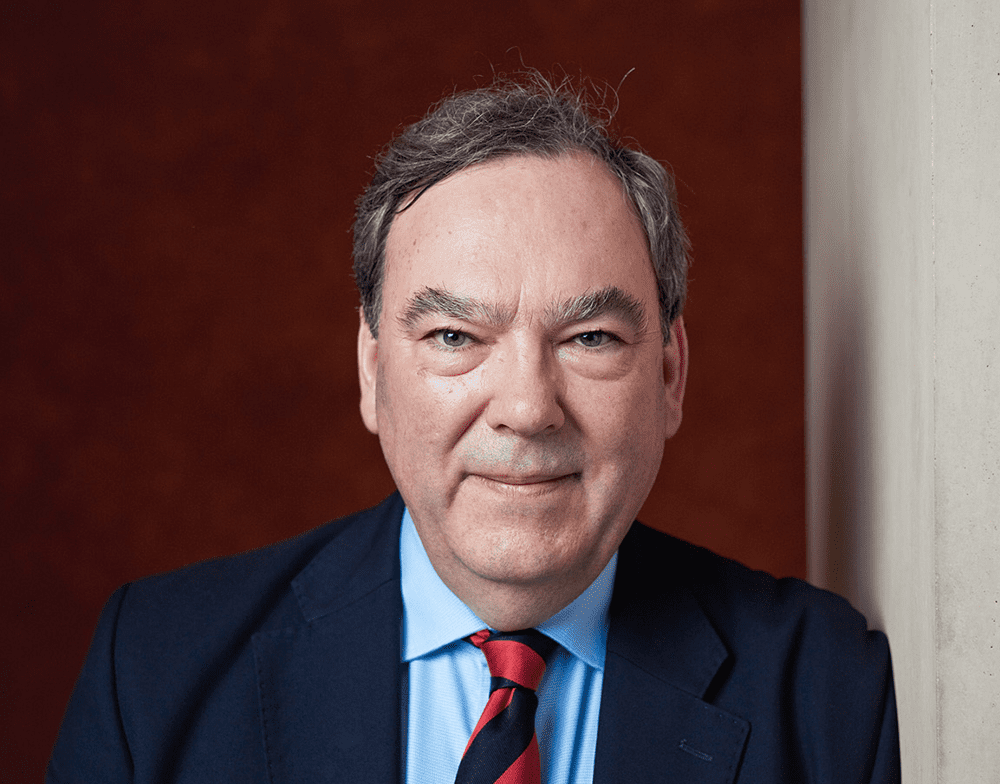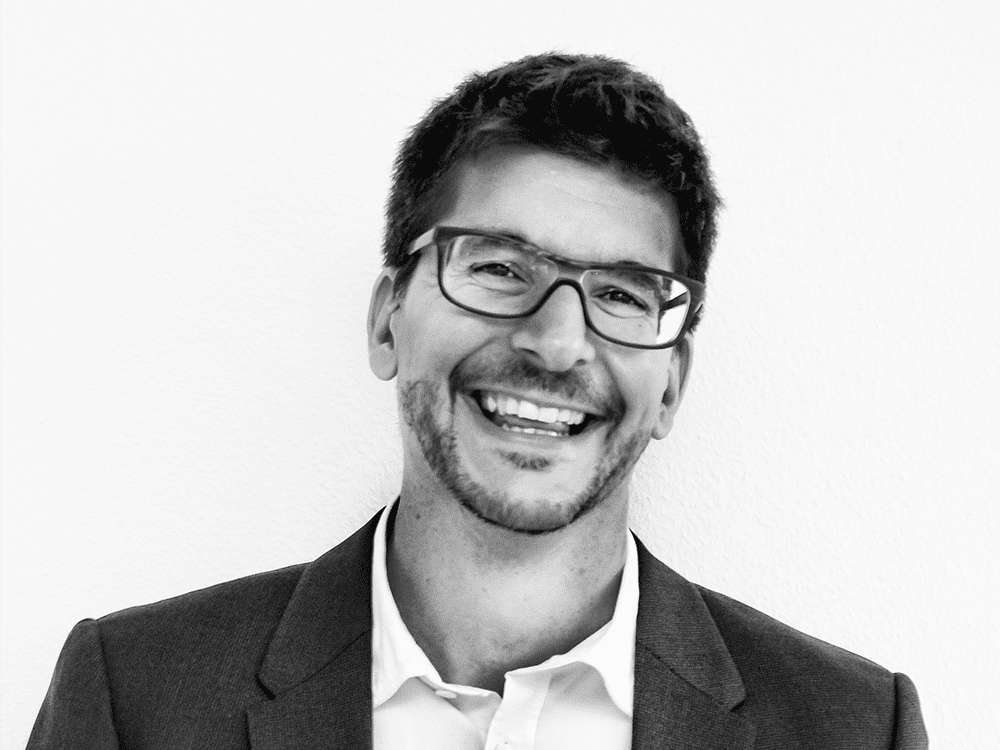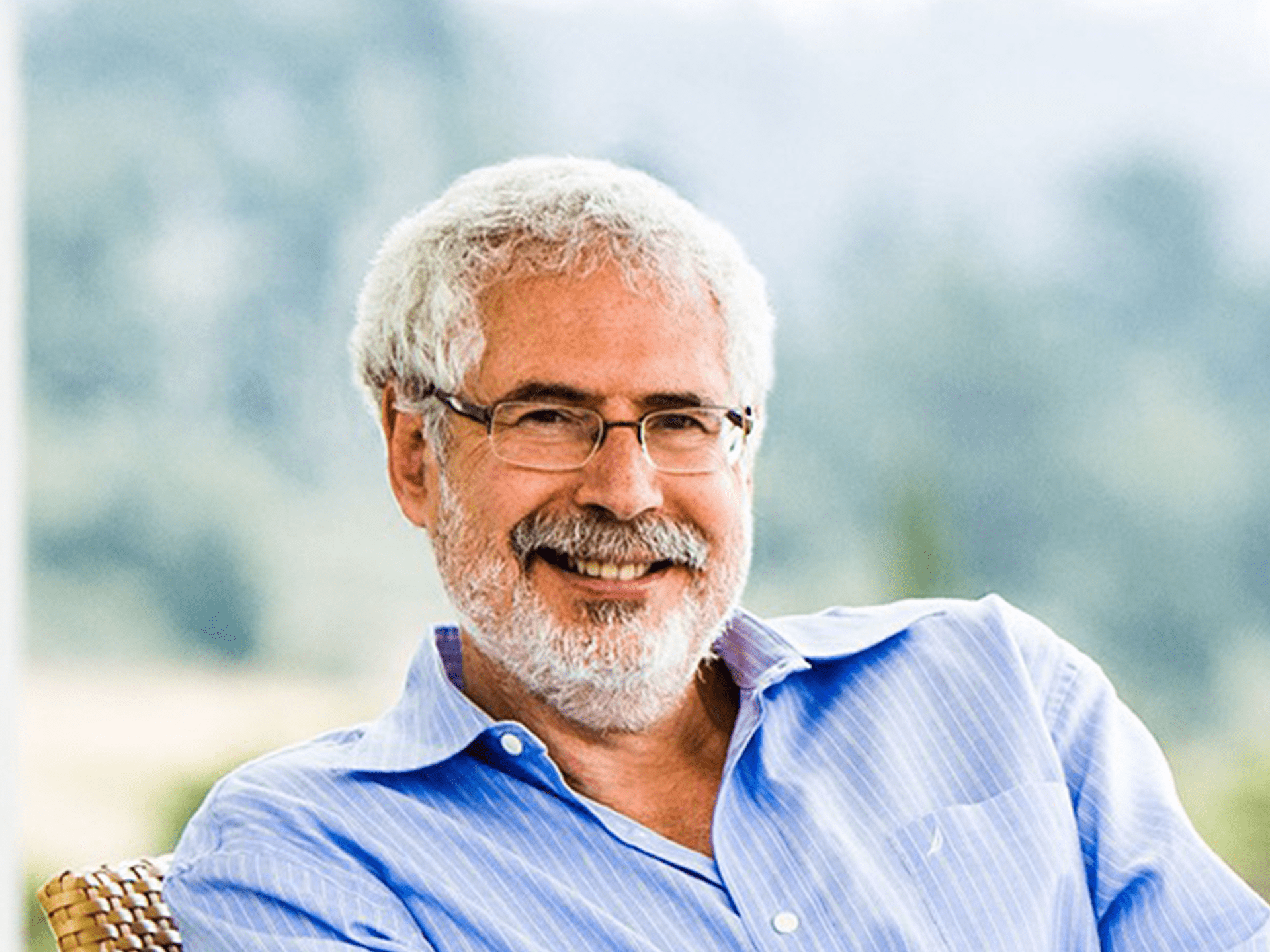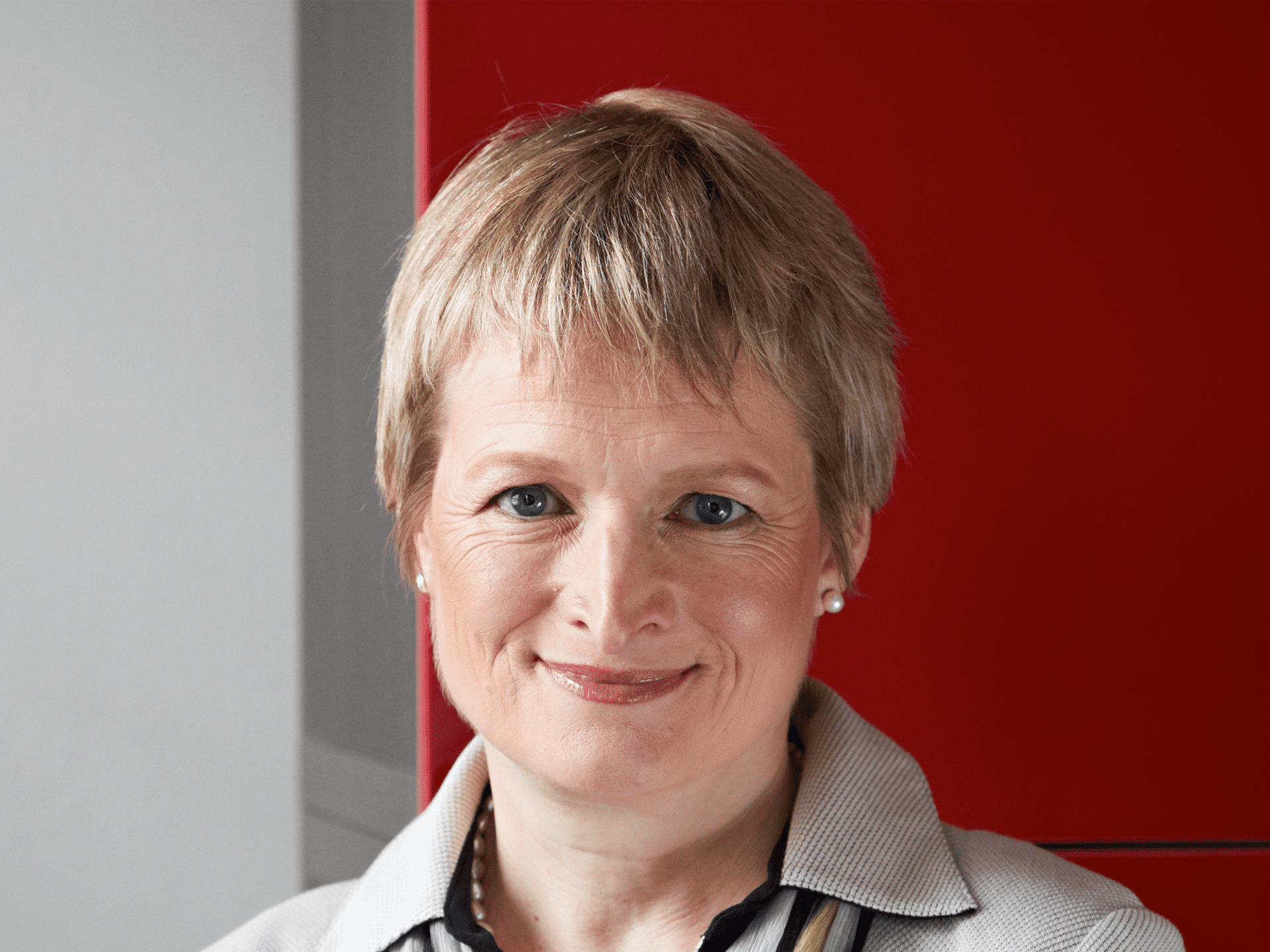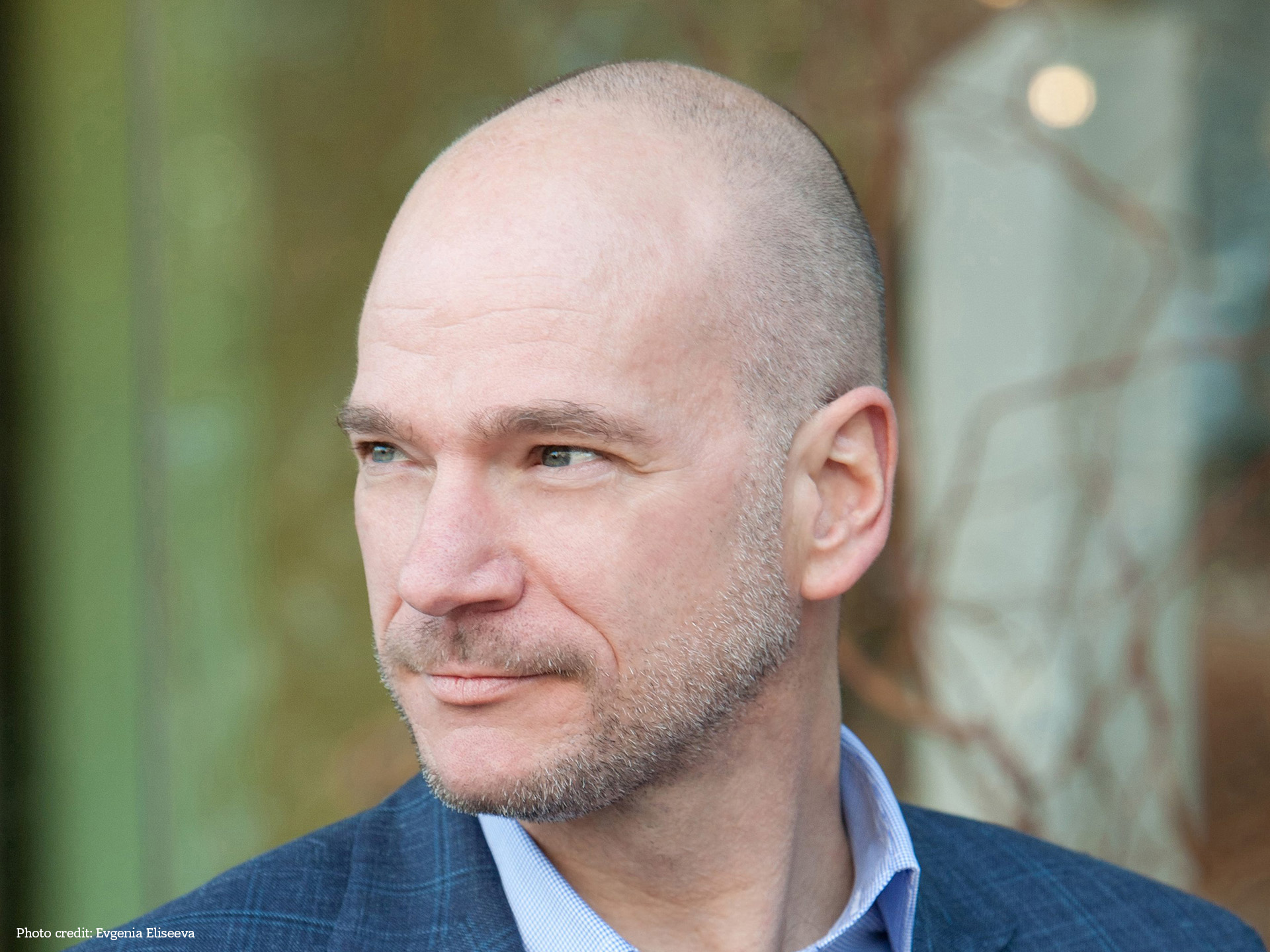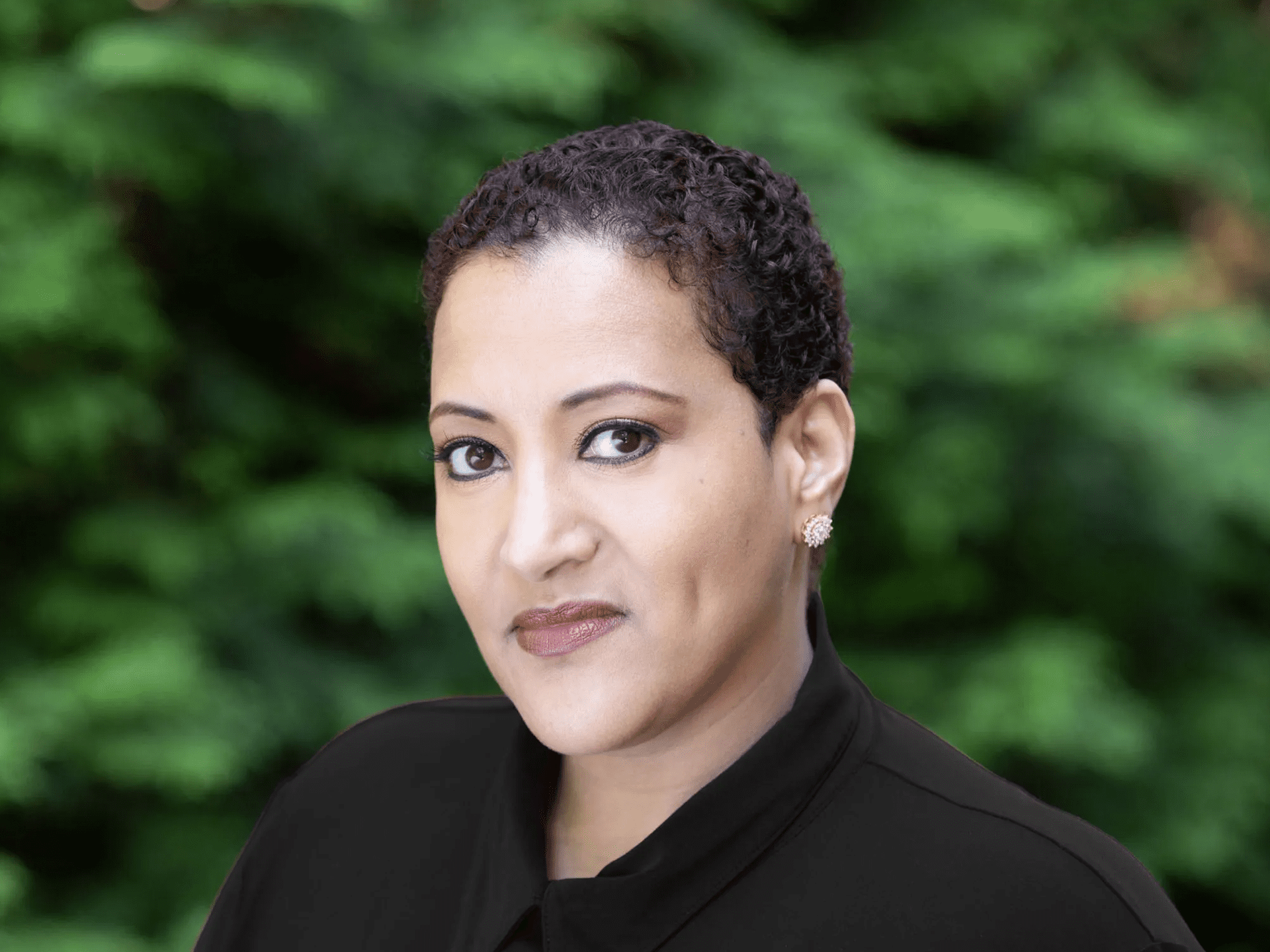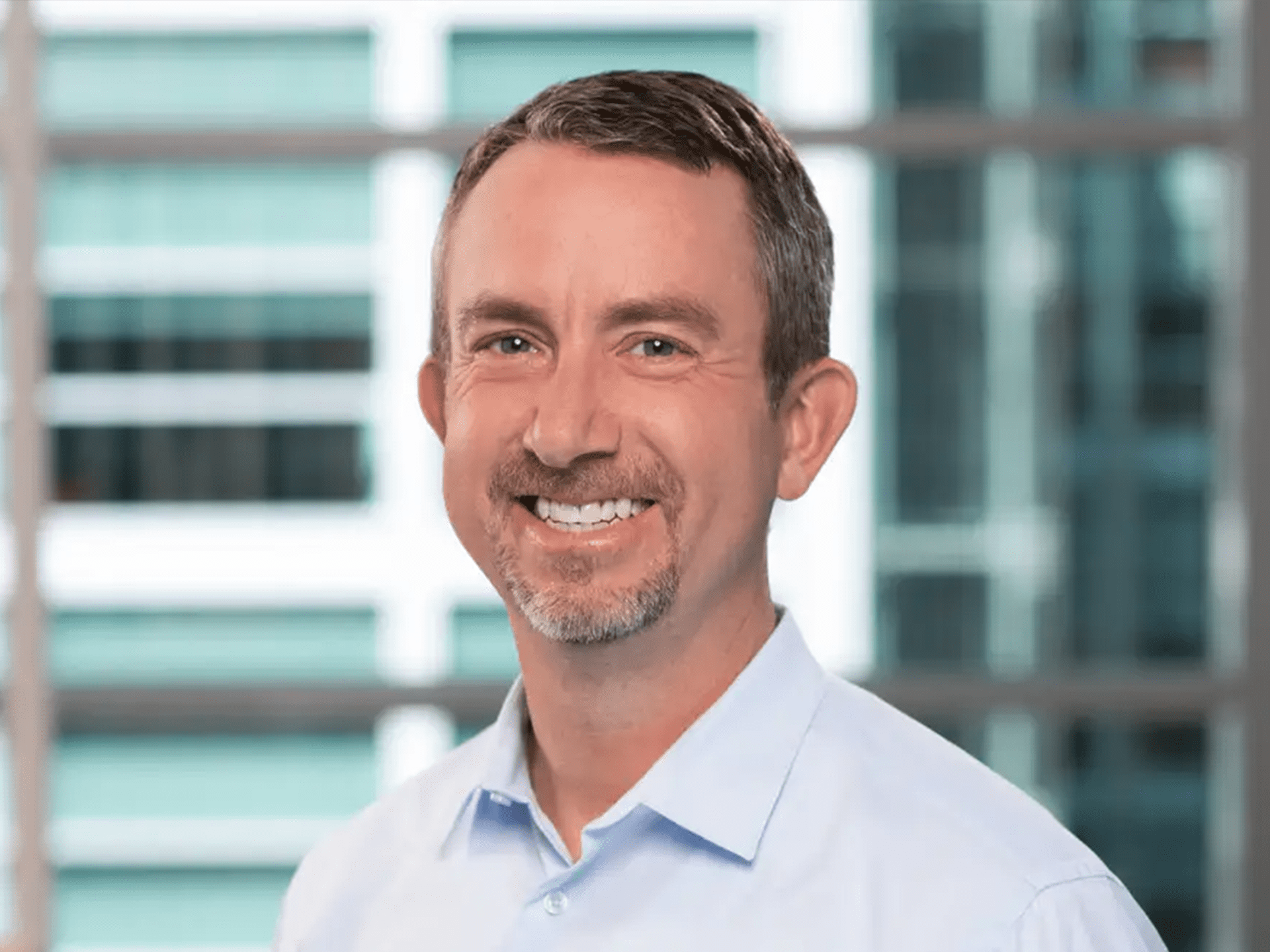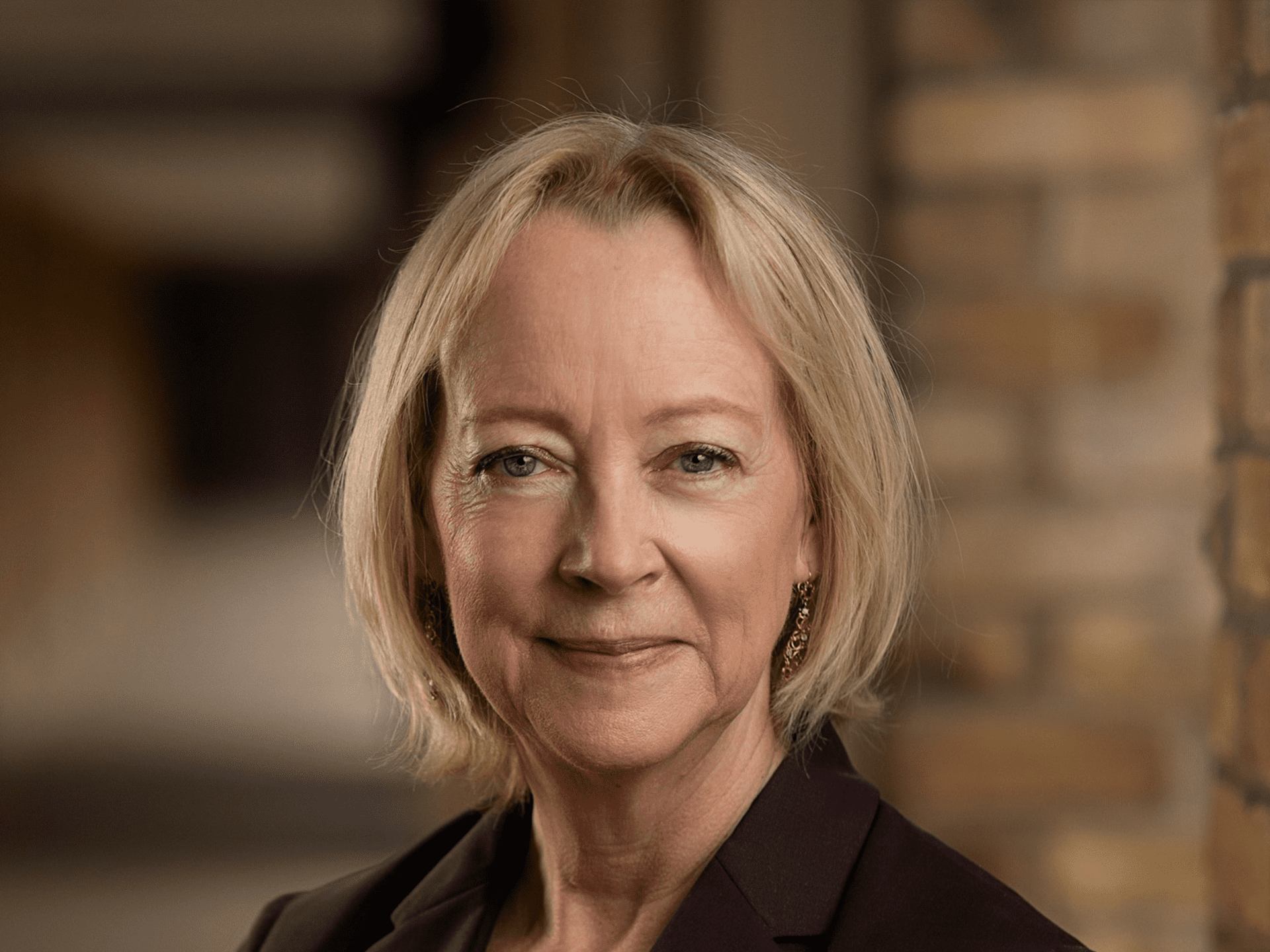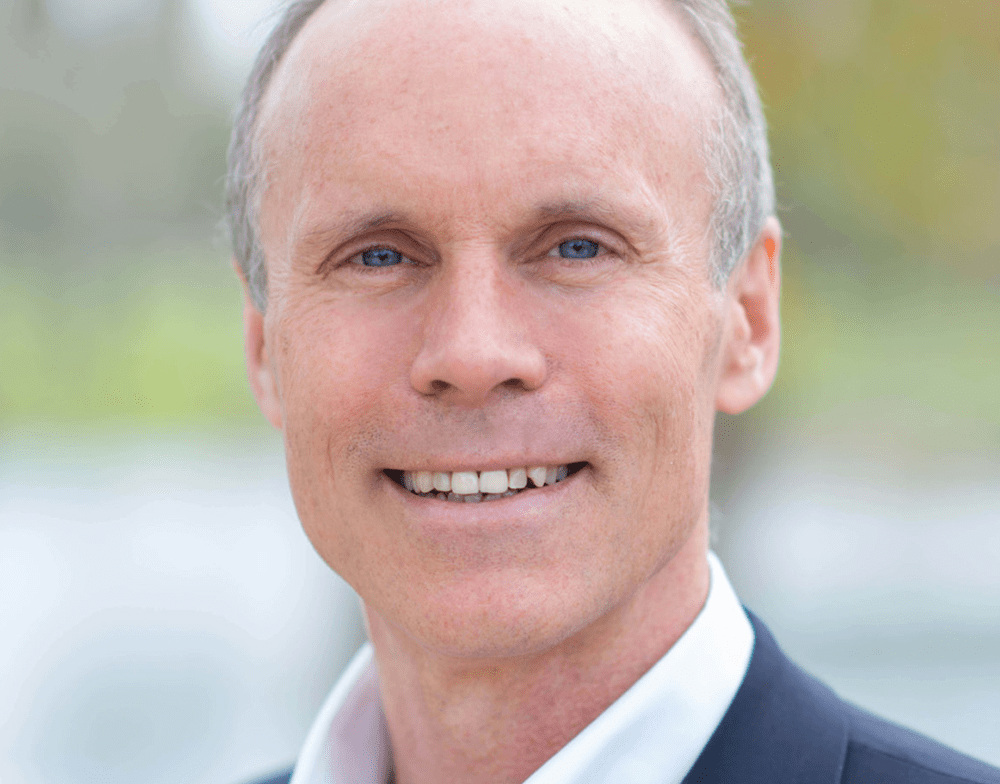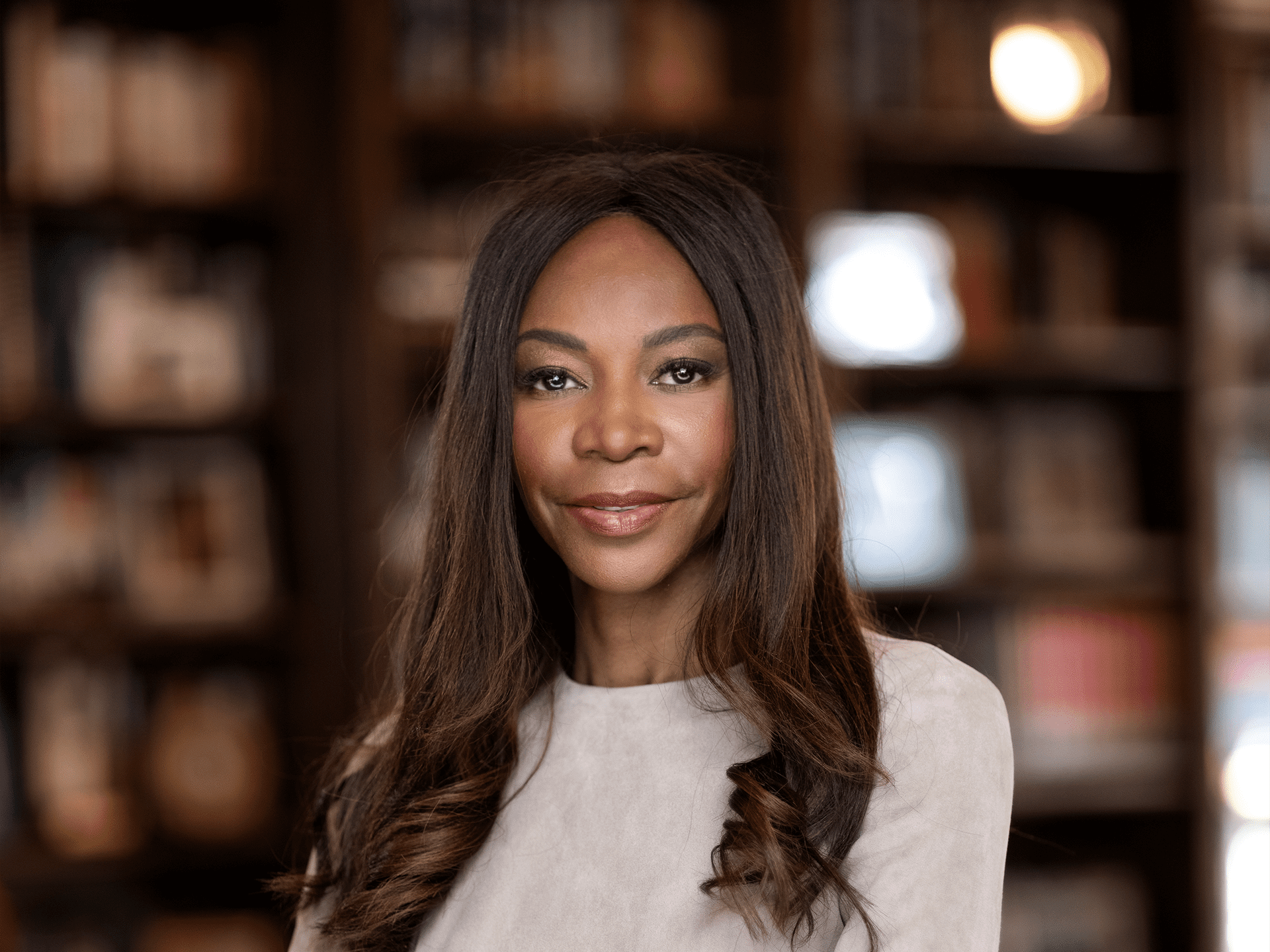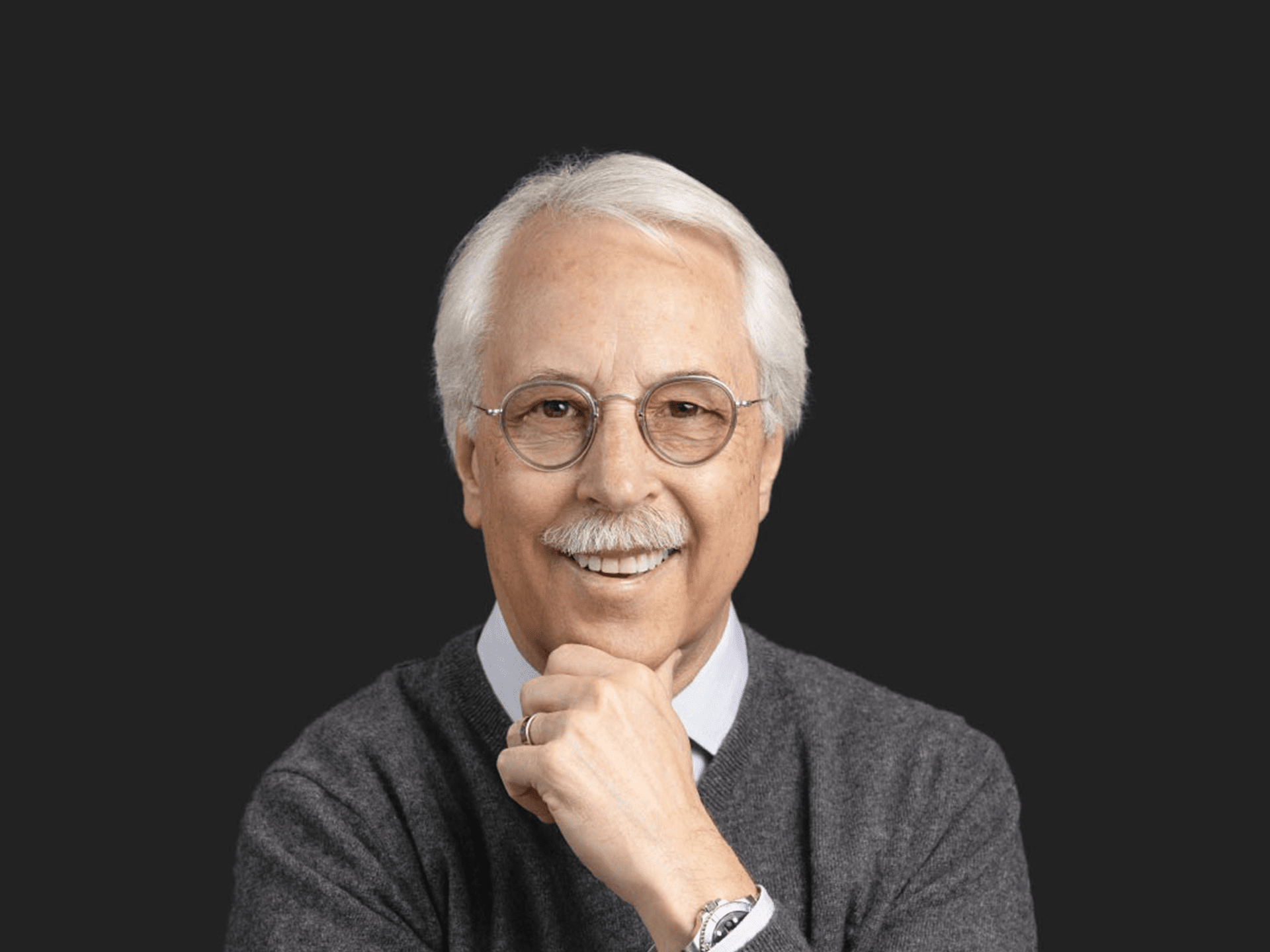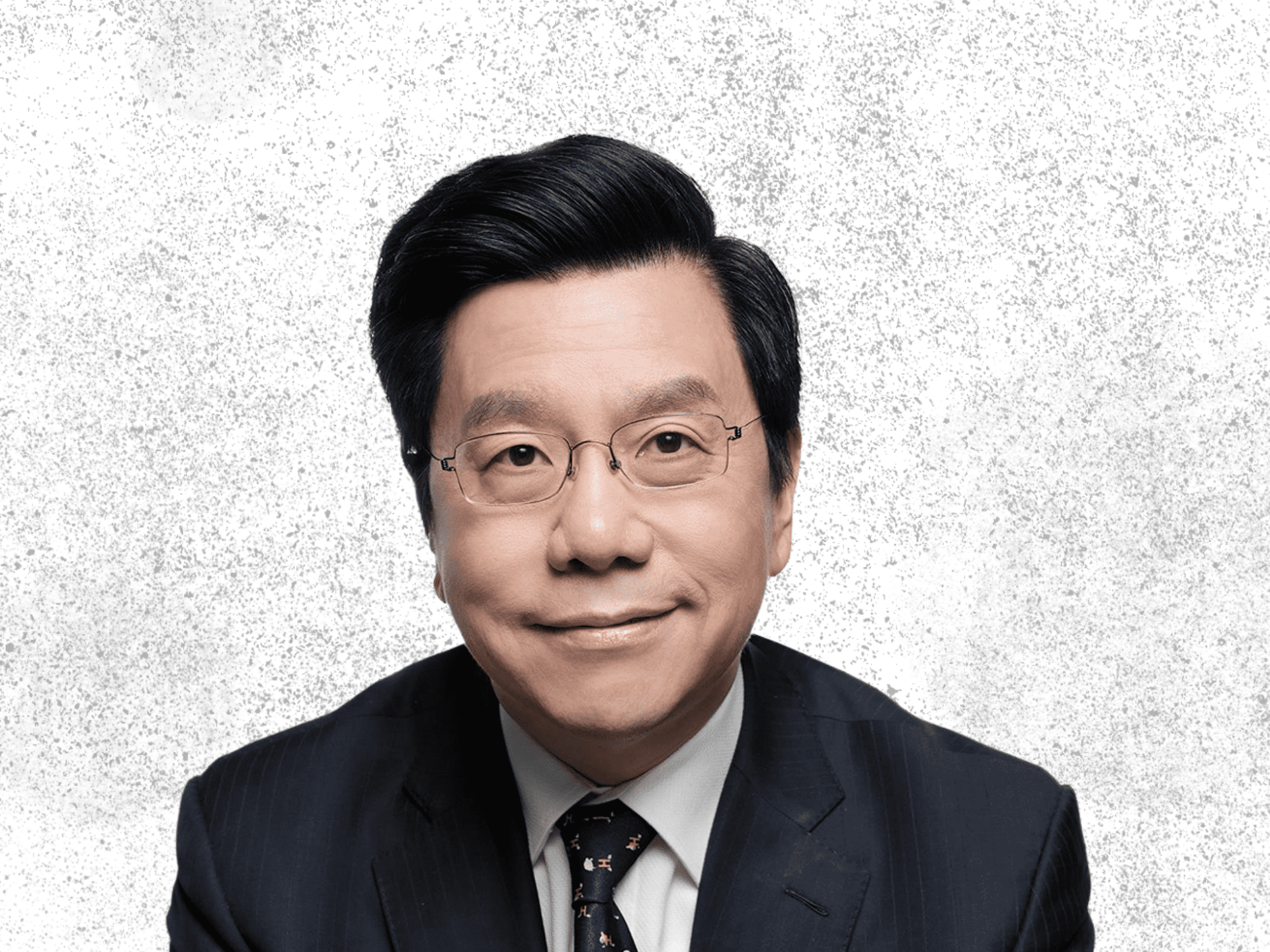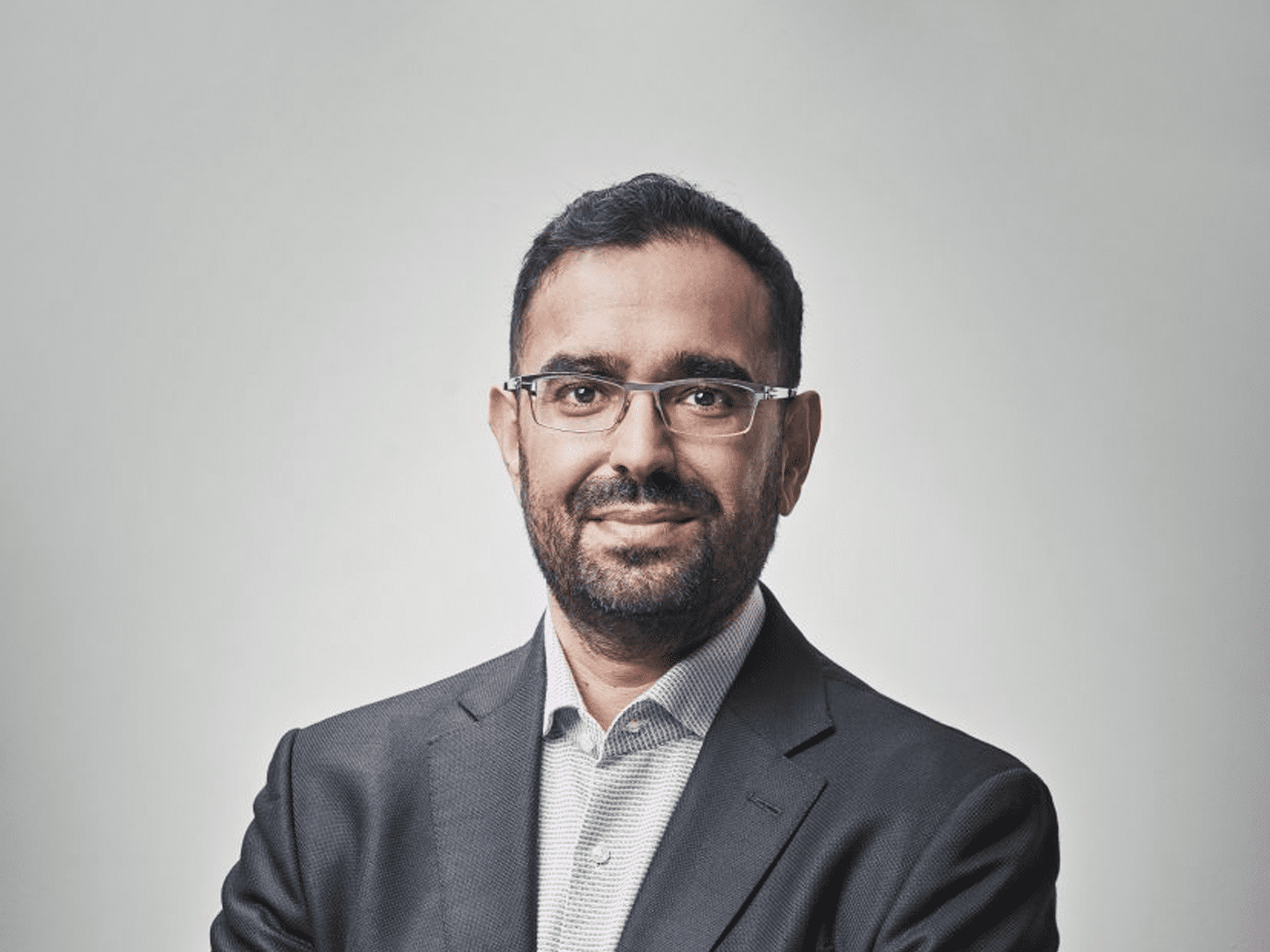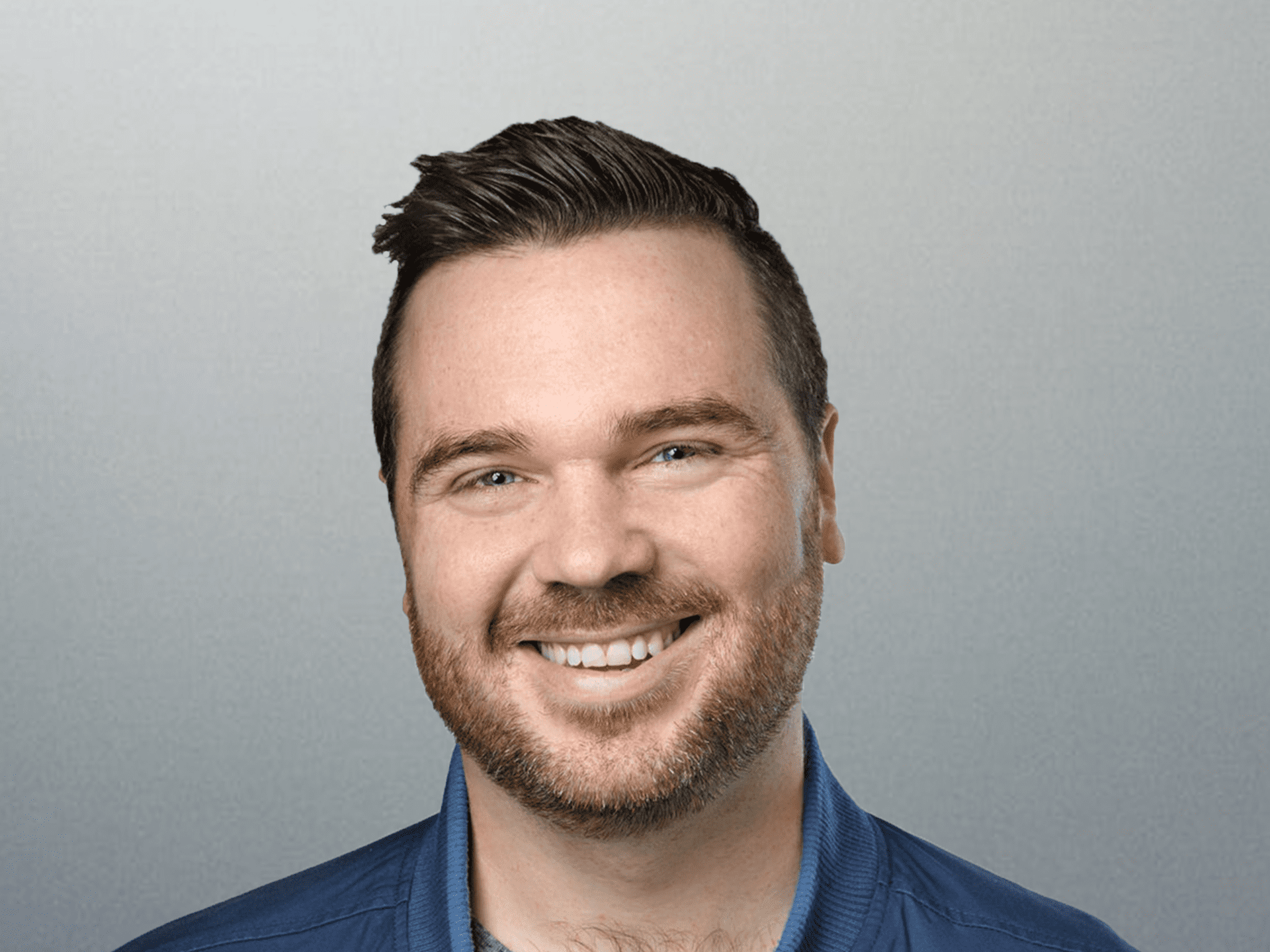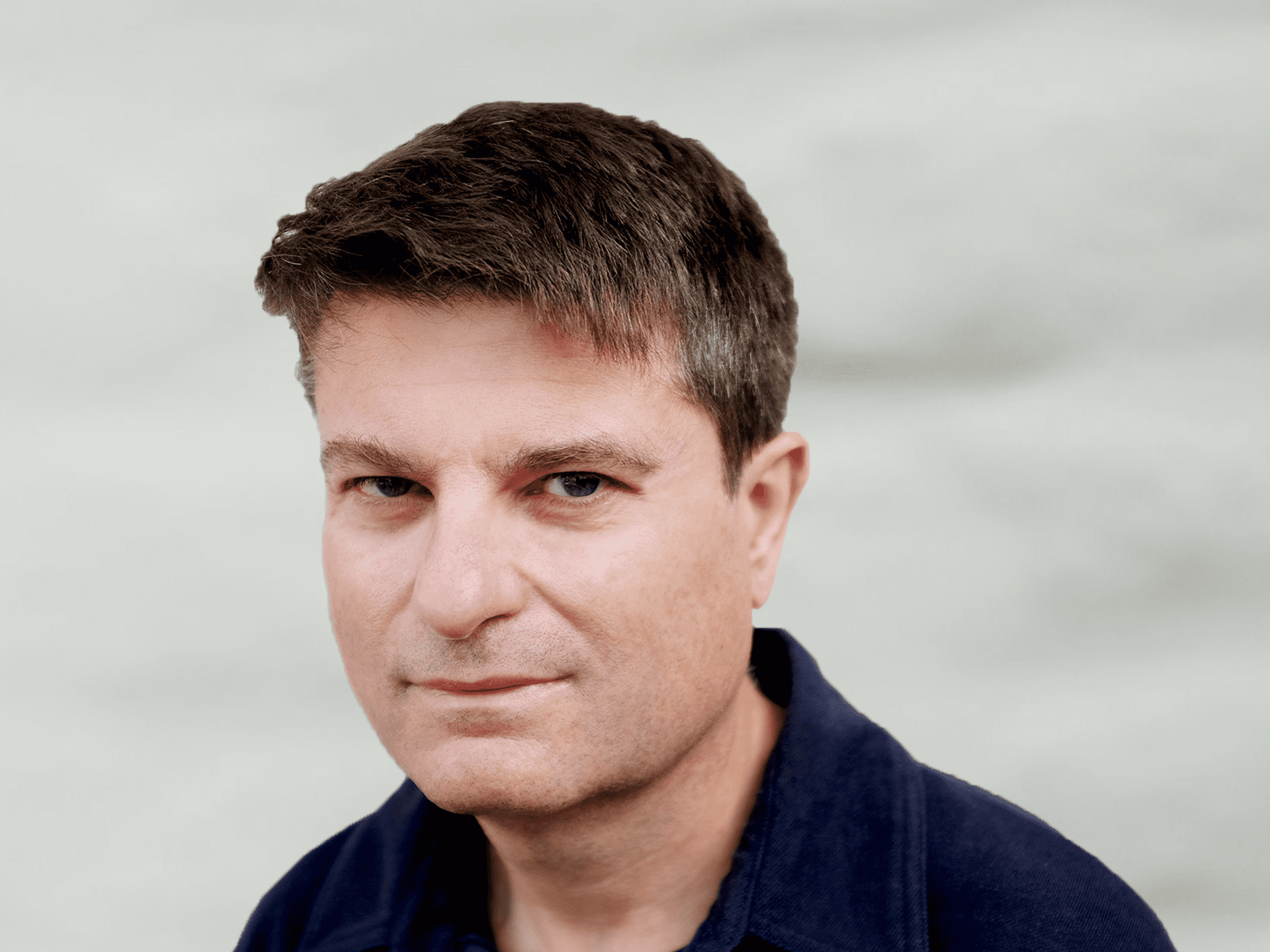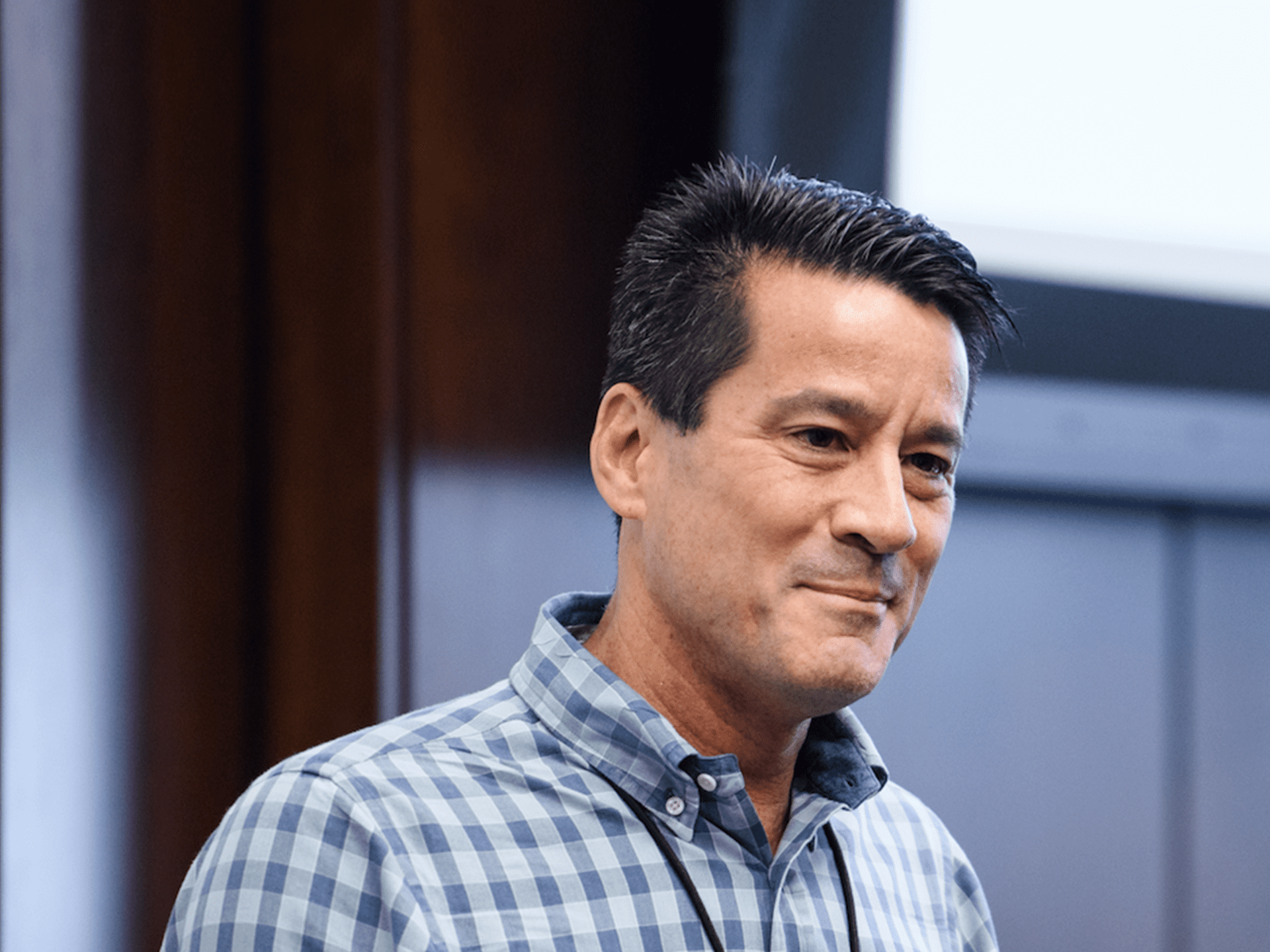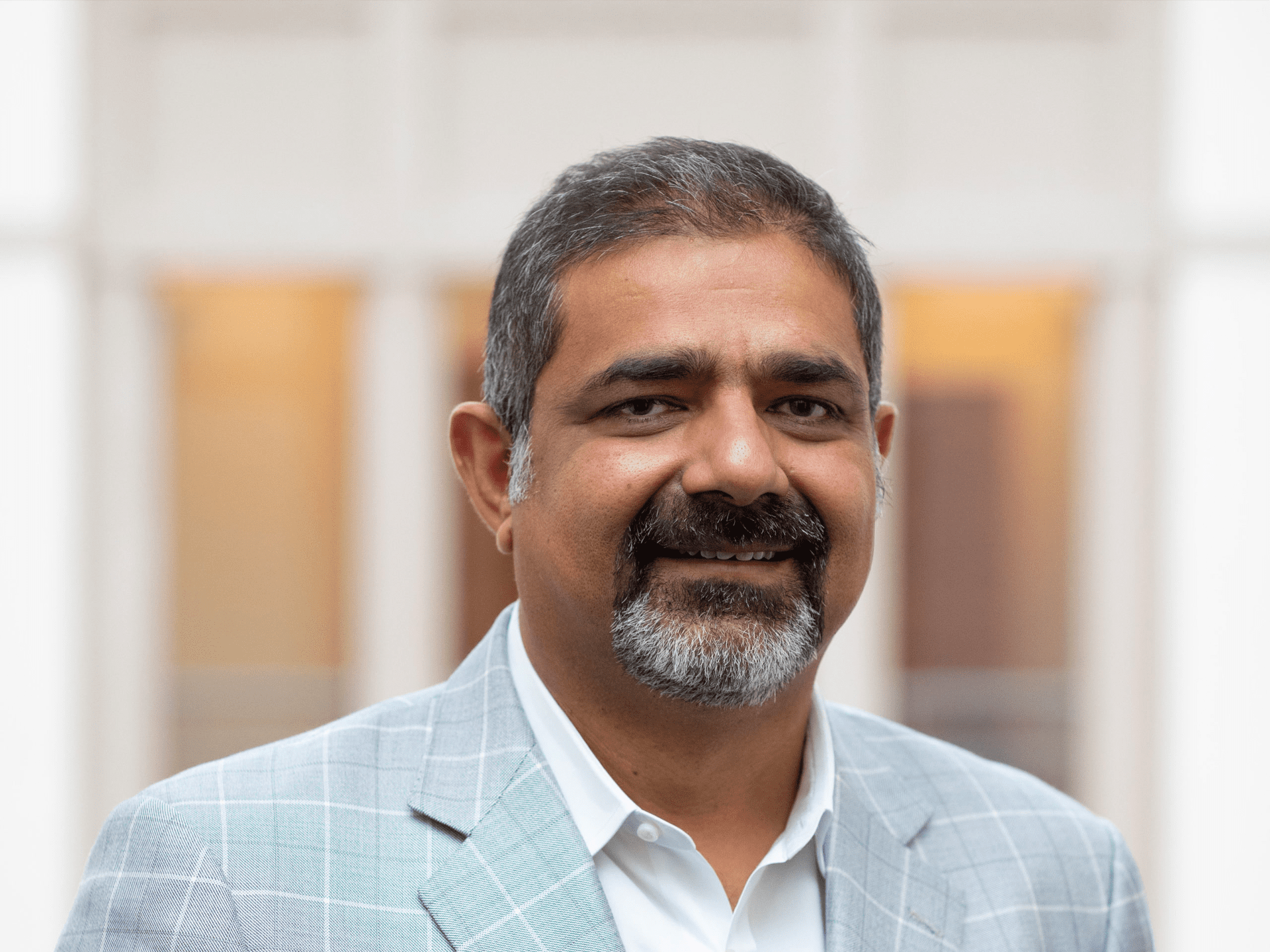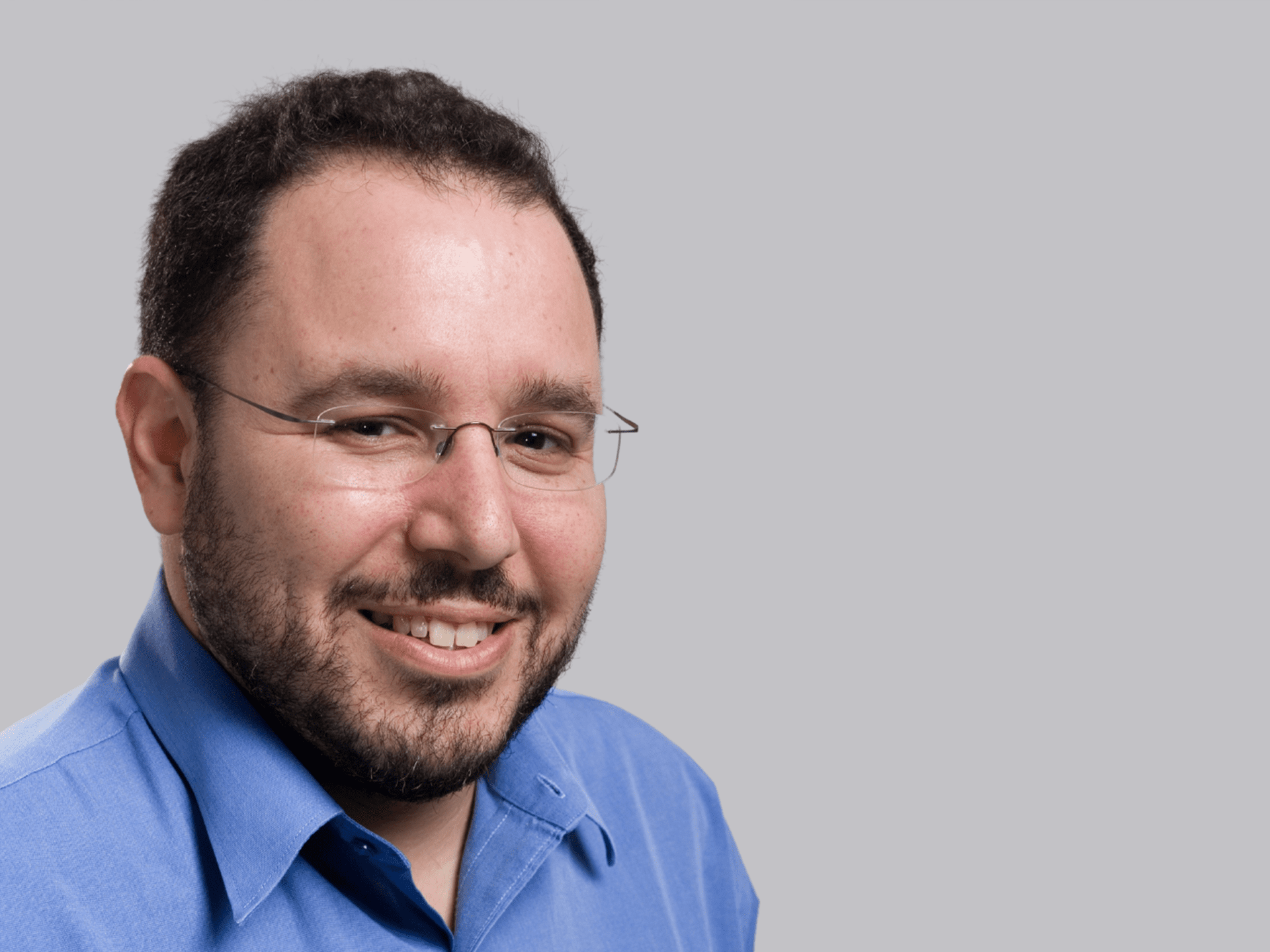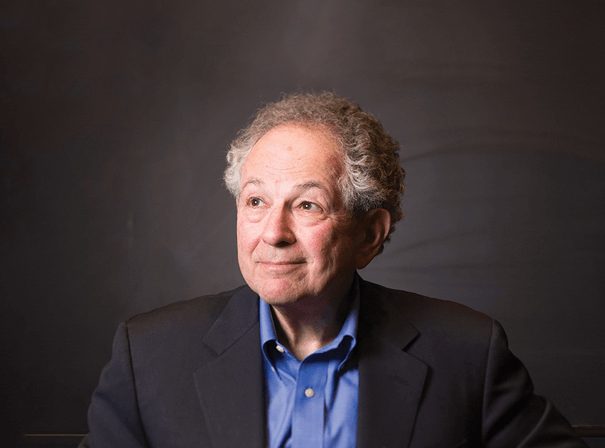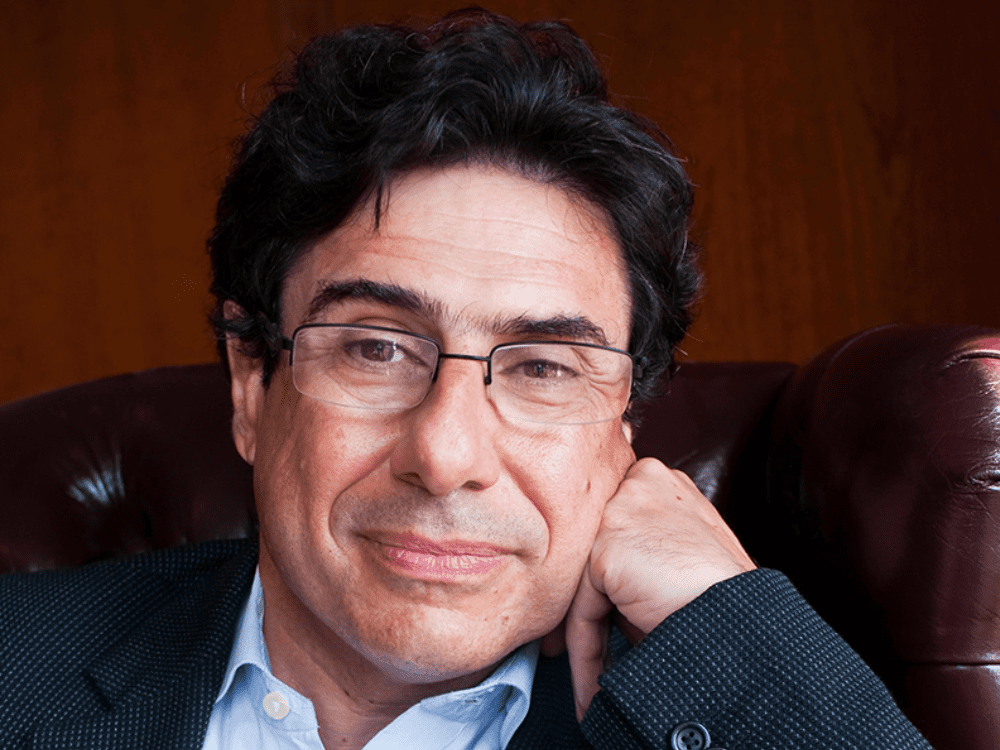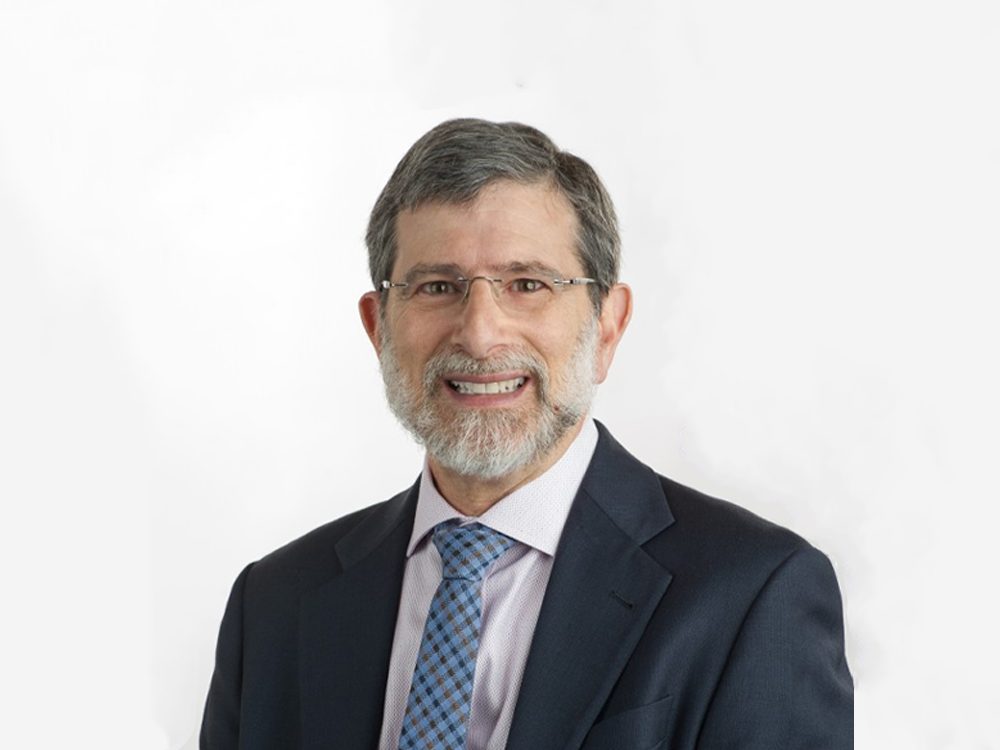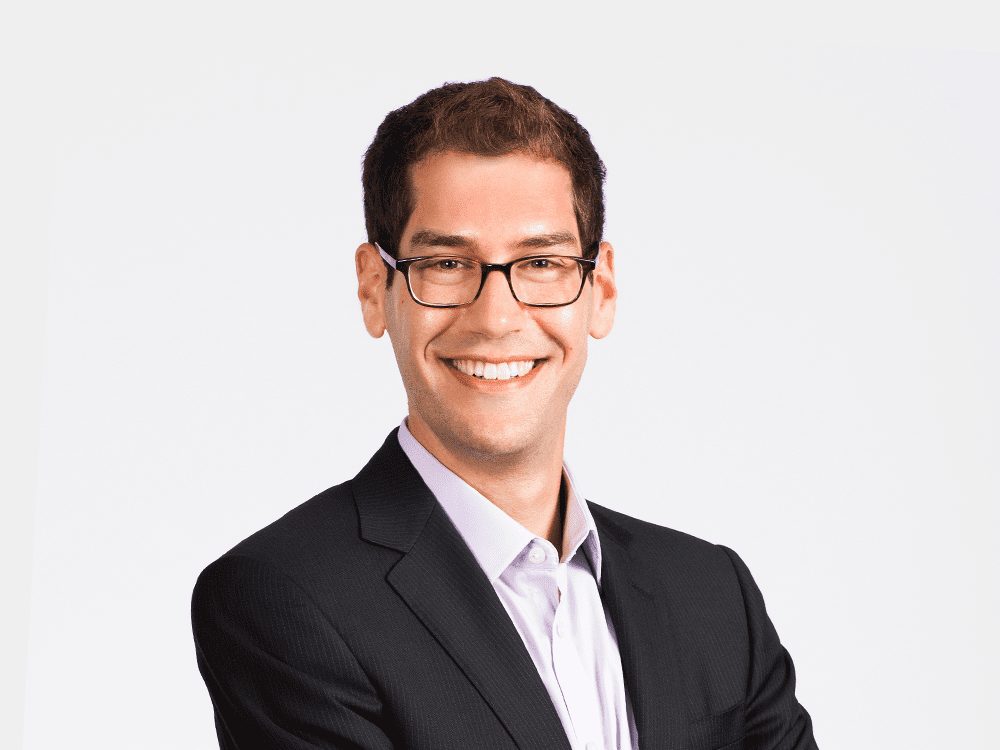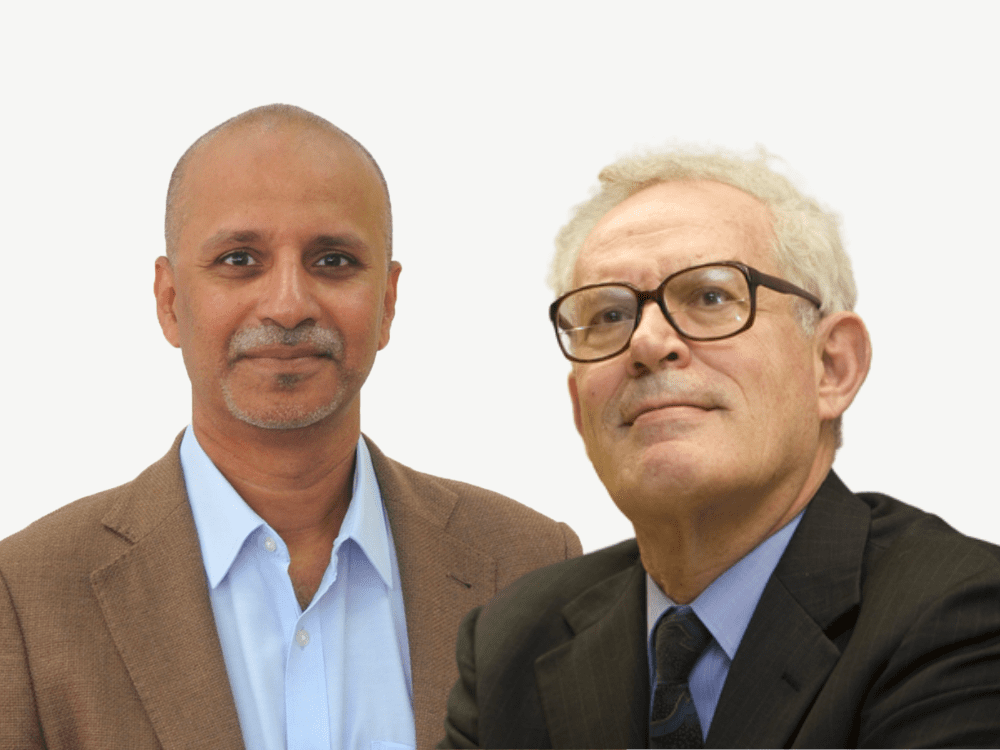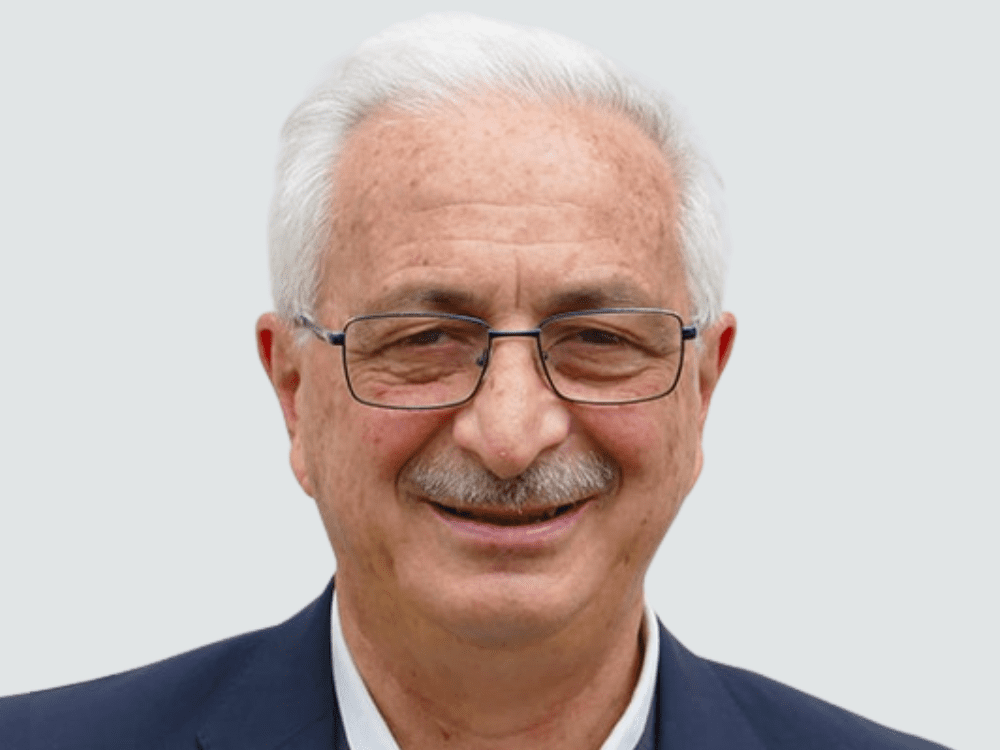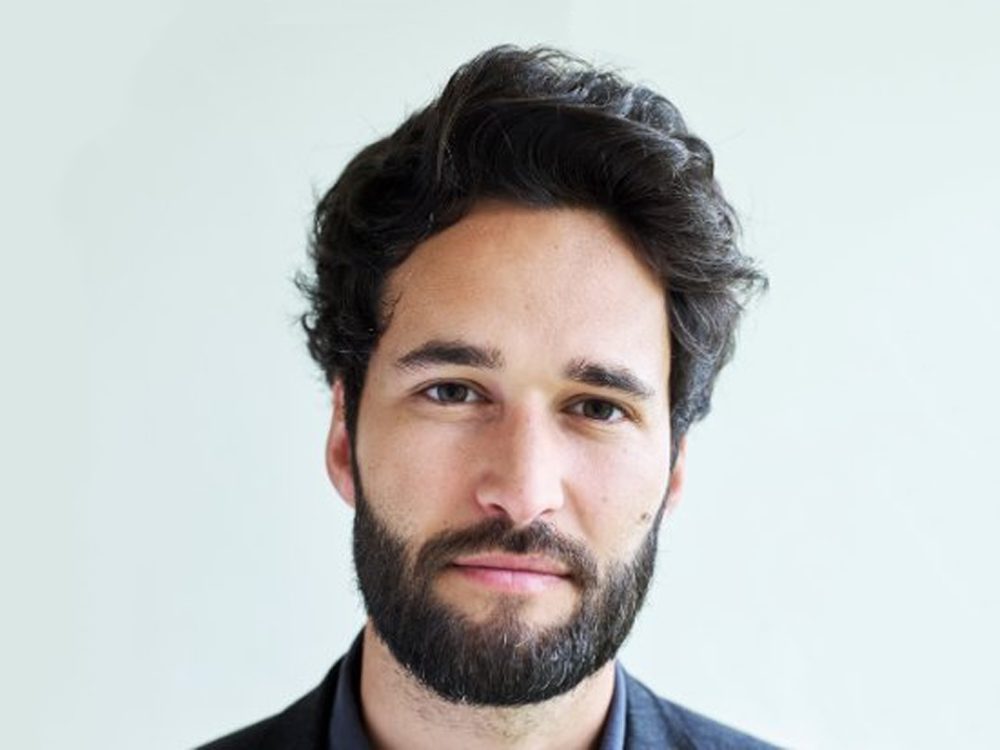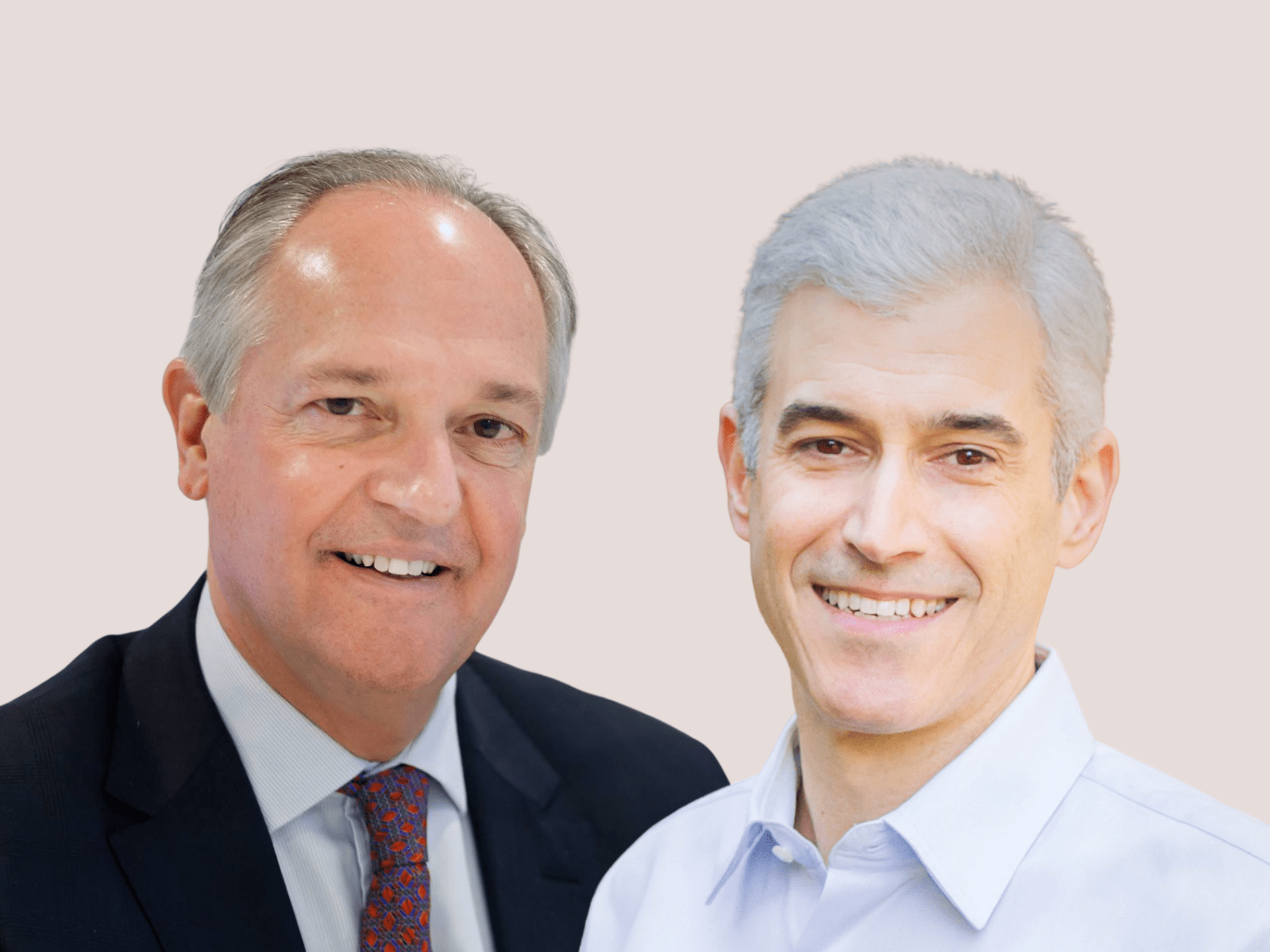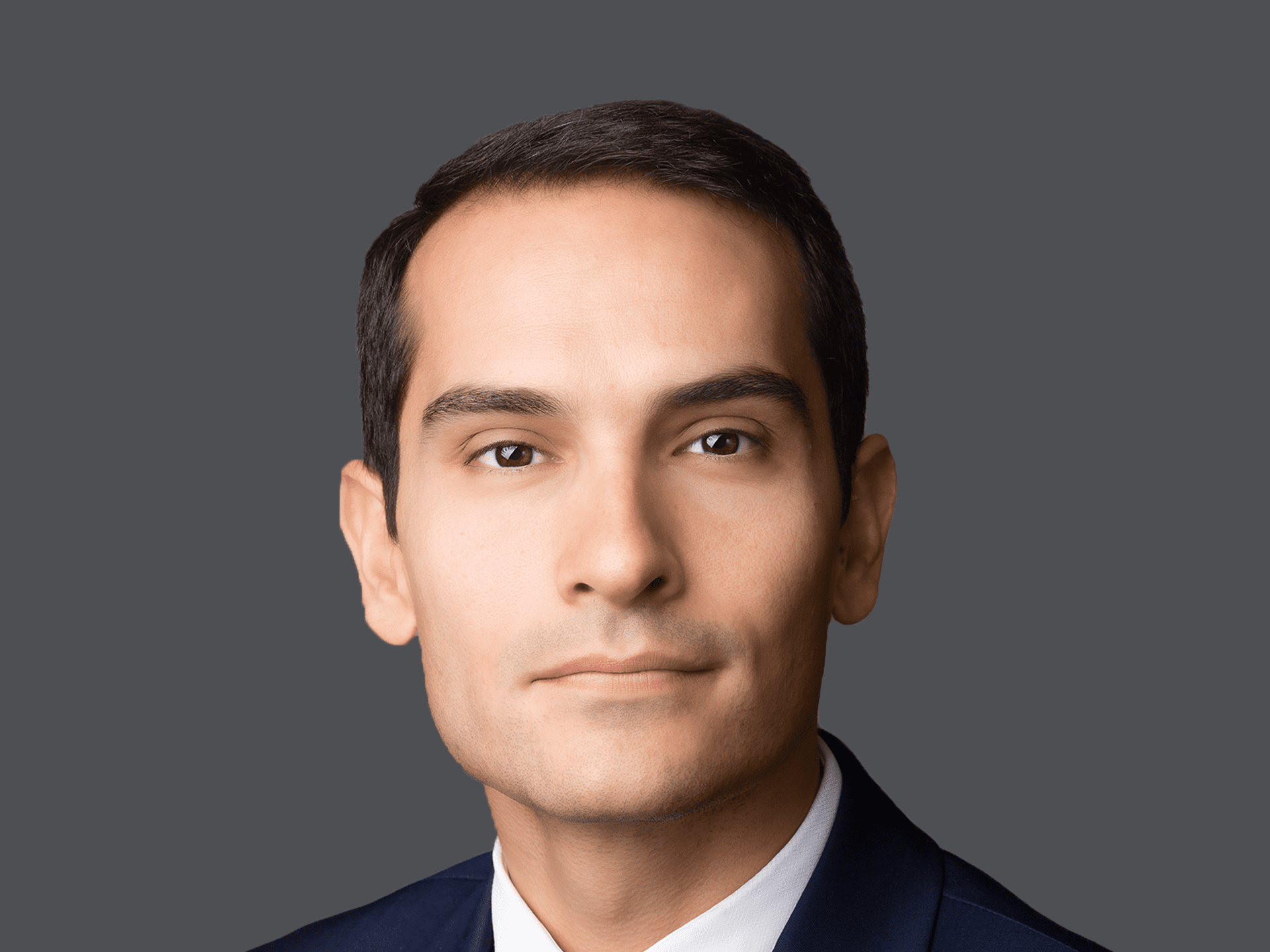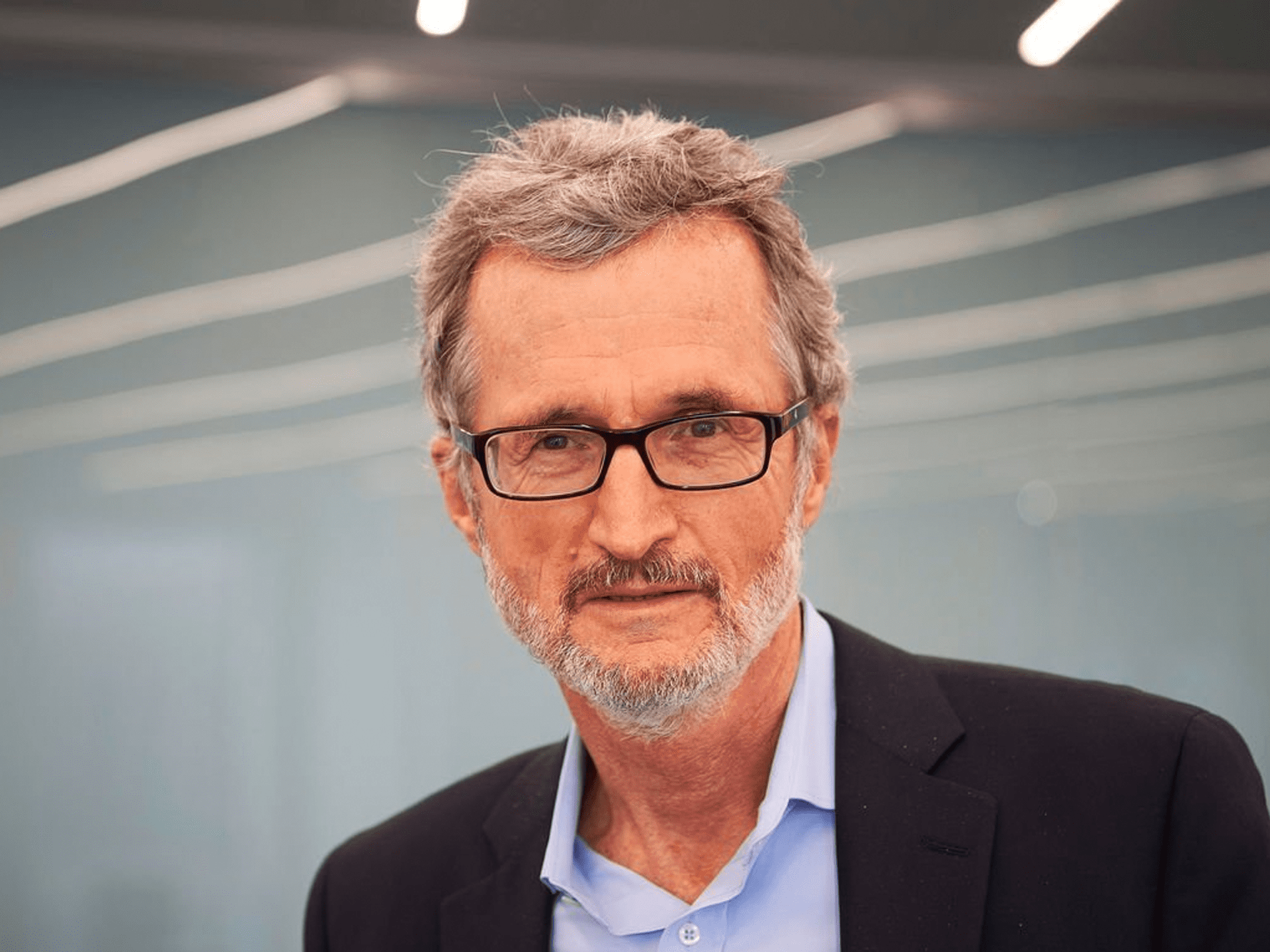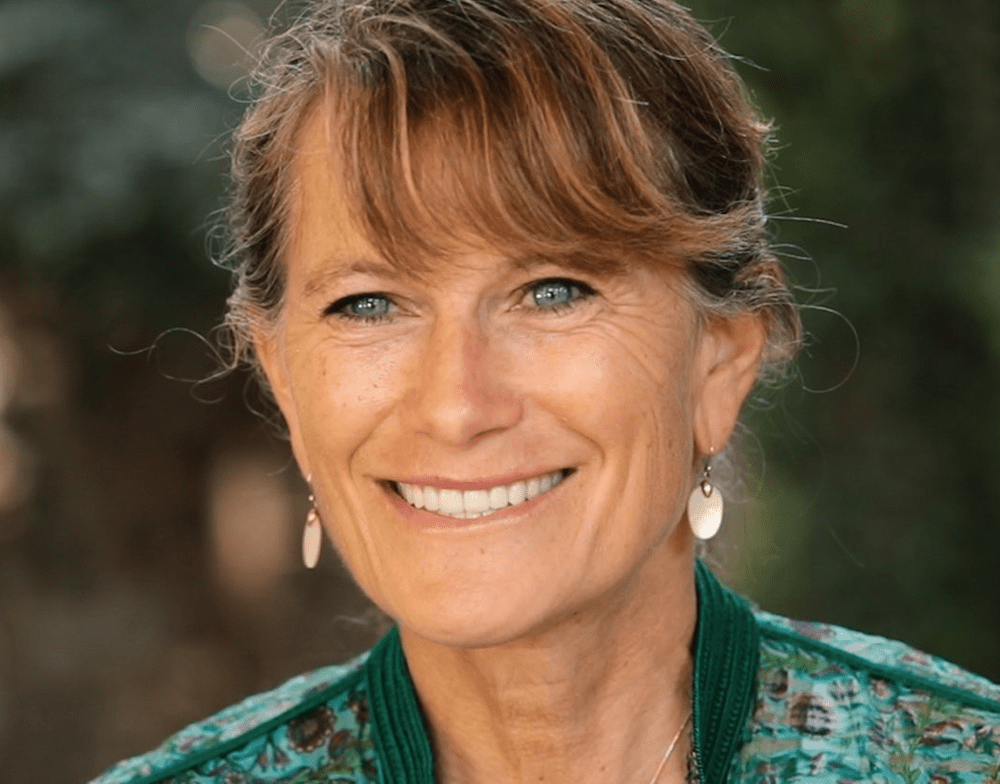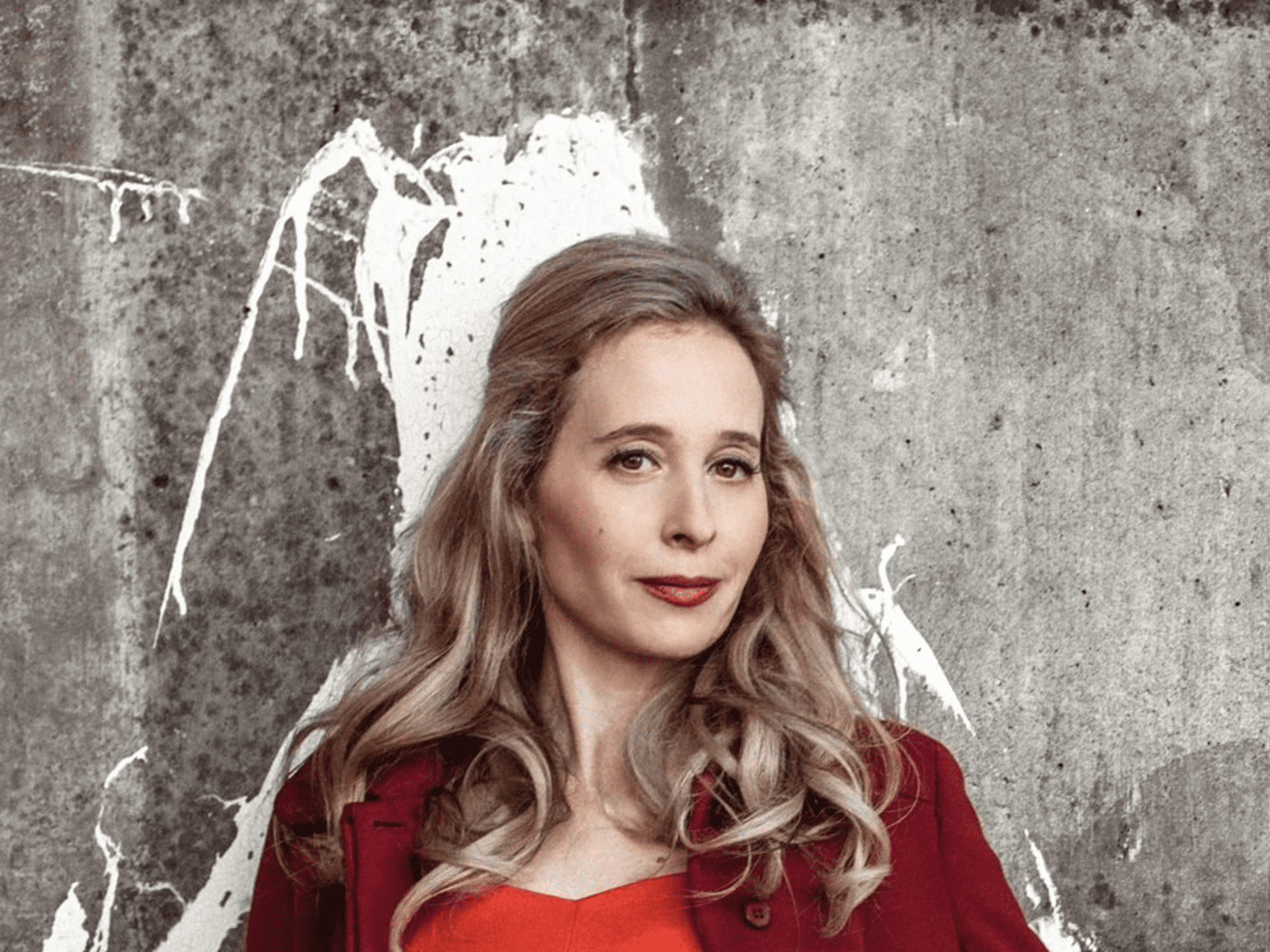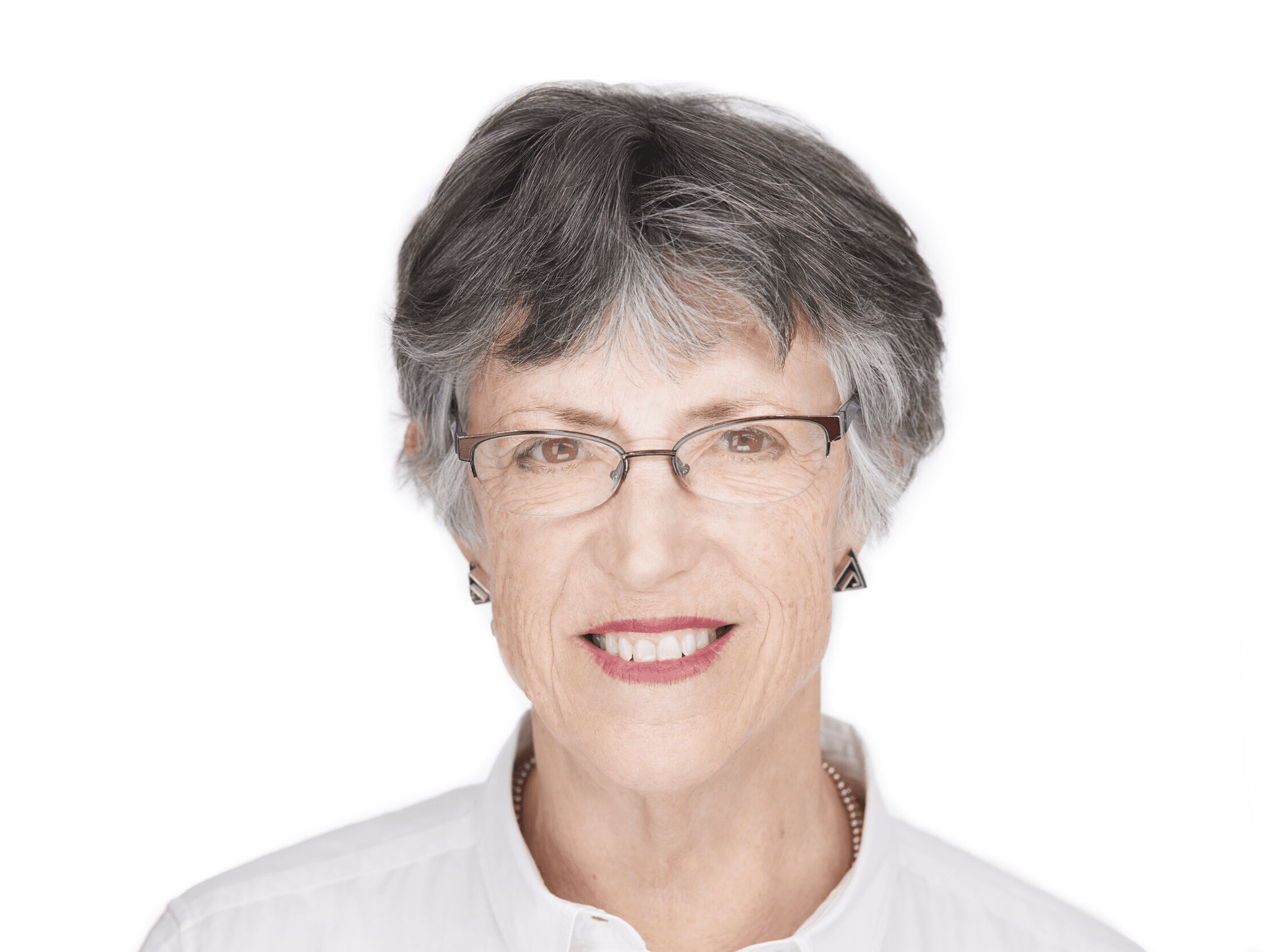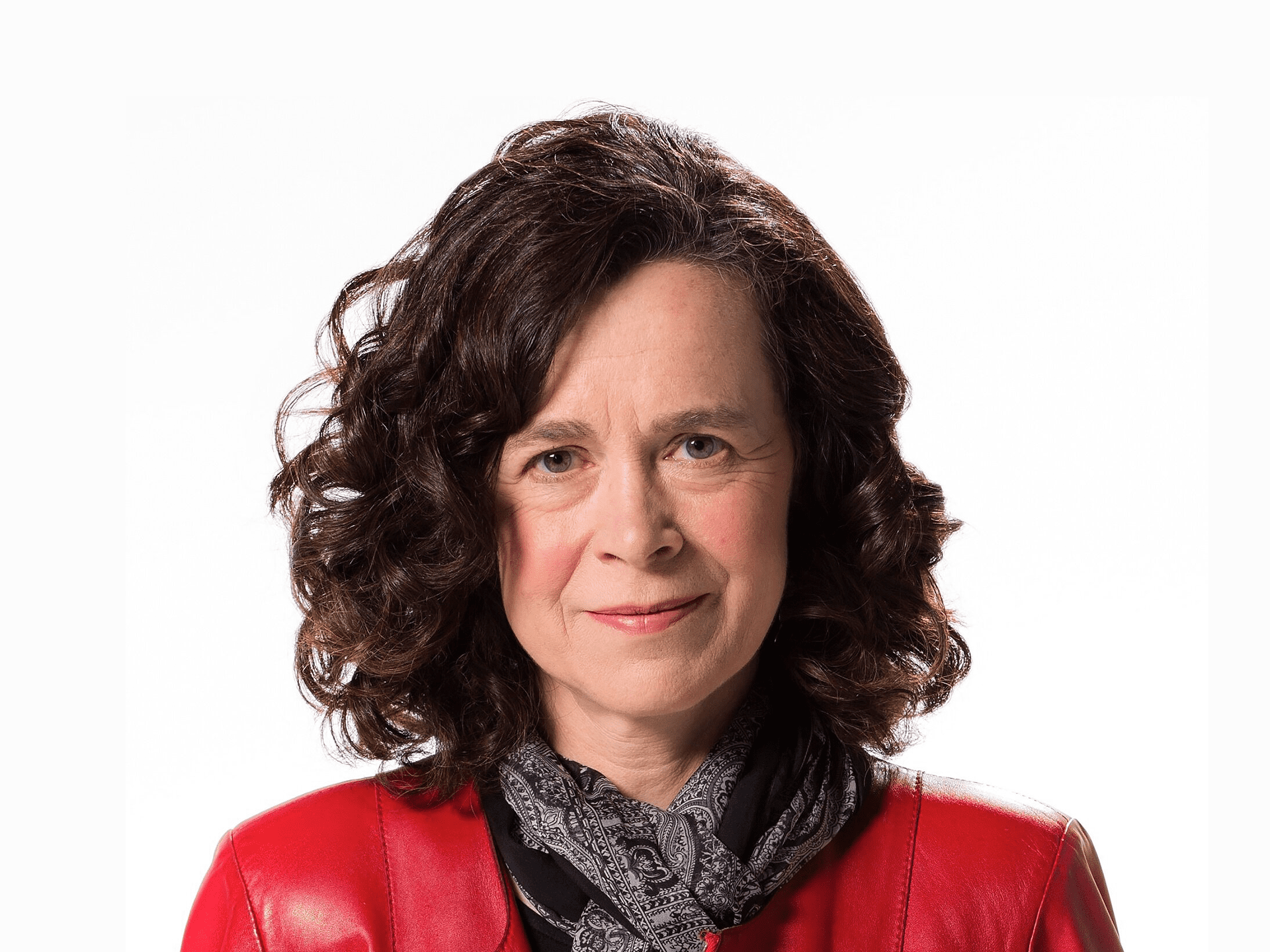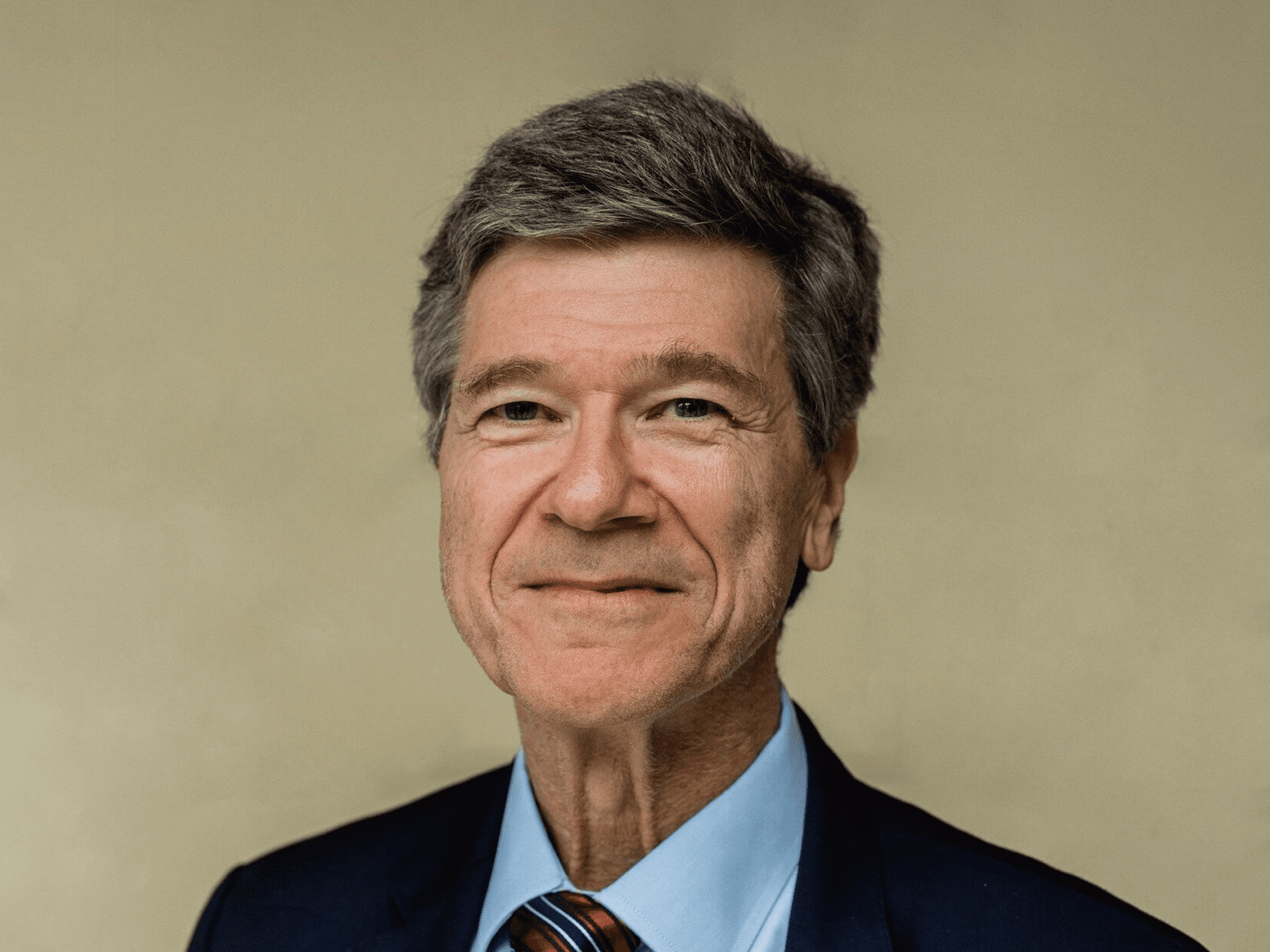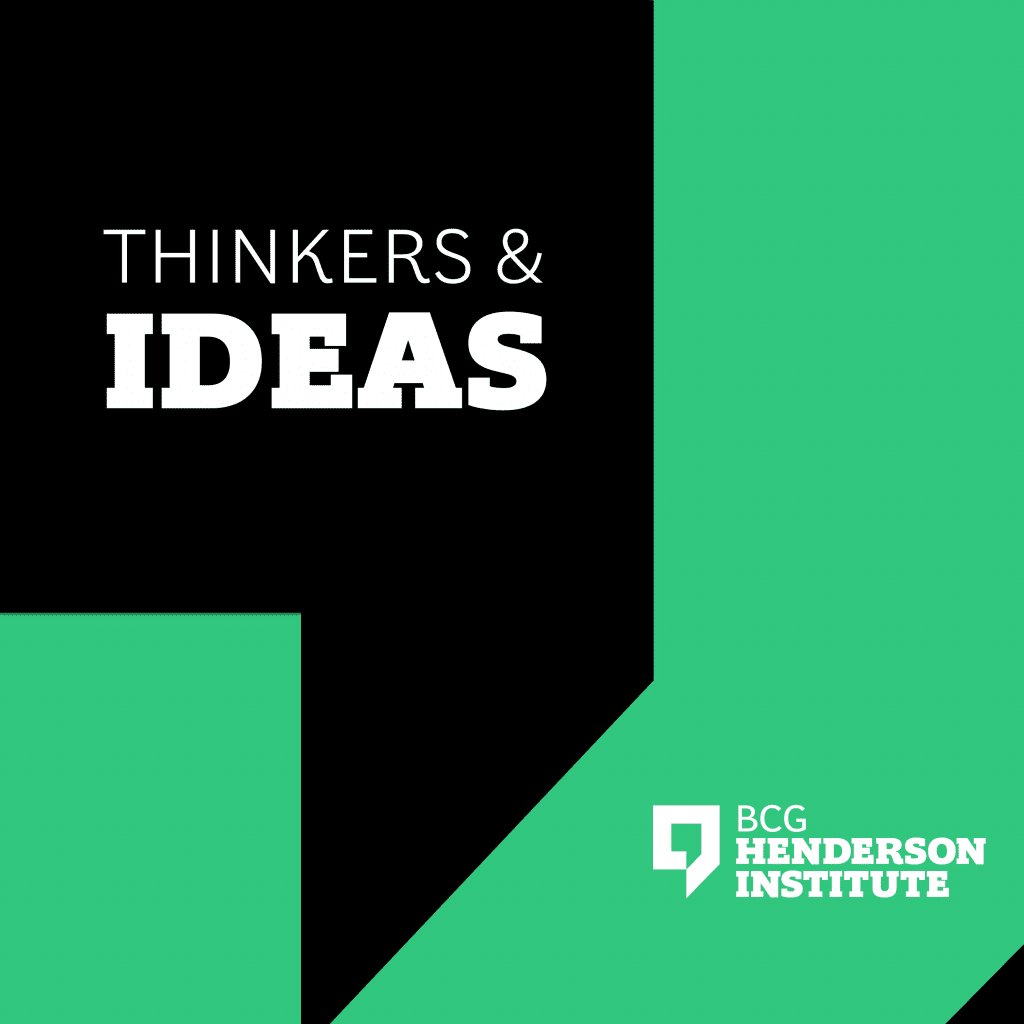

Thinkers & Ideas
Our flagship podcast series features thought-provoking conversations with leading thinkers, on topics that span business, technology, economics, and science.




Recent episodes
Making Sense of Chaos with Doyne Farmer
"Complex systems thinking is the dominant tool for modeling in epidemiology. Companies use it to model their inventory systems. But using it in economics is harder because the agents have more agency and are complicated."
Co-Intelligence with Ethan Mollick
"We gave a large number of workers access to GPT-4, without training. The people who had access to it got work done 26% faster and got 12.5% more work done. […]. To put that in context, when steam power was put into a factory in the early 1800s, it improved performance by 18 to 22%."
The Intelligence of Intuition with Gerd Gigerenzer
"Einstein said that intuition is a gift, and reason is its servant. However, we have created a society that celebrates the servant, and has forgotten the gift."
Climate Capitalism with Akshat Rathi
"If I were a CEO […] I would focus on the technologies, products, and innovations that would bring a competitive advantage for my company in a market that will go to zero emissions one way or another."
Slow Down with Kohei Saito
"Even with new green technologies, if we keep trying to produce more for the sake of economic growth, we […] cannot make a fast transition to decarbonize the economy. Therefore, I argue that it is necessary to reduce what is unnecessary."
Higher Ground with Alison Taylor
"We all seem to have collectively lost sight of what it means to be a good business, in the ethical sense."
The Friction Project with Bob Sutton
"[Friction creates] the feeling that you’re trying to accomplish [something], but there’s something about the system that makes it difficult or impossible for you to get it done. […] When people feel excessively burdened, they’re less creative. They tend to leave the organization. They just give up."
Permacrisis with Mohamed El-Erian and Michael Spence
"In a world like this, you better ask yourself every single day whether your company has three characteristics: One is resilience, the second is optionality or open-mindedness, and the third is agility."
The Worlds I See with Dr. Fei-Fei Li
"Business today is built upon knowledge layers—information on customers, supply chains, markets…. All these layers will now be updated with…new technology, [enabling] optimized decision making, personalization, and customization."
The Secret of Culture Change with Jay Barney
"We have no examples in our data of successful culture change that did not start at the top. […] If the business leader […] is not building the story then it is not culture change."
Head & Heart with Dr. Kirstin Ferguson
"We need to understand that the core tenets of what makes us human, the heart, are just as important as the attributes of the head."
How to Work with (Almost) Anyone with Michael Bungay Stanier
"Your working relationships strongly determine your success and your happiness. Stop leaving it to chance. Actively manage them—do not just hope, maybe it’ll be different this time."
Big Bets with Rajiv Shah
“Too often when we tackle the biggest subjects of our time, we get stuck in what I call the aspiration trap. (…) A big bet… is really an effort to embrace a big goal to find fresh innovative solutions that could help us actually solve those problems.”
Mixed Signals with Uri Gneezy
"Everyone thinks they understand [incentives] because we all use them. But it turns out that there is an advantage to thinking about them in a more organized and systematic way."
The Coming Wave with Mustafa Suleyman
"If we are to be able to harness the upsides [of these technologies], we have to take a cold hard look at their potential downsides. Too often, people fall into one or other camp—naive techno optimists […] or modern-day Luddites. That does not cut it anymore."
Right Kind of Wrong with Amy Edmondson
"Intelligent failures are intelligent because they're the only way to get some valuable new knowledge that you need to make progress."
The Perennials with Mauro Guillén
"I think the post-generational society is a huge opportunity for companies – if they are willing to get rid of some of their assumptions: For example, that younger people bring in new skills and, therefore, a company is better off if it has a younger labor force. That can be true, but we shouldn't forget about some of the benefits of age diversity."
Power and Progress with Simon Johnson
"I think if you look back over the last 1,000 years, very few societies have been well set up for automatic shared prosperity. I think it's always a fight — it’s always a discussion."
LOOK with Christian Madsbjerg
"Abstraction is the enemy. You get too far away from how life is lived. And the place I found where that is the most extreme is in executive suites."
Magic Words with Jonah Berger
"We spend a lot of time thinking about the ideas we want to communicate, but we think a lot less about the specific words we use to express those ideas – and that's a mistake, because subtle shifts in the language that we use can actually have a big effect on our impact."
The Case for Good Jobs with Zeynep Ton
"The first component of the good jobs system is investment in people, but the secret sauce are the four operational choices that make employees work better. […] Focus and simplify, standardize and empower, cross-train, and operate with slack.”
Economic Factors Underlying Biodiversity Loss with Partha Dasgupta, Simon Levin, and Georg Kell
In conversation with the world's leading sustainability economics thinkers about conceptualizing paths to a sustainable future.
Beyond Disruption with Renée Mauborgne
"Non-disruptive creation is when you create a new market where there once wasn't any. So there's no displacement of industries, companies, or jobs. In a sense, it's the flip side of disruption."
How Big Things Get Done with Bent Flyvbjerg
“As humans, we have a tendency to think fast – we really like to take our first thought and run with it. This causes us to act very spontaneously. In management, that’s a huge problem […]. You need to slow down first and think about what it is you're doing. […] And then you can move fast – and that is also key to success [because] the longer a project is, the more risk it is exposed to, including black swan risks.”
The Microstress Effect with Rob Cross and Karen Dillon
“The problem is we’re getting hit with a volume, velocity, and pace of [microstresses] that our minds weren’t really designed to absorb.[...] Our bodies are reacting to this, and we slowly take ourselves out of things that add meaning to us.”
Think Bigger with Sheena Iyengar
"Brainstorming produces, at best, a sort of okay idea. We either rely on that or we rely on some brilliant human being that might just have the right revelation. [But] to stay ahead of the curve, you have to have your employees know how to come up with useful novel solutions systematically to the problems that they are presented with."
The Crisis of Democratic Capitalism with Martin Wolf
"We can never assume that our comfortable, safe lives in a democratic capitalist society are going to go on forever if we don’t do anything for it. The system is wonderful, but it’s also fragile."
Sustainability, Technology, and Finance with Georg Kell and Andreas Rasche
“It's time to bridge different domains and show how technology and finance are driving forces for sustainability. With this book, we wanted to tear down barriers and maximize the synergies between these three distinct fields.”
Direct with Kathryn Judge
“It's not that intermediaries are bad, but we need to be smart about the role they play, and smart about the risks associated with their size and their multiplicity.”
Leading Through Inflation with Ram Charan
“Uncertainty requires the ability to make shifts in resource allocation, shifts in KPIs, structural change in budgets, and a modular organization structure.”
How to Stay Smart in a Smart World with Gerd Gigerenzer
"To stay smart in a smart world is not just a question of whether deep neural networks can be made smarter, but also how we can be made smarter. Smart technology needs smart citizens."
Harvard Business Review at 100 with Adi Ignatius
"We believe that if you're a lifelong learner, you can learn from the research that people are doing in business and improve your business, improve your life, and improve your career by taking it in."
Unreasonable Hospitality with Will Guidara
"If hospitality is about making people feel seen, the best way to treat them is not like a commodity, but as a unique individual. Unreasonable hospitality means that one size fits one."
Strategy
Right Kind of Wrong with Amy Edmondson
"Intelligent failures are intelligent because they're the only way to get some valuable new knowledge that you need to make progress."
Rita McGrath and Roger L. Martin on the Nature of Competitive Advantage
Listen to Roger L. Martin, Professor Emeritus at the University of Toronto, Rita McGrath, Professor of Strategy at Columbia Business School, and Martin Reeves as they debate the nature of competitive advantage.
HANGRY with Mike Evans
"The difference between a hobby and a business is making $0 or making $1. And the difference between a business and a great business is getting a second dollar from a customer who paid you a first dollar already."
The Patient Priority with Stefan Larsson and Jennifer Clawson
"We need to measure the results for patients and learn from the individuals and groups of patients what really works. (...) Value-based healthcare is one that is truly patient-centric and closer to the inner purpose of people working in the sector.”
The Future of Competitive Strategy with Mohan Subramaniam
"In this world of data and digital ecosystems, your competitors aren't just those who offer similar products. Your competitors can also be those who have access to similar data."
The Upside of Uncertainty with Nathan Furr and Susannah Harmon Furr
"If we can frame uncertainty in terms of possibility, rather than potential loss, we will approach it with greater calm, resilience, and courage."
The Power of Trust with Sandra Sucher
A powerful exploration of the changing nature of trust. The book leverages interdisciplinary research, alongside key business case studies, to help elaborate the four components of trust: competence, motives, means, and impact.
IDEAFLOW with Jeremy Utley and Perry Klebahn
"Ideaflow is a way to measure how well you're generating a volume of options to any given problem. Every solution starts as an idea."
A New Way to Think with Roger L. Martin
Listen to Roger L. Martin, Professor Emeritus and former Dean at Rotman School of Management, as he discusses his new book, A New Way to Think, exploring the importance of human ingenuity, change, and, competitive advantage in reinventing the future.
The Human Element with Loran Nordgren and David Schonthal
Loran Nordgren and David Schonthal, professors at Northwestern University’s Kellogg School of Management, discuss their new book. Sharing insight into how to get people to say yes to a new idea or innovation, arguing that people are most persuaded by ideas that they generate themselves.
Rethinking Competitive Advantage with Ram Charan
The world-renowned business advisor and author provides an overview of how leaders — of both traditional and digital companies — can increase their chances of success in the digital age.
Moonshot with Dr. Albert Bourla
Pfizer CEO Albert Bourla shares the story of the creation of the mRNA COVID-19 vaccine on our Thinkers and Ideas podcast.
Be Logical – Be Creative – Be Critical with Luc De Brabandere
Building on his knowledge and experience as a corporate philosopher, Brabandere suggests that firms should focus on creatively reinventing themselves with new tools, rather than using current digital tools to optimize existing processes or systems.
The Voltage Effect with John A. List
Listen to the University of Chicago Professor discussing his new book that focuses on the necessity of scaling ideas and the things that help and get in the way of doing this.
Corporate Explorer with Andy Binns and Charles O’Reilly
“There's an irony as organizations become successful, they learn and that learning gets embedded in systems and processes and metrics. The very things that are making them successful, also make it more difficult for them to become explorers.”
Deep Purpose with Ranjay Gulati
Organizational scholar and professor at Harvard Business School, Ranjay Gulati shares insight into his latest book, introducing the concept of “deep purpose” in achieving company-wide commercial value and social good.
Winning the Right Game with Ron Adner
Ron Adner, a Tuck Professor and ecosystem thought leader, discusses his new book, which deals with the intersection of ecosystems strategy and competitive disruption, with Martin Reeves.
Open Strategy with Christian Stadler
The authors argue that history is flooded with examples of companies, governments, and individuals who faced problems that could have been solved with openness. The book analyzes these examples to warrant the overall premise of opening up strategy.
Noise with Olivier Sibony
This book focuses on the scatter inherent in decision-making. Learn more about how noise differs from bias, how it arises, and how it can be reduced through what the authors call decision-making hygiene.
Framers with Kenneth Cukier and Francis de Véricourt
How can we better use the uniquely human capability of framing to generate new options and structure decision-making effectively? An important book for anyone involved in problem-solving with valuable lessons on how to improve one's ability to frame and reframe.
The Global Rule of Three with Jagdish Sheth, Can Uslay, and Raj Sisodia
In the absence of excessive regulation or anti-competitive practices, industries are observed to evolve toward an optimal market structure described by the Rule of Three. The authors, building on Bruce Henderson's original research, explore how the rule works in today's global environment.
Business Model Innovation Strategy with Raffi Amit and Chris Zott
This book is a guide on business model design for leaders. The authors argue that business model innovation does not replace traditional strategy, but instead complements it by providing new opportunities to disrupt the market or reinvigorate an established firm by creating an advantaged system of activities.
2030 with Mauro F. Guillén
In this book, Guillén, the new Dean of Cambridge Judge Business School, outlines eight interlocking trends that will reshape society as we know it by 2030.
The Phoenix Encounter Method with Sameer Hasija
Sameer Hasija, professor at INSEAD discusses insights from a new book he coauthored with Ian Woodward, Paddy Padmanabhan, and Ram Charan. The authors argue that in order to avoid being disrupted, leaders need to go through “phoenix encounters” in which they contemplate and simulate their own disruption.
Radical Uncertainty with John Kay
In their new book, John Kay and Mervyn King argue that statistical models have only limited value in guiding business decision making. In an uncertain world, decision making should be guided by developing and critically challenging reference narratives, to figure out “what’s going on here?”
Janus Strategy with Loizos Heracleous
Loizos Heracleous, professor at the Warwick Business School and Associate Fellow of Green Templeton College and Saïd Business School, probes how some organizations manage to break tradeoffs between competing goals like cost and differentiation. He also explains the mindset and moves leaders need to help their organizations achieve this.
What’s Your Problem? with Thomas Wedell-Wedellsborg
Harvard Business Review Press author Thomas Wedell-Wedellsborg says that 85% of companies he surveyed for his new book don’t consider themselves to be good at framing problems correctly. The good news: according to his research, you can learn how to get better at solving the right problems.
Uncharted with Margaret Heffernan
Margaret Heffernan, a Texas-born, Cambridge-educated author and former media CEO argues that because the future is inherently unpredictable we need to stop force-fitting models for prediction onto business strategy and elsewhere, as doing so only provides us with a false sense of certainty and security.
When More is Not Better with Roger L. Martin
Listen to Roger L. Martin, professor and former dean of the Rotman School of Management, as he analyzes the growing inequality in American society as a threat to the democratic-capitalism underpinning its historical success, and proposes countermeasures for leaders and citizens.
The Ecosystem Edge with Peter J. Williamson
Ecosystem Edge focuses on how to start and manage ecosystems. Listen to Peter J. Williamson, professor of international management at the University of Cambridge, Judge Business School and Fellow of Jesus College as he discusses insights from the book, including ecosystem strategy and innovation.
The Invincible Company with Alex Osterwalder
Alex Osterwalder, the founder of Strategyzer and coauthor of The Invincible Company, decodes how some of the world’s leading companies have built superior business models and reinvented themselves, and shares some lessons on how to achieve this.
The Art of Innovation: a Conversation with Steve Blank
Read our interview with Steve Blank drawing on his forthcoming book about innovation, differences between large corporations and startups, strategic ambidexterity, and the disruption and reimagination of companies in the context of the COVID crisis.
Seeing Around Corners with Rita McGrath
Rita McGrath, professor at Columbia Business School, discusses her new book, Seeing Around Corners, a guide to anticipating and capitalizing on disruptive inflection points shaping markets.
Organization
The Geek Way with Andrew McAfee
"A bunch of geeks, largely clustered in Northern California, iterated and experimented their way into a better operating system for a company. They have upgraded the company."
Remote Work Revolution with Tsedal Neeley
The rapid changes brought on by Covid-19 were unprecedented, but remote work (and the concerns that accompany it) is not new. In her book, Neeley provides evidence-based answers to these pressing concerns as well as practical guidance for internalizing and applying best practices.
How the Future Works with Brian Elliott
"Flexibility is more than where people work. It's rethinking how and when we work that allows us to unlock the potential in people, improve organizational performance, and build more inclusive organizations."
The Burnout Epidemic with Jennifer Moss
Burnout is real, and it has increased significantly since the pandemic struck. Moss's new book attempts to explain burnout and provide strategies to navigate these challenging times.
Redesigning Work with Lynda Gratton
Join Lynda Gratton is a Professor of Management Practice at London Business School as she explains how to deliberately redesign work taking into account not only the specifics of each job, but also a range of other technological, social and ethical factors.
The Family Business Handbook with Rob Lachenauer
Lachenauer, the CEO of BanyanGlobal argues that family businesses can represent both the best and worst forms of capitalism. He outlines what separates the best from the worst, and describes the steps needed to build enduring family businesses.
How Boards Work with Dambisa Moyo
Moyo argues that today’s boards have three main tasks: shaping the company strategy, selecting leaders (in particular, the CEO), and safeguarding the company’s culture, ethics, and values. She provides valuable advice on how these central tasks can be executed effectively.
Humanocracy with Gary Hamel
Gary Hamel and Michele Zanini’s new book highlights bureaucracy’s social, economic, and strategic shortcomings and proposes "humanocracy" as an alternative management model.
Technology
The Coming Wave with Mustafa Suleyman
"If we are to be able to harness the upsides [of these technologies], we have to take a cold hard look at their potential downsides. Too often, people fall into one or other camp—naive techno optimists […] or modern-day Luddites. That does not cut it anymore."
AI 2041 with Kai-Fu Lee
Kai-Fu Lee, CEO of Sinovation Ventures, discusses his new book, AI 2041, sharing his thinking and predictions on AI’s potential applications and explores human deillemmas which arise as a result.
The Exponential Age with Azeem Azhar
The creator of the Exponential View newsletter and community published a new book on how technology impacts economies and companies, and how this force can be best harnessed.
Futureproof with Kevin Roose
New York Times tech columnist and best-selling author Kevin Roose focuses on how people can be happy and successful in a world where our lives are increasingly structured by technology.
Rule of the Robots with Martin Ford
In a sequel to his NYT bestseller, Rise of the Robots, Martin Ford claims that the best way to understand the impact of artificial intelligence on the economy and society is to see it as a utility analogous to electricity — in fact, “the electricity of intelligence.”
The Ethical Algorithm with Michael Kearns
Why do we need ethical and fair algorithms? A thought-provoking conversation with Michael Kearns of the University of Pennsylvania on the pervasiveness of algorithms, differential privacy, and the importance of socially aware algorithm design.
Competing in the Age of AI with Karim Lakhani
Listen to Karim Lakhani of Harvard Business School discuss his new book about how AI is changing the way we think about competition, organization and business models.
Power and Prediction with Joshua Gans
"Prediction is only useful if it's going to change something that you do. You wouldn't check your weather forecast app every day if it didn't help inform your clothing or routine. Prediction has to inform a decision."
Economics
Three Days at Camp David with Jeffrey E. Garten
“The United States simply could not hold up the world the way it had before. So, this inflection was both an economic and a political one." "I don't know how you call the inflection point, but I would say that we are nearing one.”
The Power of Creative Destruction with Philippe Aghion
"My dream capitalism is a capitalism that will be as innovative as America's and as protective and inclusive as the Danish system. And I think it's possible."
Outside the Box with Marc Levinson
"We're now moving into a fourth phase of globalization where it's really going to be services rather than stuff that's at the heart of global value chains.”
Trade Wars Are Class Wars with Matthew C. Klein
"If you want to understand what’s going on with trade conflicts and the global economy, you have to understand class conflicts within these countries.”
The Great Demographic Reversal with Charles Goodhart and Manoj Pradhan
"Instead of inflation being easy to control as it relatively has been after Paul Volcker took the measures to bring inflation down, inflation will become much harder for a combination of government and the central bank to bring back under control."
Economic Complexity and Growth Forecasts — a Conversation with Luciano Pietronero
Luciano Pietronero is an Italian statistical physics and full professor at the department of physics at University of Rome Sapienza. He was the founder and director of the Institute of Complex Systems of CNR from 2004 to 2014. Luciano’s research activities have been on fundamental and applied problems in the areas of condensed matter theory, […]
A World Without Work with Daniel Susskind
"The economic challenge of the 21st century is one of distribution—how does society share its income—when our traditional way of doing so, paying people for their work, might be less effective than it was in the past.”
Society & Planet
Big Bets with Rajiv Shah
“Too often when we tackle the biggest subjects of our time, we get stuck in what I call the aspiration trap. (…) A big bet… is really an effort to embrace a big goal to find fresh innovative solutions that could help us actually solve those problems.”
Net Positive with Paul Polman and Andrew Winston
This book outlines a framework to help leaders build "net positive companies" that profit by contributing more to the world than they use or take.
Purpose and Profit with George Serafeim
"Organizations need to understand that they cannot allow the standards and the reporting efforts to drive their strategy. It's the other way around."
Sustainable Investing with Georg Kell
Georg Kell, along with Herman Bril and Andreas Rasche, are the co-editors of Sustainable Investing: A Path to a New Horizon, a unique combination of perspectives from academics and practitioners on how corporate sustainability and sustainable investing are converging and driving change in markets.
Manifesto for a Moral Revolution with Jacqueline Novogratz
In her latest book, Novogratz explains that continued technological advancement and market solutions alone won’t solve the defining problems of our time, like inequality and climate change. She calls for a moral revolution to reimagine and reform technology, politics, and business.
The Lonely Century with Noreena Hertz
Hertz’s latest book focuses on why loneliness has become a defining condition of the 21st century. The author argues that loneliness is not merely a mental health crisis — it is also a physical health crisis, an economic crisis, and a political crisis that has profound implications for individuals and businesses.
The Six New Rules of Business with Judy Samuelson
The executive director of the Aspen Institute Business and Society Program explores how societal shifts in recent decades have upended the traditional rules of business and offers new rules to make businesses successful in their new social contexts.
Reimagining Capitalism with Rebecca Henderson
In her new book, Rebecca Henderson, professor at Harvard Business School, argues why and how we need to reimagine capitalism if we want to solve today’s big issues.
The Ages of Globalization with Jeffrey D. Sachs
Sachs' new book describes the dynamics of globalization across history and how it has influenced and has been influenced by economy, culture, geography, and technology.



